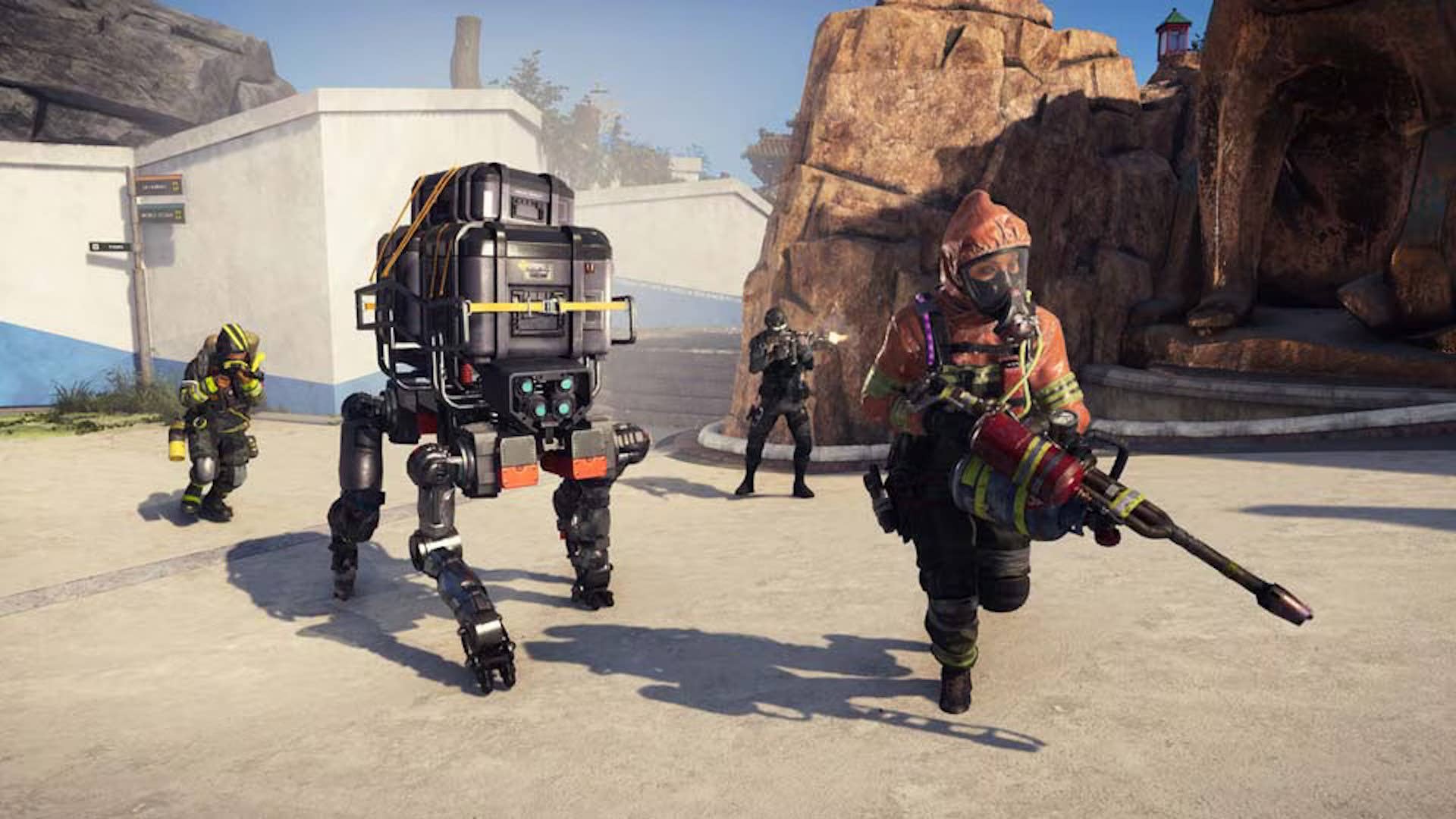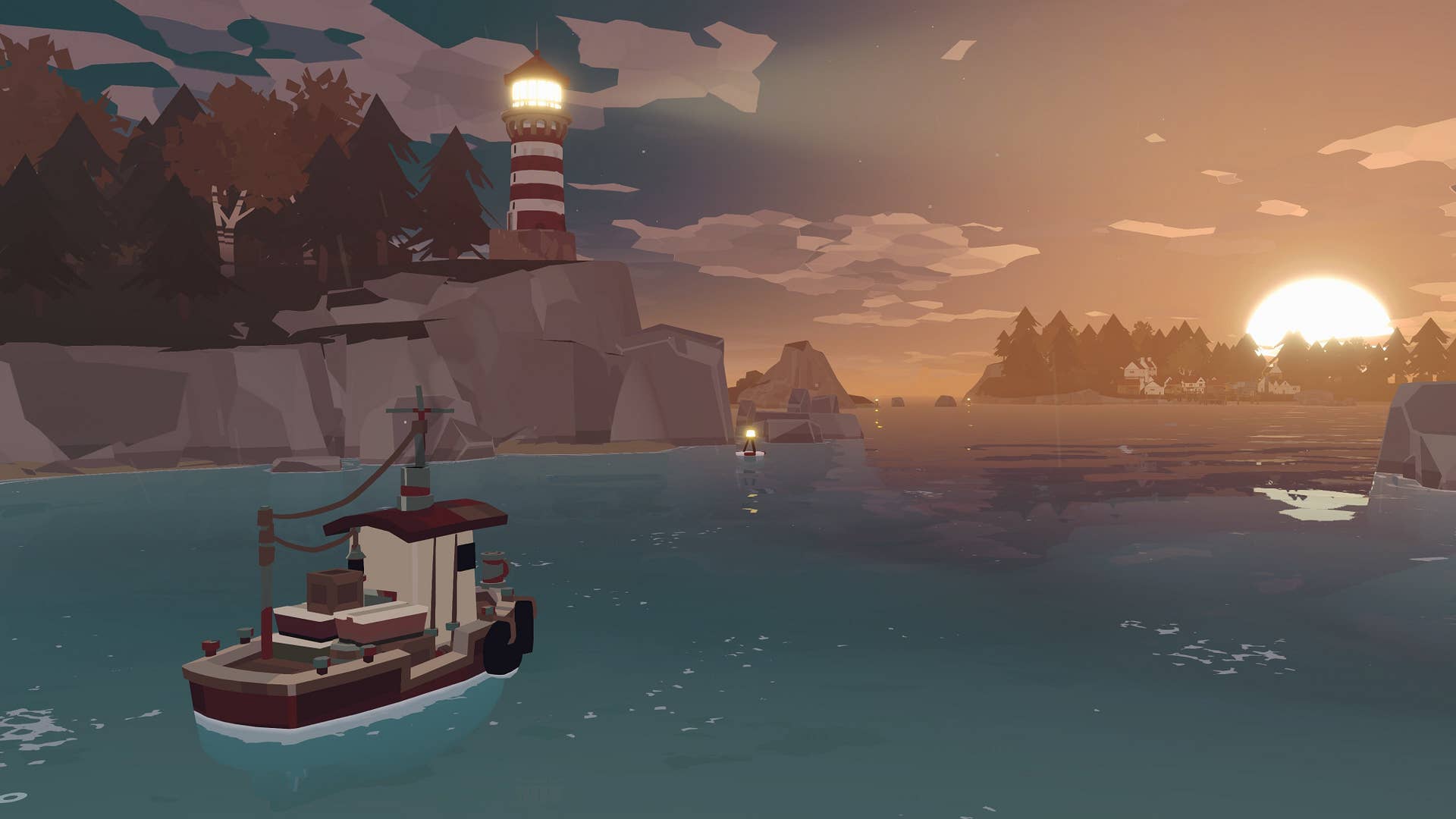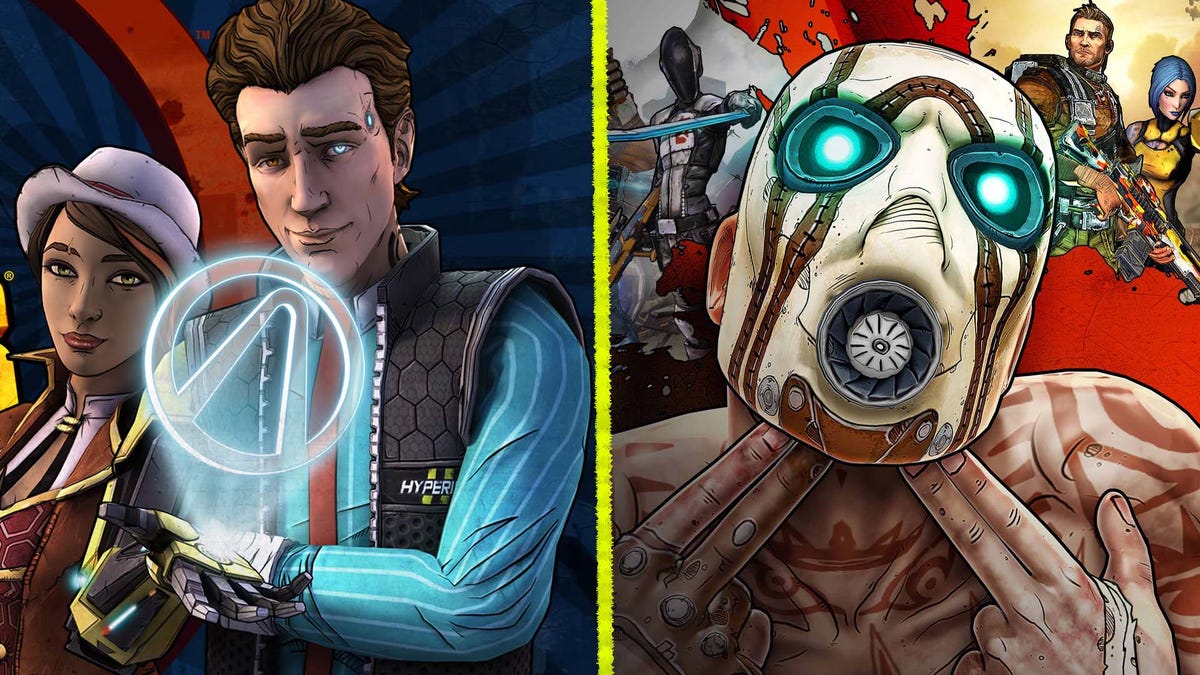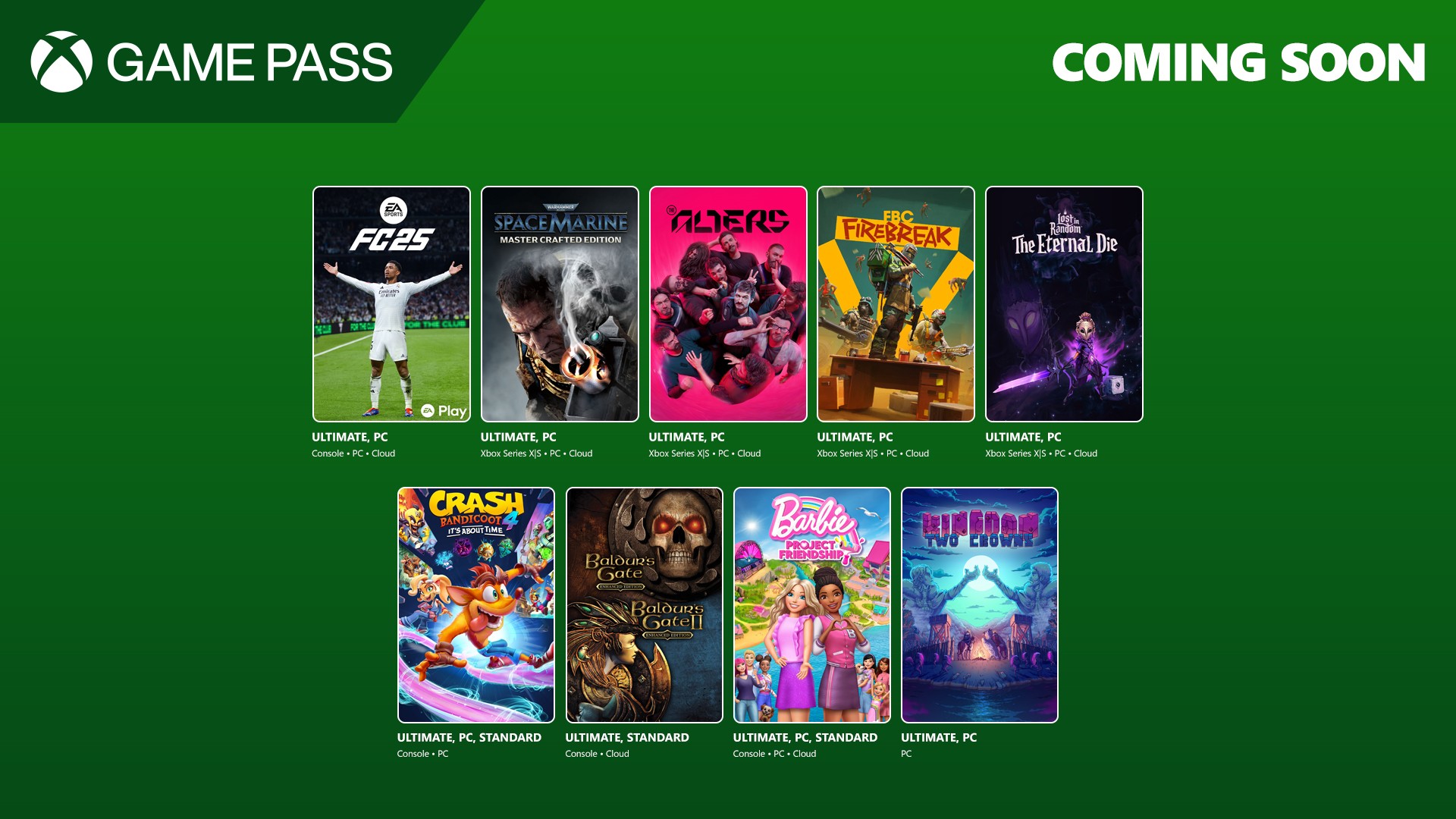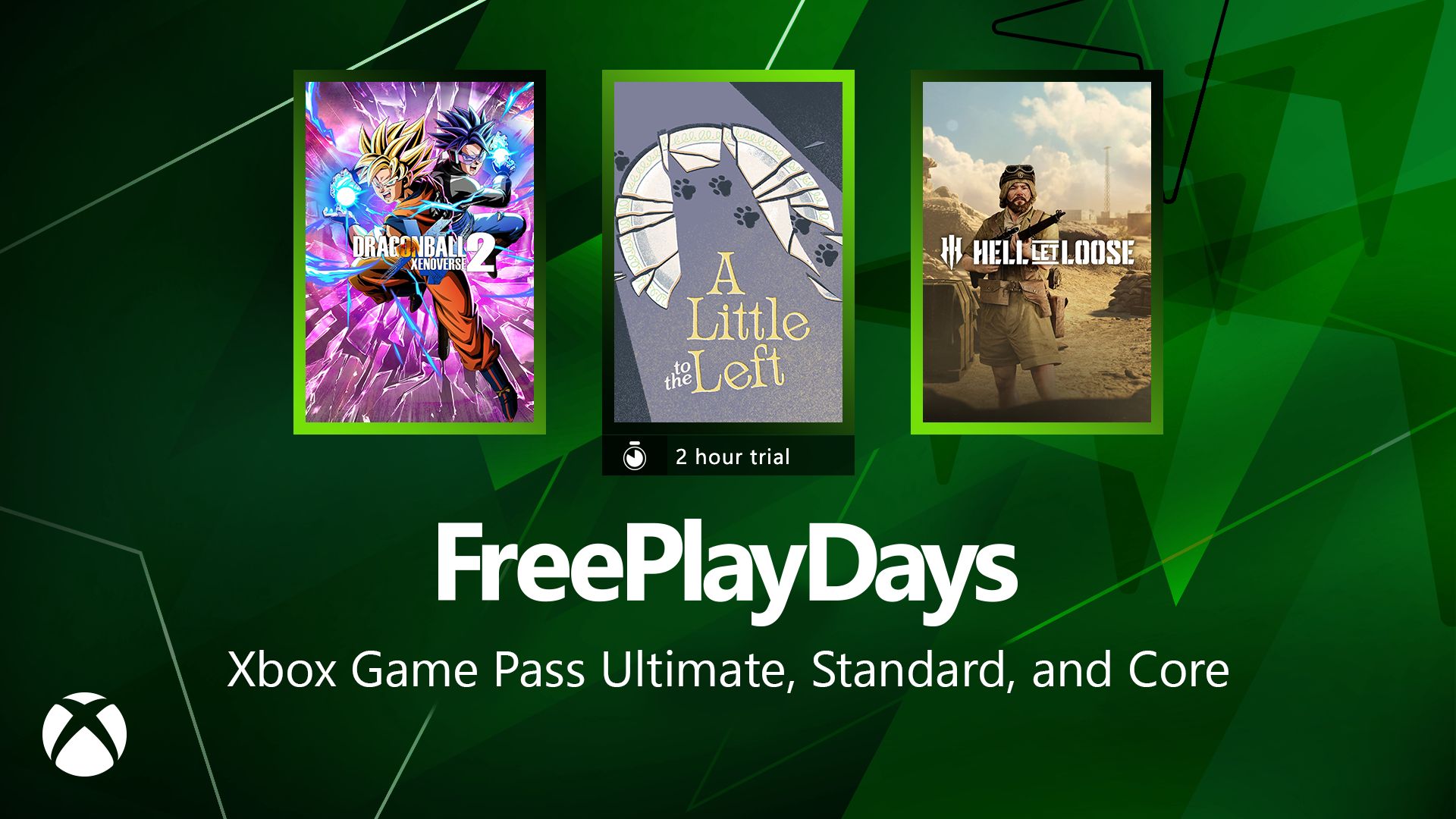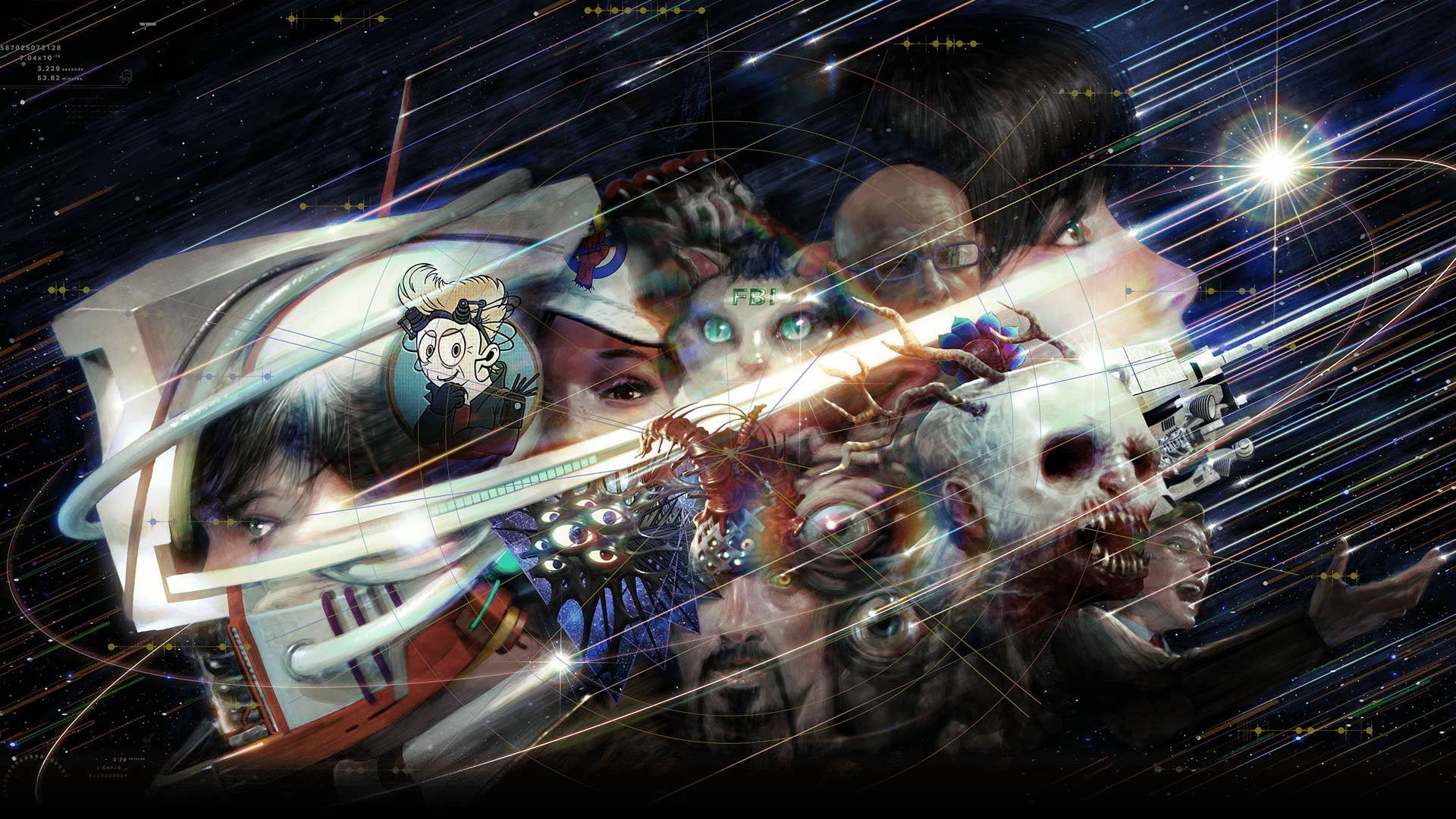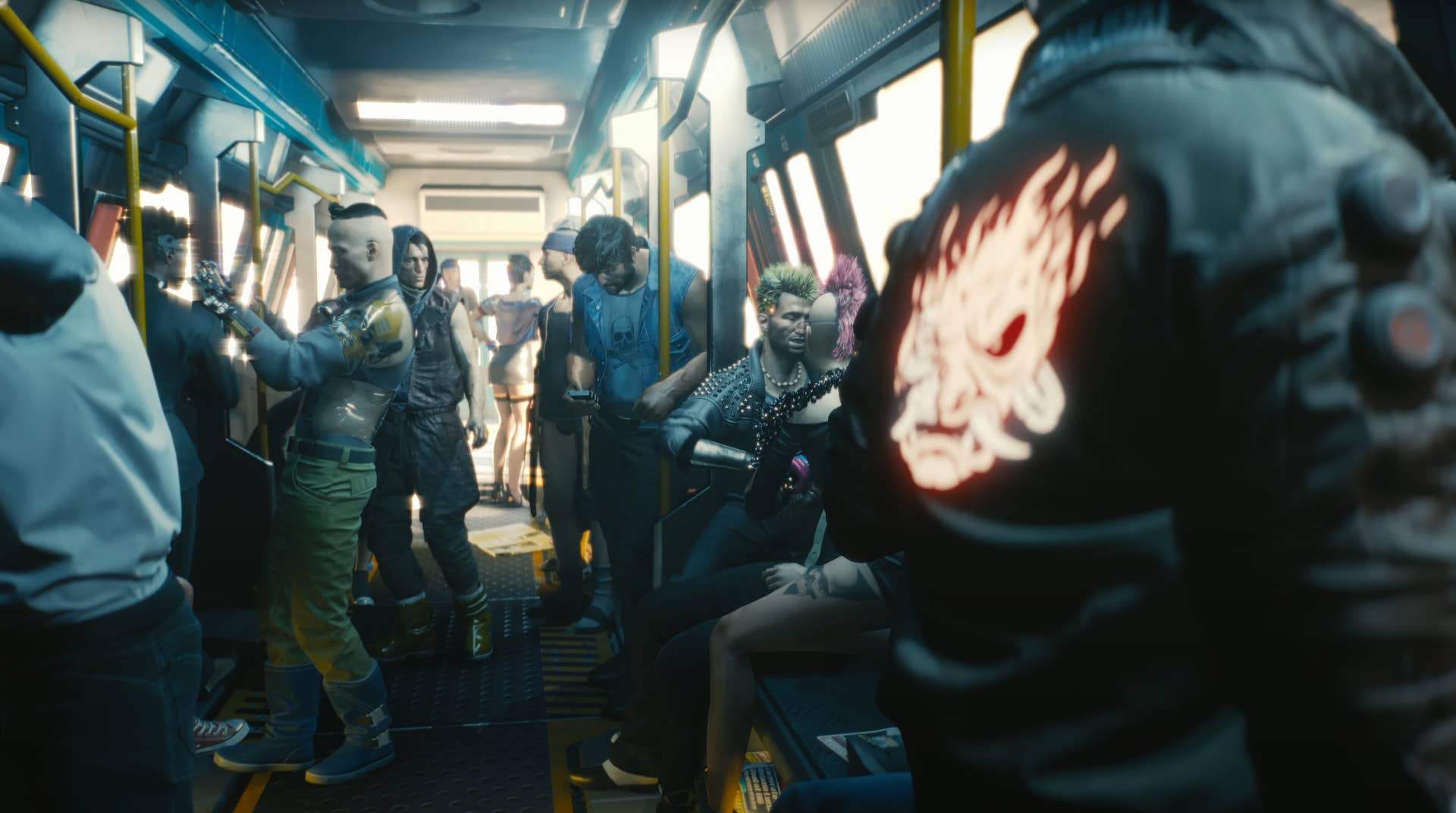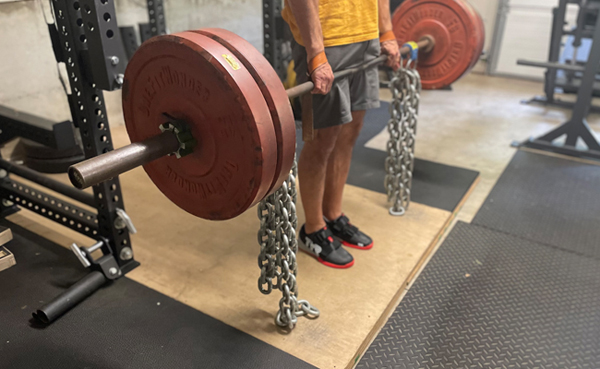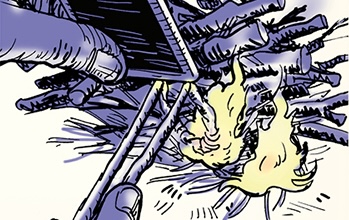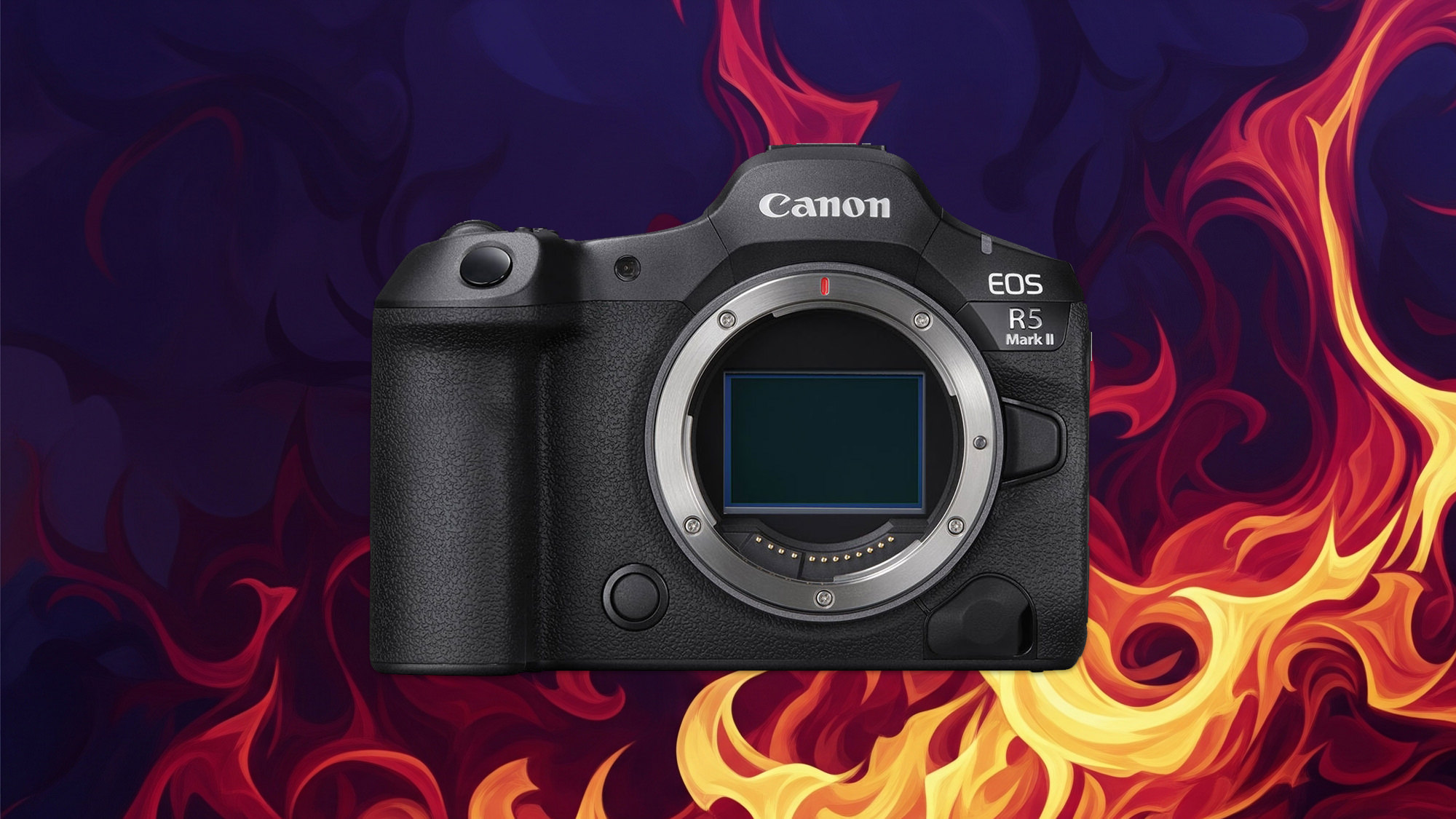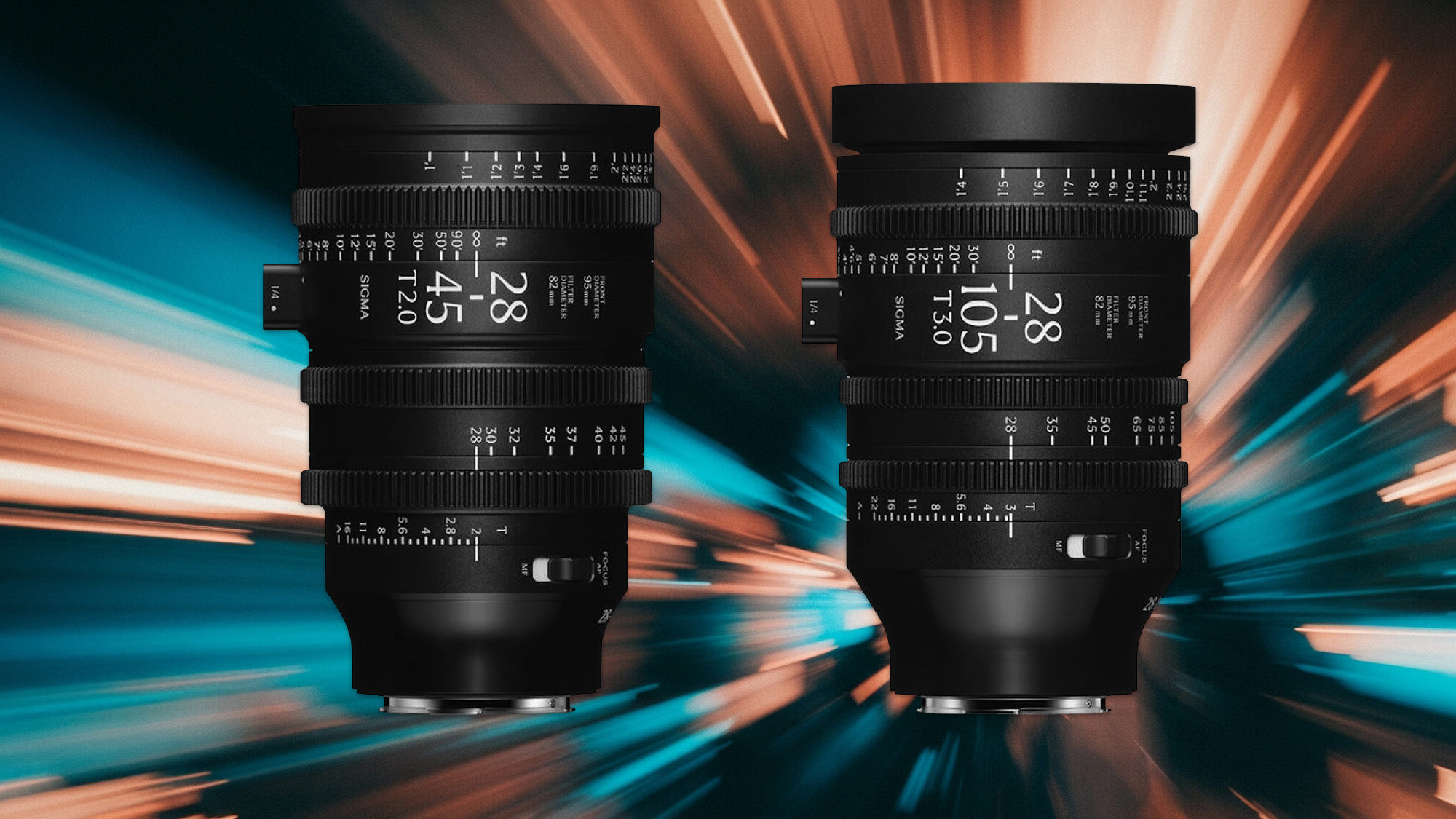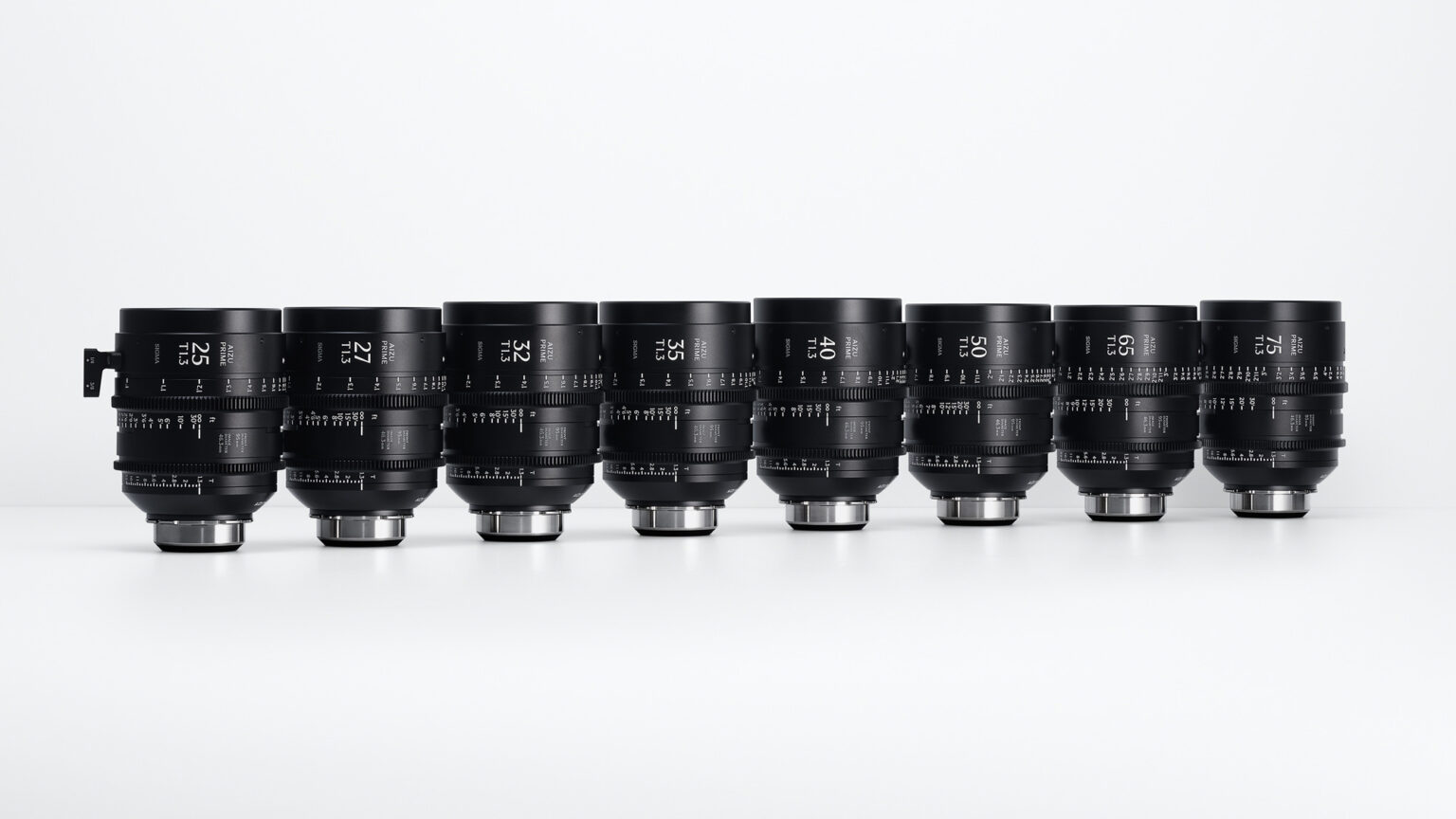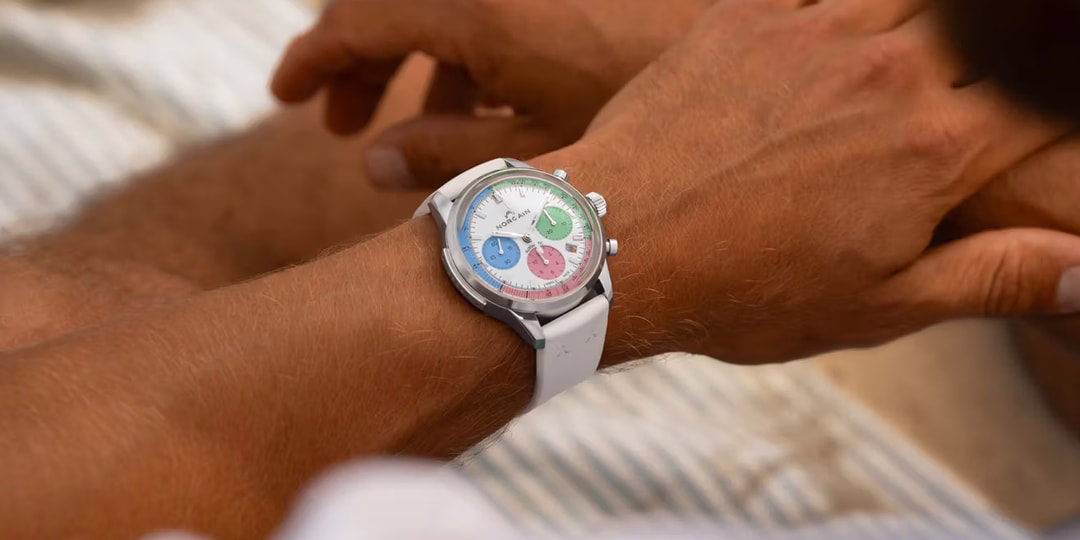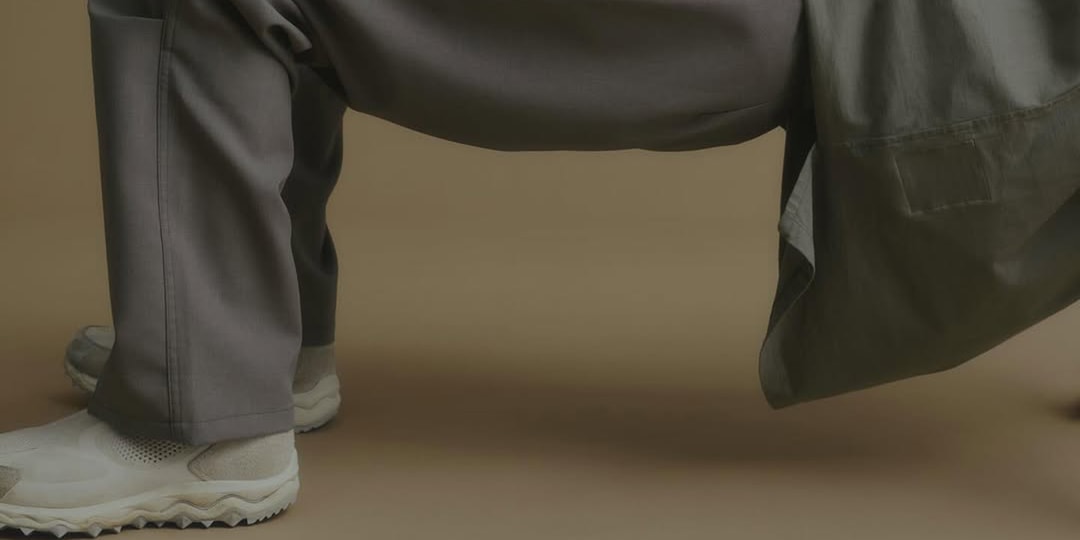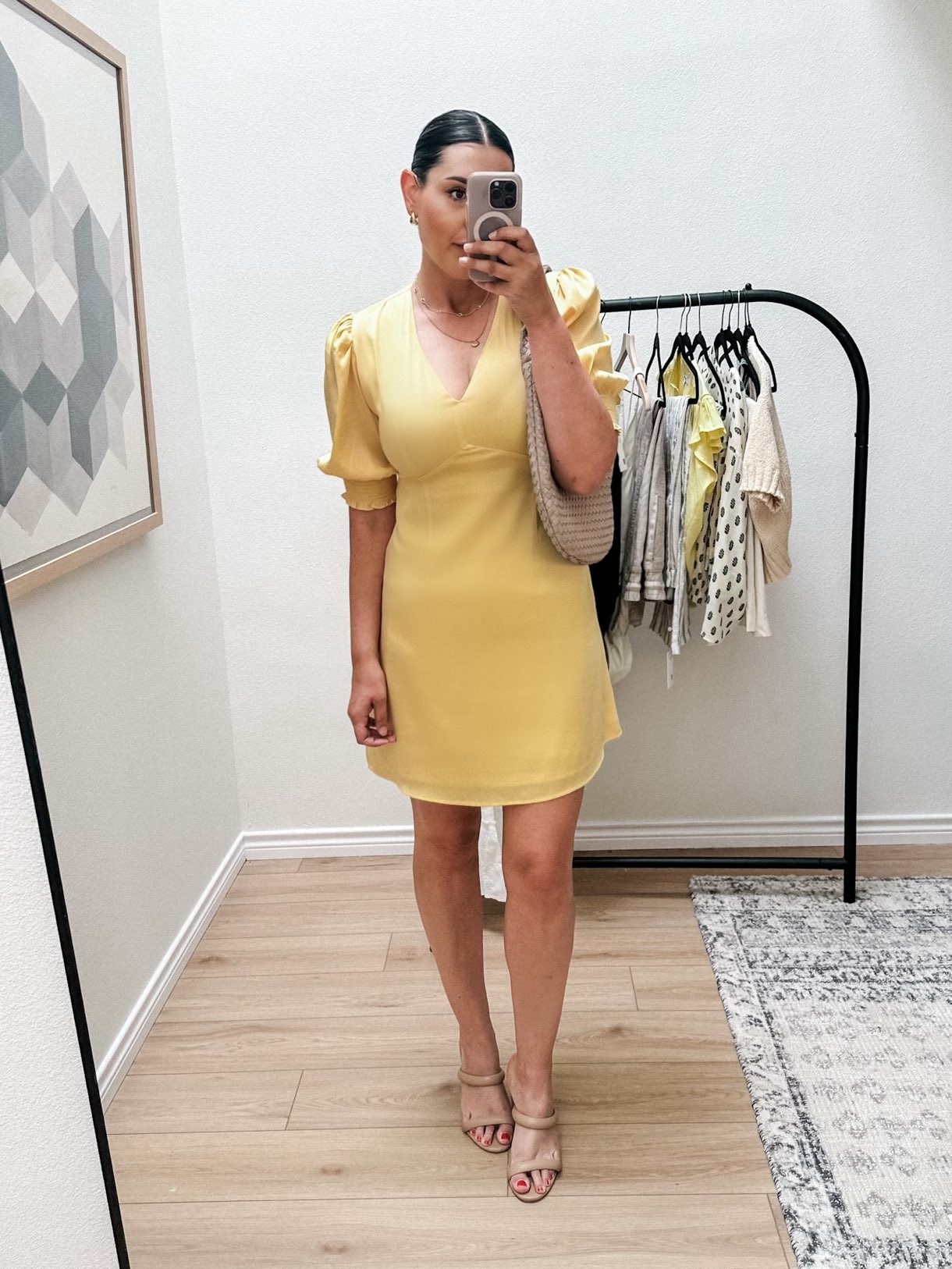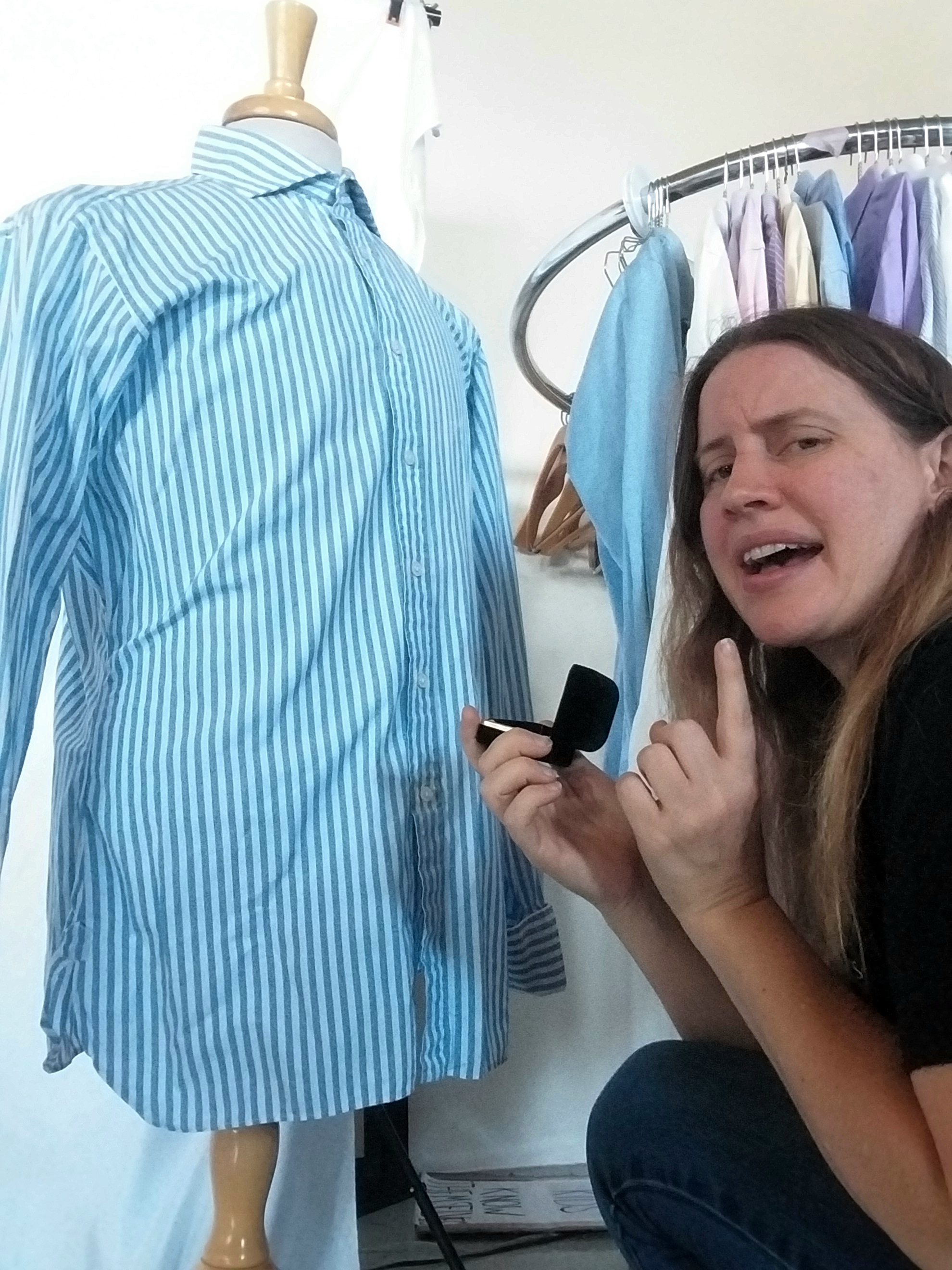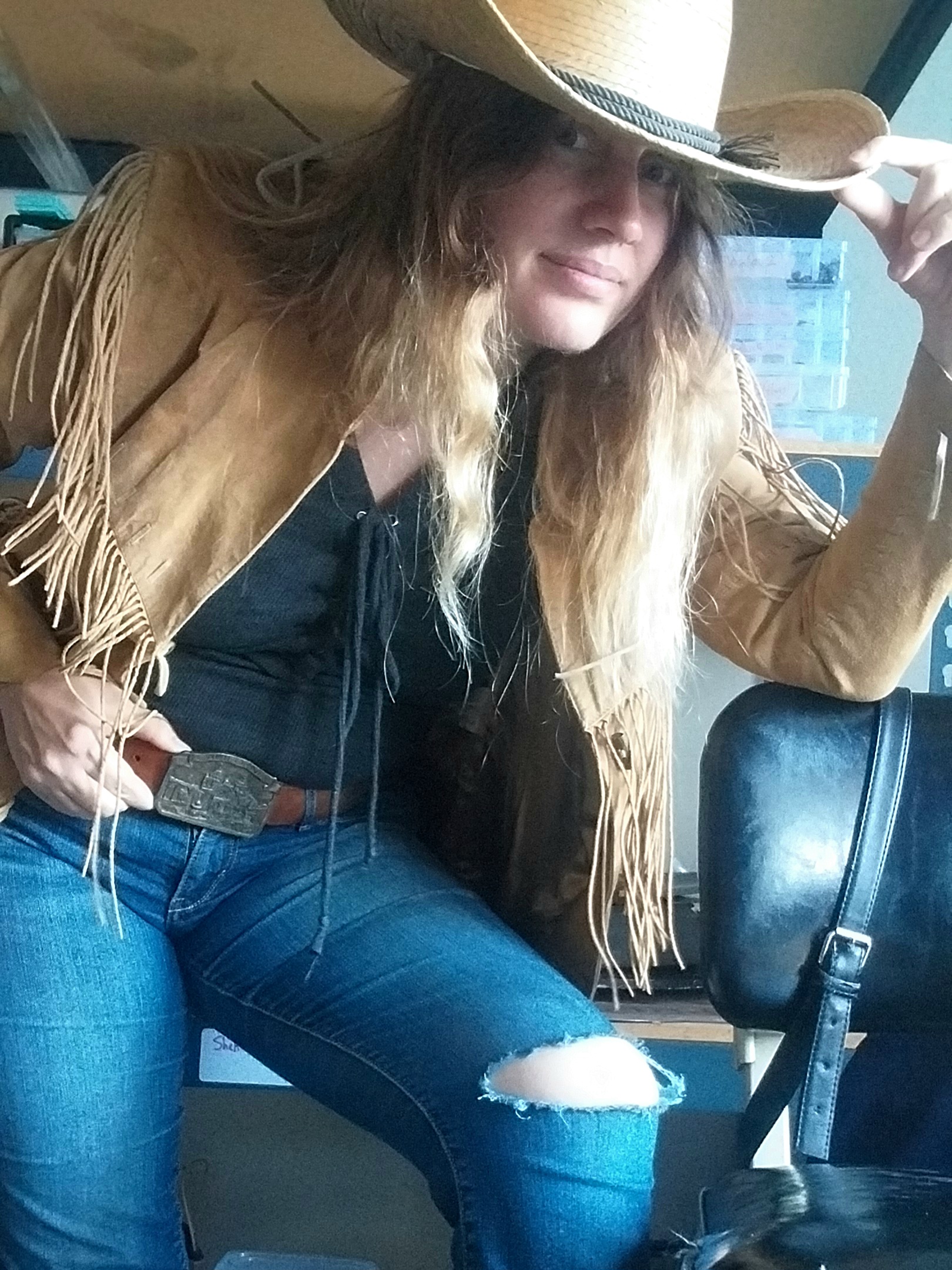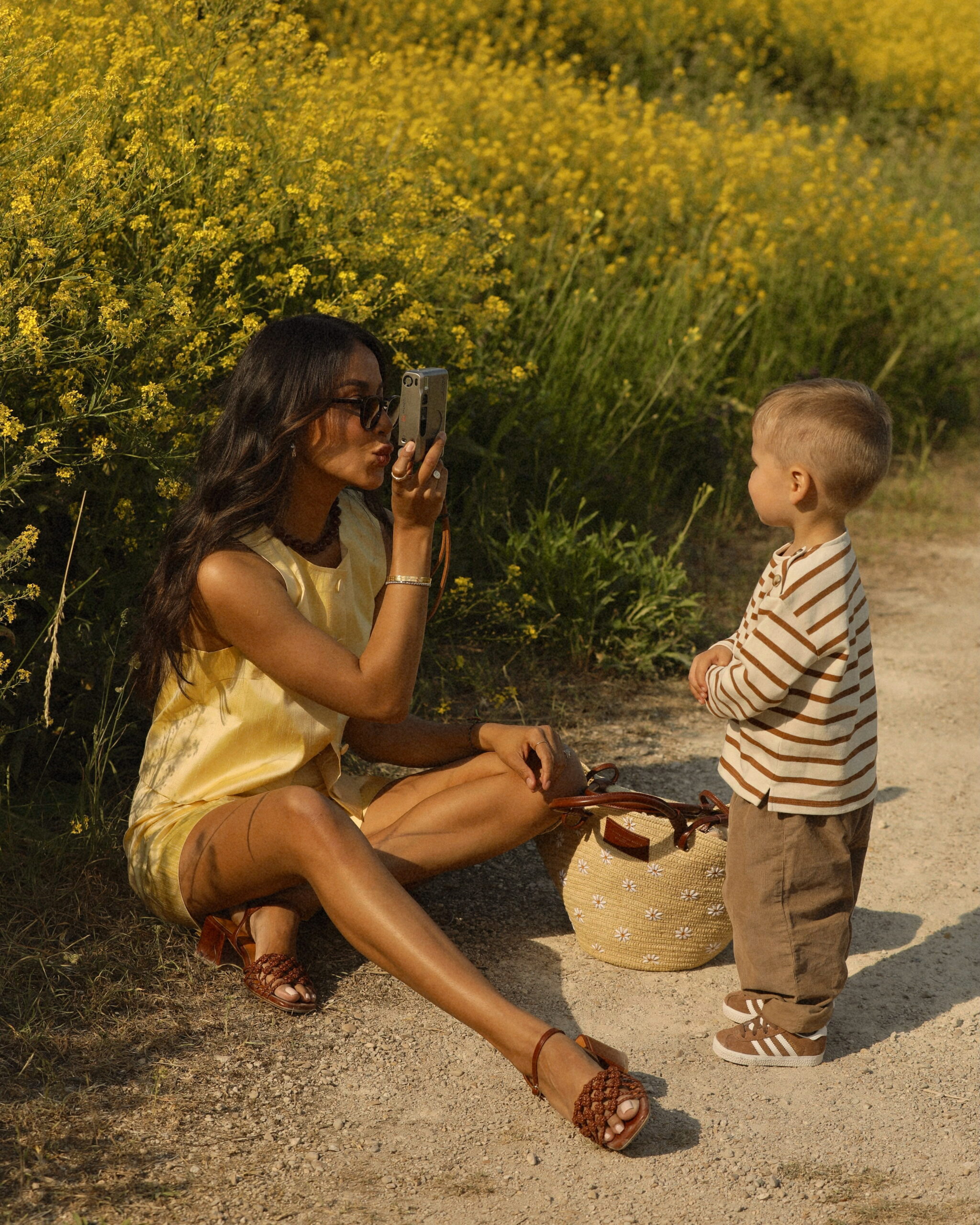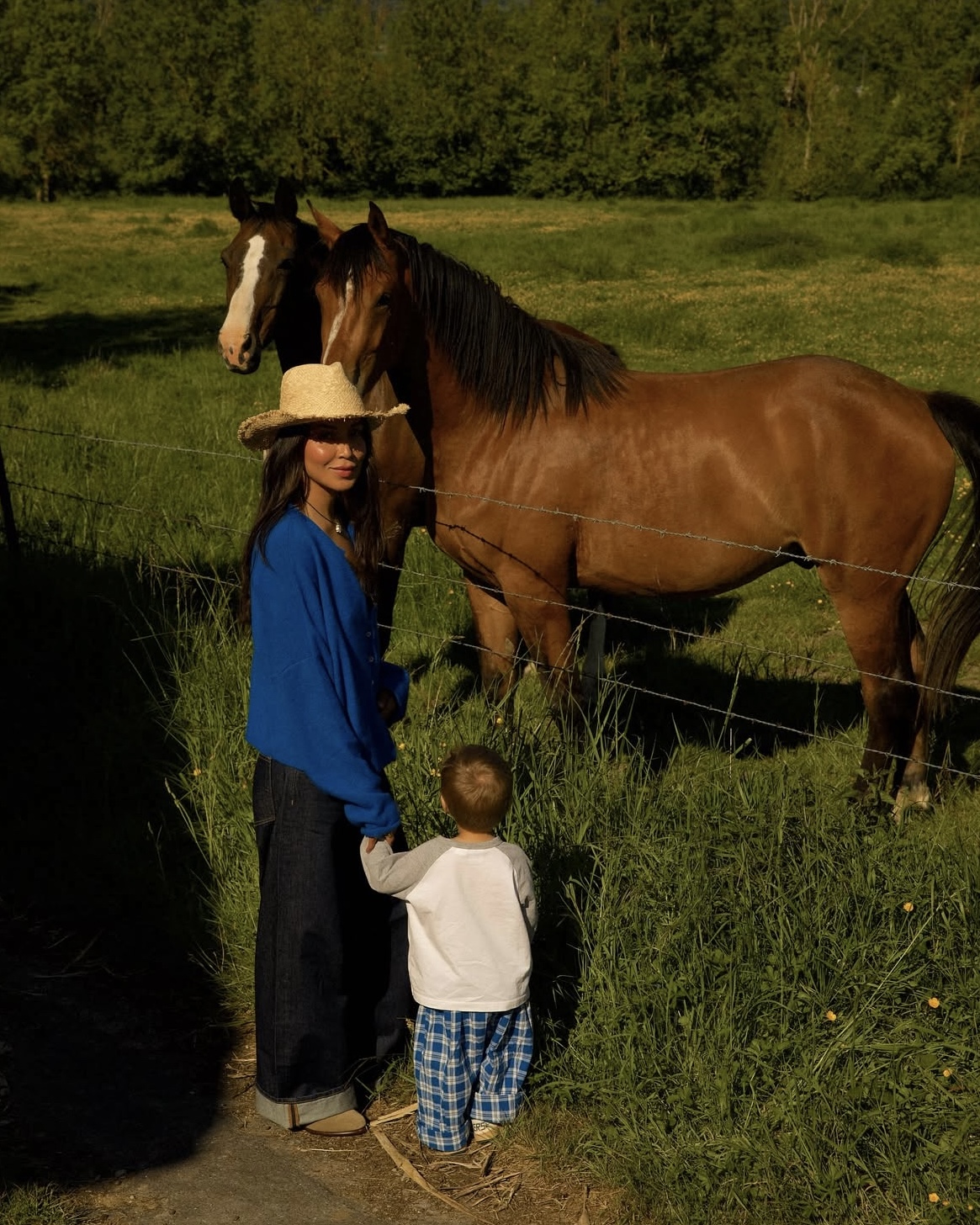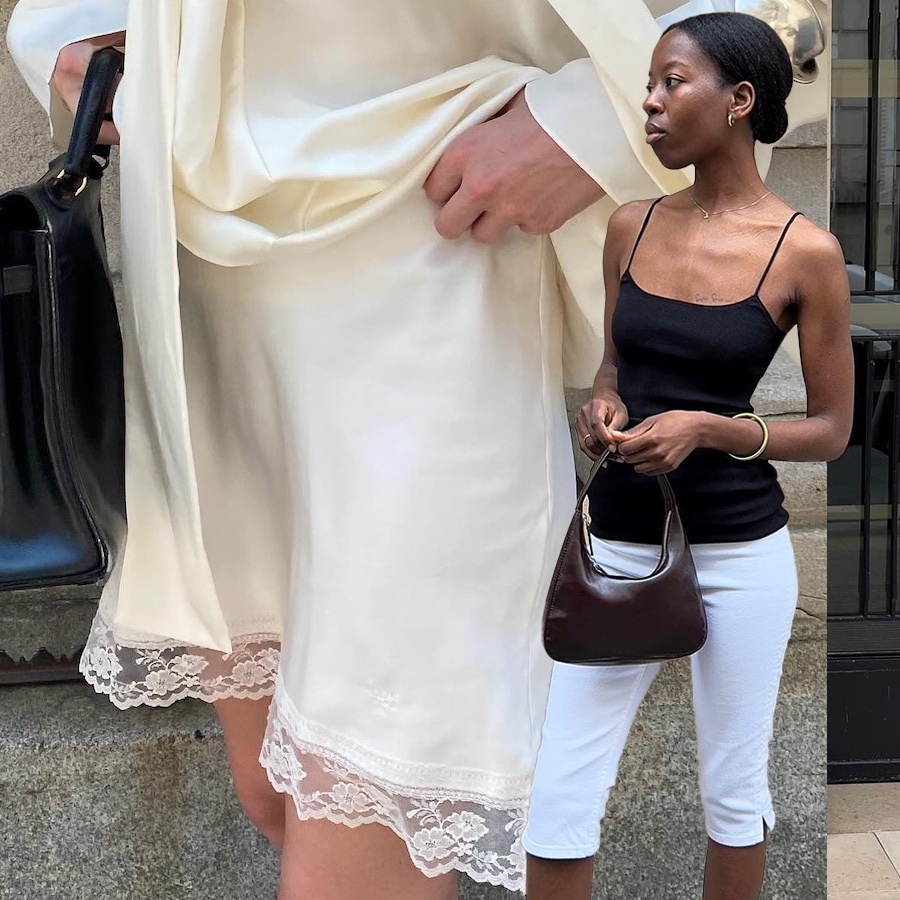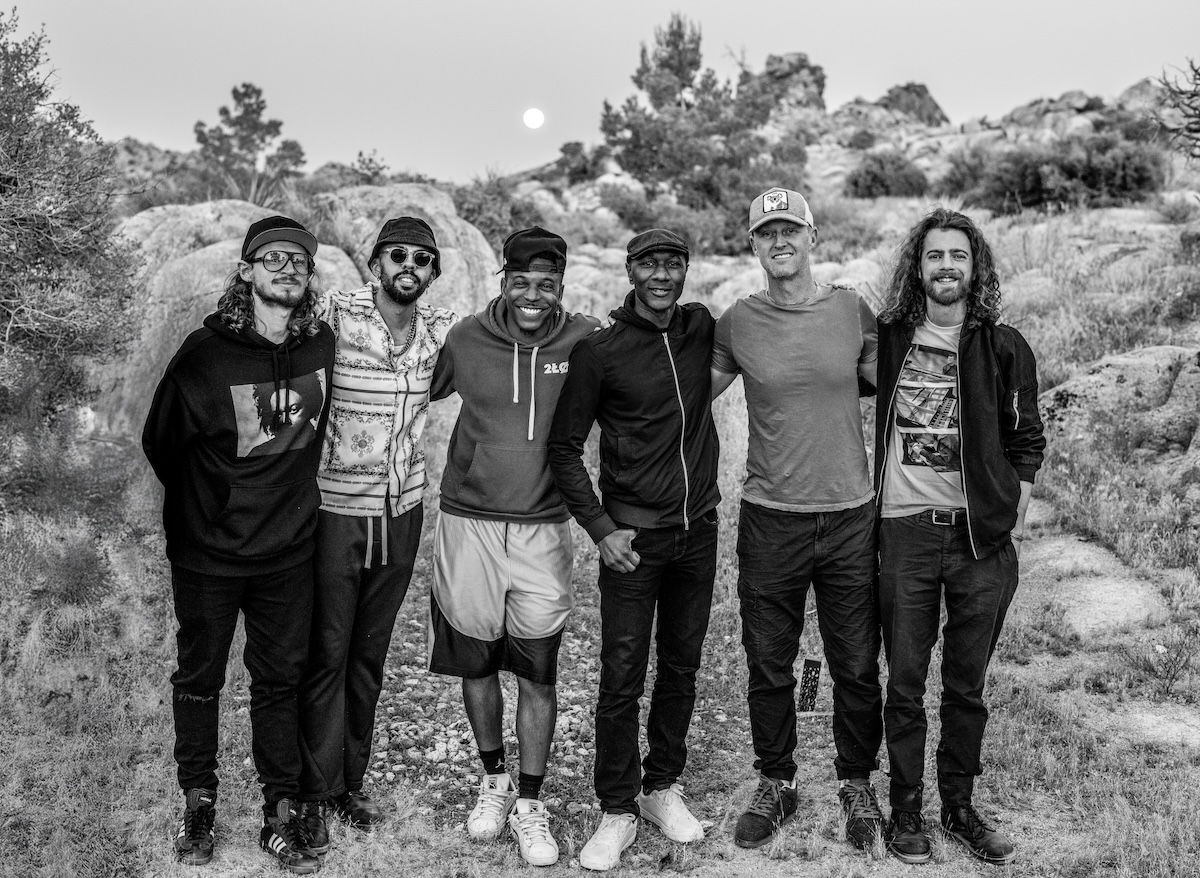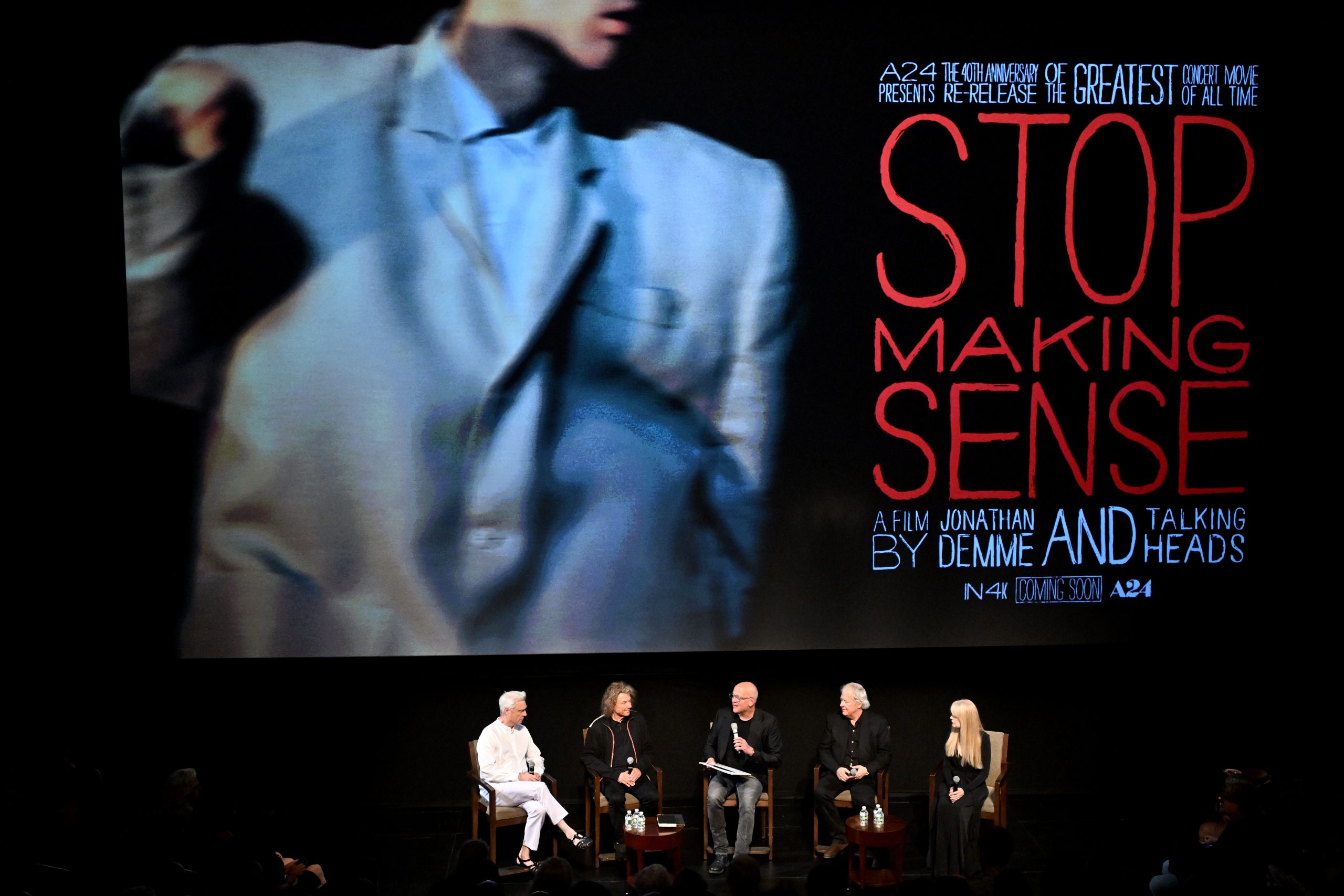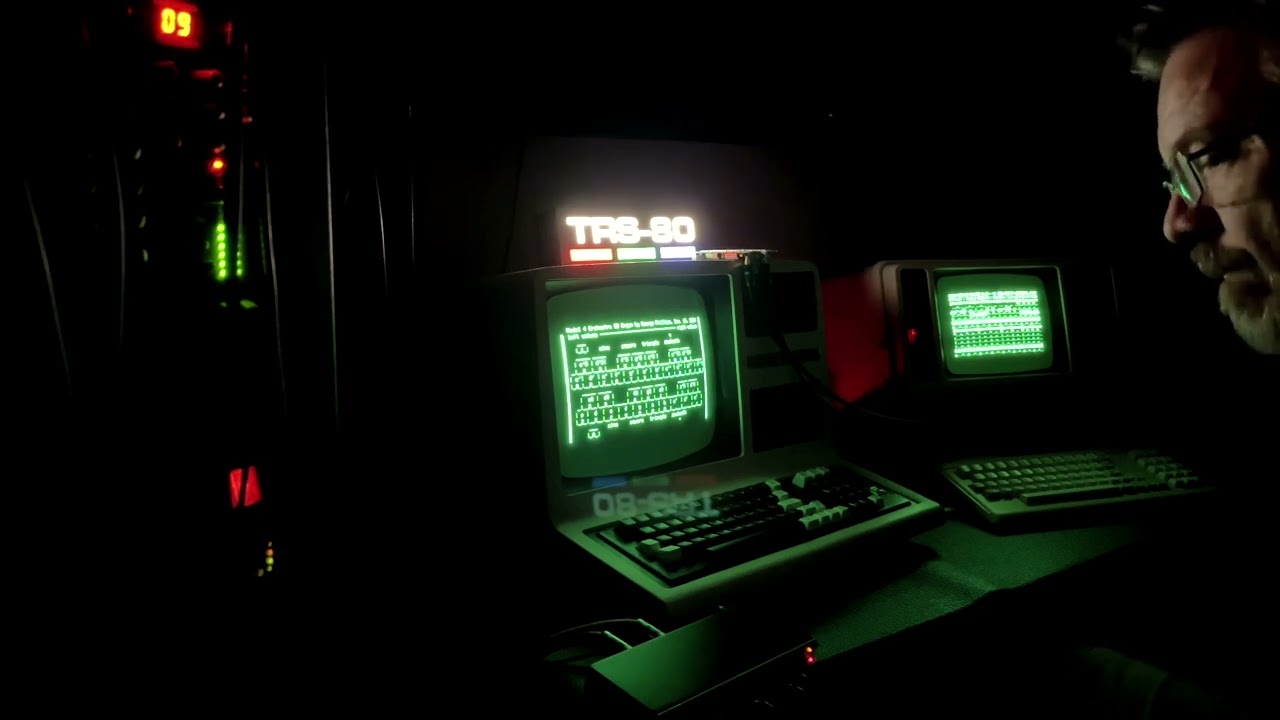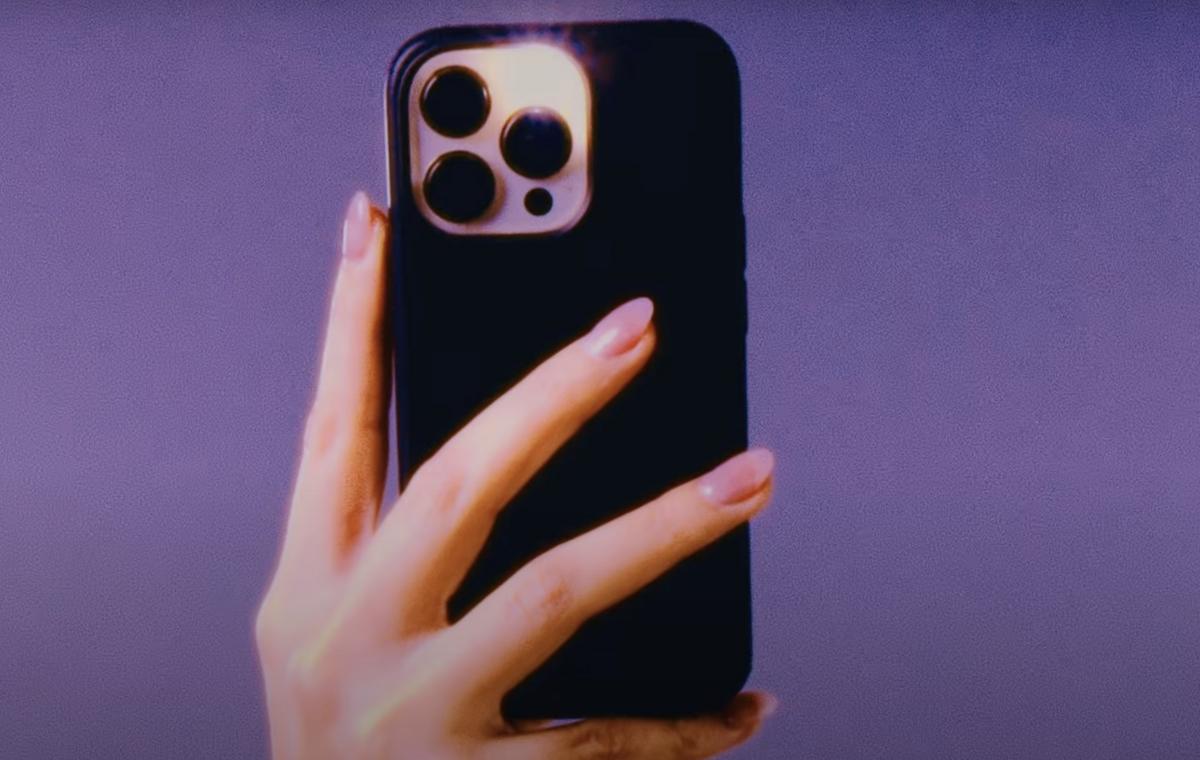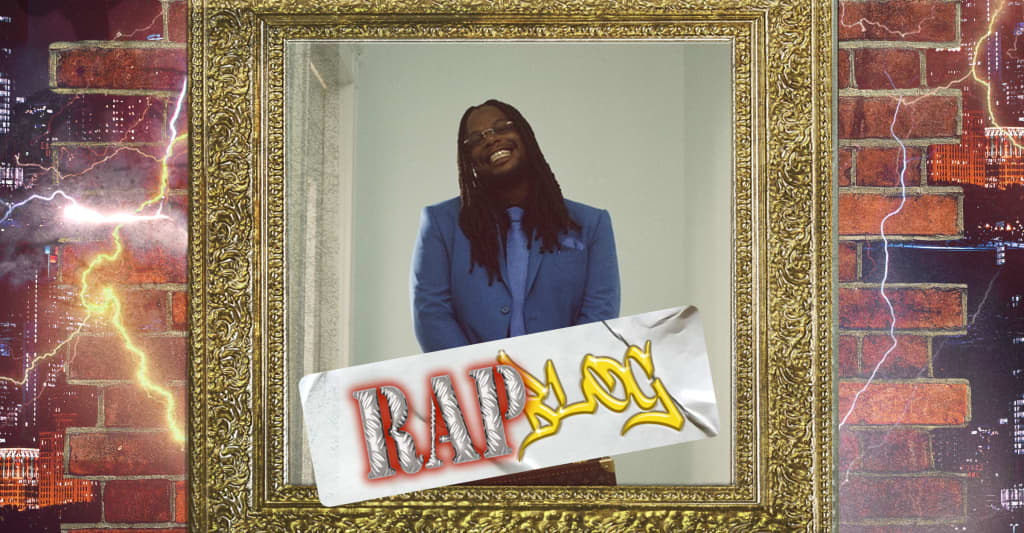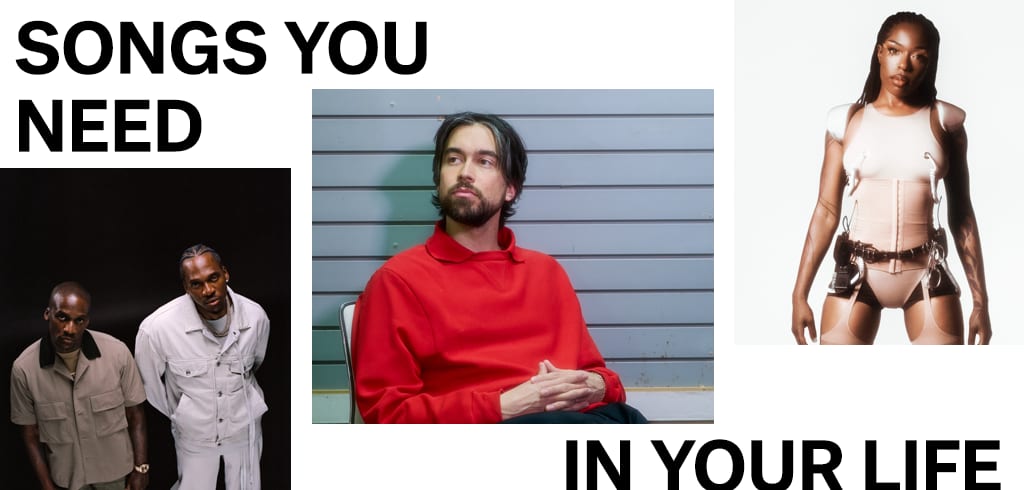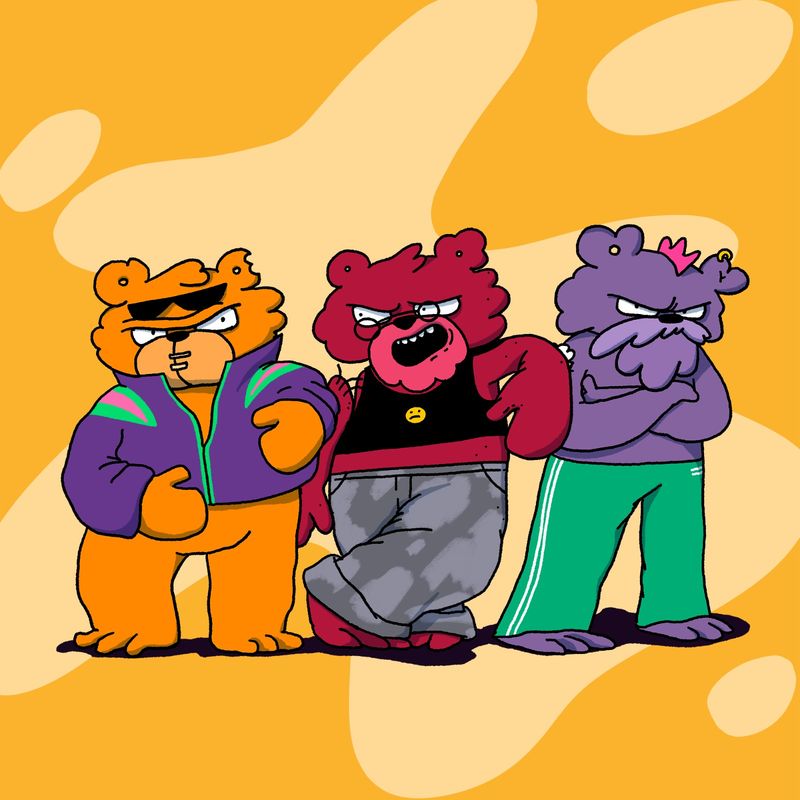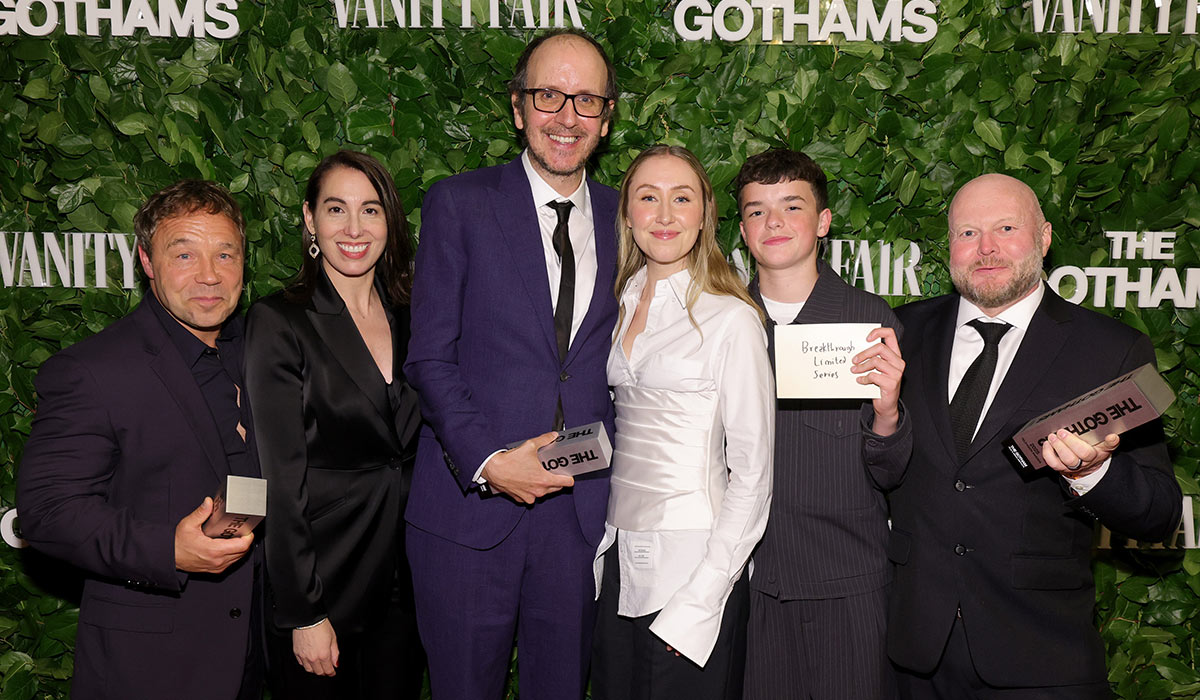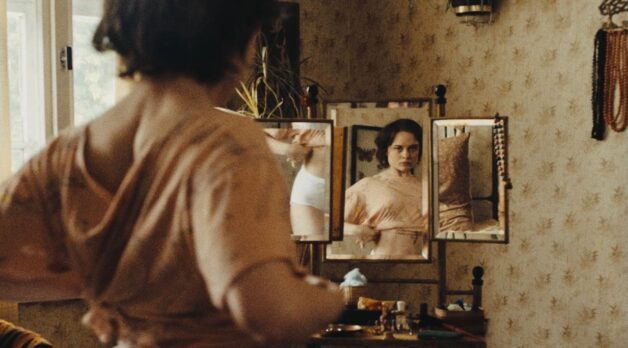Scriptnotes, Episode 687: How to Not Ruin Your First Film, Transcript
The original post for this episode can be found here. John August: Hello and welcome. My name is John August. Craig Mazin: My name is Craig Mazin. John: You’re listening to episode 687 of Scriptnotes. It’s a podcast about screenwriting and things that are interesting to screenwriters. Today on the show, we answer listener questions […] The post Scriptnotes, Episode 687: How to Not Ruin Your First Film, Transcript first appeared on John August.

The original post for this episode can be found here.
John August: Hello and welcome. My name is John August.
Craig Mazin: My name is Craig Mazin.
John: You’re listening to episode 687 of Scriptnotes. It’s a podcast about screenwriting and things that are interesting to screenwriters.
Today on the show, we answer listener questions on first films, adaptations, writers groups, and thematic questions on television. In our bonus segment for premium members, we will play a round of Strong Opinions, a new little game we play in the office.
Craig: Oh.
John: Craig, you have Strong Opinions.
Craig: What?
John: You know, strong opinions about mayonnaise.
Craig: It’s a hard opinions about mayonnaise.
John: Ventriloquism.
Craig: Hard opinions about ventriloquism. Ventriloquism is the mayonnaise of entertainment.
John: Yes. We have a list of, honestly, 300 other topics too. We’ll get to-
Craig: Amazing.
John: -most of these. It’s a-
Craig: We’ll run it down.
John: -free little game we’re putting out there in the world.
Craig: Very exciting.
John: Great. First, we have some follow-up. Craig, last week we talked about tariffs, which was a non-starter.
Craig: Yes.
John: This week, the MPA and all the guilds together have sent a very glowing letter to our president saying, hey, we would really love to have some sort of national film production incentive and other esoteric changes to the tax code, which makes it easier to make these things.
Craig: Yes. If there is a way to somehow backdoor in something that’s really great for our film industry, because the president was suggesting something that would literally destroy it within seconds, that I suppose is a net positive. I don’t think there’s been any discussion like this for quite some time.
John: No.
Craig: If there’s one gift this guy has, it’s that he shows up at your party with an enormous amount of dynamite.
John: Yes, absolutely. It’s like, instead of blowing that up, maybe we could–
Craig: Here’s something like an uncomfortable topic no one else has discussed. Why don’t we do that instead of you just blowing everything up? Listen, fingers crossed. It would be a tremendous thing for, obviously, the crews here in Los Angeles in particular.
John: That would be great. Second bit of follow-up. Way back in 1999, I wrote a scene in the first Charlie’s Angels in which a bird alights on a windowsill, and Bill Murray interacts with a bird, and it’s overheard. Cameron Diaz recognizes the sound that that bird makes and realizes where Bosley has been kidnapped and taken to.
This scene that I wrote innocently has frustrated birders for 25 years because the bird that she says it is, it’s not the bird we see on screen. It’s not the bird we hear.
Craig: No. Birders are notoriously flexible people about this sort of thing.
John: They are.
Craig: That’s why they got into birding.
John: Yes. [chuckles] They’re like, it’s some kind of bird. It doesn’t matter. They don’t care about specifics. One thing I really respect about birders is they’re like, that’s some kind of bird.
Craig: It has wings. it’s a bird. It’s big.
John: It’s a bird.
Craig: Yes. What kind of bird? A big one.
John: I mean, if you confuse a bat and a bird, then they’re like–
Craig: By the way, I have done that.
John: Oh, yes.
Craig: To this day, whenever I see swallows or something, Melissa’s like, “Ooh, swallows.” I’ll go, “No, those are bats.” It makes her insane because she’s a birder.
John: Oh yes. That’s good. Yes. Forrest Wickman is the writer from Slate who was first annoyed by what had happened here. This has already been a podcast episode of Decoder Ring, Willa Paskin’s great show. Now there’s actually an article we can link to, which is a much longer history of and more detailed about the work he did to figure out what went so wrong with my script and all the subsequent scripts.
I didn’t write Pygmy Nuthatch. Pygmy Nuthatch is funnier. I picked a bird that actually made sense. Then over the course of the 16 other writers who worked on Charlie’s Angels, it all drifted away. Then ultimately the bird that they picked for it, you cannot actually film because you’re not allowed to own the bird. They talk to the animal handlers, talks to everybody. It’s just a good lesson in sort of how, quote unquote, “mistakes” in movies happen.
Craig: Sounds like a whole lot of apologizing for some terrible behavior, John. Sounds like you’re making a lot of excuses for a very hurtful thing that you did. That– who’s this guy?
John: Forrest Wickman.
Craig: Is still talking about 20 years later.
John: Yes. When they reached out to me about this, this was almost a year ago-
Craig: Jesus.
John: -I did not remember that there was a bird in Charlie’s Angels. That’s how long ago it’s been.
Craig: I don’t even know what to say. There are a lot of problems in the world. It’s not that we can’t be frivolous, but there has to be some limitation to the frivolity, especially if you’re doing it under the guise of your professional work. I am going to spend a company’s time and money to chase this down. Pygmy Nuthatch is a very funny name.
John: It is a funny name. Ultimately that’s my argument. We can’t quite figure out who wrote Pygmy Nuthatch. It could have been Zak Penn or Susannah Grant or anyone of the other people who worked on this movie.
Craig: They won’t remember either.
John: No, but it’s the funniest name.
Craig: No, it’s very funny. Does he not get that that’s why that happened? [chuckles]
John: He does understand it.
Craig: Oh, he does?
John: Yes.
Craig: Oh, that’s great.
John: Also, then why is the Pygmy Nuthatch not the bird depicted there? Why is the bird called not even matching the bird that’s there?
Craig: He doesn’t know how any of this works?
John: Well, now, if you read this article, you’ll understand how Hollywood works.
Craig: Oh, he figured it out.
John: He interviewed everybody. He did the journalist’s job of actually going and figuring out– finding the answers.
Craig: Good. There are serious problems that need to be uncovered. [laughs]
John: There’s also trivial problems. Sometimes the trivial problems are good.
Craig: I guess.
John: Honestly, the puzzles you’re solving every day are just for your own enjoyment. This is enjoyable for him.
Craig: Yes, but I’m not convincing people to watch me solve– Maybe I should. Maybe I should go on Twitch. There’s a guy named FoggyBrume. I’ve probably talked about FoggyBrume. No? He’s the editor in chief of P&A Magazine, Panda Magazine, which every couple of months has a quite difficult puzzle suite. For the elite people, I think it’s sort of like– it’s medium.
Foggy, every now and then, will go on Twitch and solve a cryptic crossword puzzle by a publication in England called The Listener. The Listener’s cryptic is insanely hard, and people will show– I’ve showed up to watch him do it, and he struggles, and then he does do it. He’s very, very good. Maybe I should– yes, I’m going to start a Twitch channel. Solve Cryptics with Craig.
John: Honestly, we’re going to have a Scriptnotes YouTube channel now. That could be a place where you can solve some [crosstalk]
Craig: Let’s do it. I’m going to do it.
John: Yes, absolutely.
Craig: We’re going to teach people cryptics, and we’re going to solve cryptics with Craig.
John: One of your big puzzle friends is a guy named Dave.
Craig: Dave Shuken.
John: Dave Shuken. I met Dave Shuken.
Craig: What?
John: I’m going to tell you this. I met him at Rachel Bloom’s birthday party. Rachel Bloom had a birthday party where she had a spelling bee, and Dave Shuken was the moderator for the spelling bee.
Craig: Dave Shuken seems to be at the hub of many moderated games of intellectual adventure.
John: A bunch of our people we know were there. I finished third.
Craig: Okay.
John: Yes.
Craig: Spelling bee, as in the New York Times spelling?
John: On, no, no. A classic grade school spelling bee.
Craig: Also the thing that Dave Shuken would be excellent at.
John: He was excellent at.
Craig: Dave’s knowledge of everything is startling. Everything.
John: I have to say, adult spelling bee is a good choice for a party theme.
Craig: That’s fun.
John: Yes, it was good.
Craig: Yes, I love that. Third. Who won?
John: Rachel came in second, and I’m blanking on the guy who won first. He’s a director who used to work on Crazy Ex-Girlfriend.
Craig: Okay, but that guy.
John: That guy.
Craig: Tip of the hat to him.
John: More follow up. We have one here on 36 Questions, which was a thing I brought up in a previous episode. Maybe you weren’t there, but 36 Questions– Oh, actually, it was in the Leslie Hedland episode that you weren’t here for. This sort of famous list of 36 questions to bring closeness between people. Questions to ask each other, so romantic partners but also just strangers to get to know them. We follow up on this from Kamel in Zimbabwe.
Drew Marquardt: Kamel writes in response to John’s One Cool Thing. “I wanted to make you aware of 36 Questions, the podcast musical with Jonathan Groff and Jessie Shelton. It’s my all-time favorite musical. I don’t want to spell the plot, but they use the 36 questions to follow two characters on an auditory journey.”
Craig: Wow.
John: Jonathan Groff.
Craig: Jonathan Groff. Never bad.
John: Never bad.
Craig: Always good.
John: Always good. We’ll put a link in the show notes to that. All right, let’s do a little bit of news here. First off, we have a summer intern. Drew Marquardt, once upon a time, was our summer intern. He’s now our Scriptnotes producer. Our new summer intern is Sam Shapson. Welcome Sam Shapson.
Sam Shapson: Hey, guys. Good to be here.
Craig: Sam Shapson is hard to say thrice quickly.
John: It is. It’s a challenging name.
Craig: Sam Shapson, Sam Shapson, Sam Shapson. Yes, it’s hard.
John: Yes, you do it.
Craig: It’s hard.
John: One of the things that Sam is working on this summer is getting our Scriptnotes YouTube channel started up. We’ll have longer form episodes of things we’ve done. We’ll bring over your How to Write a Movie episode, which we put up on YouTube. Episode 99, the Psychotherapy for Screenwriters. Sam’s also cutting little short things, which are delightful for YouTube when you just want little blips.
Craig: Amazing. Welcome aboard, Sam. Happy to have you here. Do a good job this summer, you know. It’s crucial. It’s a crucial summer in your life.
Sam: I will try my best.
John: All right. Second bit of news, Craig and I are planning to attend the Austin Film Festival at the end of October.
Craig: Again?
John: Again. Why not? October 23rd through 26th is the screenwriting portion of that. We’ll be there. Drew will be there. We’ll probably have a Highland event there. If you’re thinking about like, what do I want to do? Do I want to go to Austin this year? If that helps sway you in the decision of Austin, great. It’s cheaper to book hotel rooms now than down the road. Just wanted you and people to know that.
Let us get to our questions. We have so many questions to get through. I pulled out two of them as more marquee topics. The first one is from Tyler. Drew, would you read this question from Tyler?
Drew: “I loved your Scriptnotes episode about writing a movie to argue a thesis. How do you adapt that method for television? Specifically, how do you break the show’s thesis into sub-theses that argue the show’s thesis across episodes while serving as theses for complete standalone stories within an episode? Moreover, how does this process differ between miniseries, where you know the whole arc and episode constraint at the outset, and ongoing series where you don’t?”
John: Great.
Craig: That’s a great question.
John: It’s a good question. This is referencing back to something we just talked about, which was your episode on how to write a movie. It was really about arguing a thesis, and so talk to us about what you mean by a thesis.
Craig: It’s a simple argument, some statement about something that people could disagree on or could argue either position for. Your movie is often about a character who believes one side of that argument. By the end of the movie, through the events that you’ve put that person through, they now believe the opposite side of that.
John: Absolutely.
Craig: We think of it as a character arc, but a lot of times character arc implies that they just went somewhere, but this is about, okay, everything along the way is getting to that argument. The people they meet show them other possible answers to that argument. They try to maybe dabble believing the other side of the argument. They get punished for it.
They end up in a terrible place where they definitely don’t believe what they used to believe, but they’re not brave enough to believe what they should be believing. Then through some climactic action, they behave in accordance with this new way of thinking, even at great personal risk.
John: Absolutely.
Craig: It’s pretty standard across the board stuff.
John: The kinds of things we’re talking about are also the same space as a central thematic question, the central argument of a thing. It’s basically, what is it that we are grappling with?
What is the idea that we’re grappling with, and how are we creating characters and situations that grapple with this? What you’re speaking about specifically in a movie is that, generally, over the course of the movie, a person will enter with one perspective on this central dramatic question and leave change with a different answer to the same question.
Craig: The opposite answer, often. For television, it’s a bit different. I’ll be honest. I don’t know the answer to one of those questions, which is how do you do this when it’s an ongoing series where there is no planned end? I don’t know because I’ve never worked on a series like that. I know what the end for The Last of Us is, and I’ve always known. That’s different.
John: We’ve had guests on the show who have had to do this, and so I would reach back to some of the really talented showrunners we’ve had in these podcasts with us. They often talk about the blue sky phase at the start of a season, where they’re really talking about, what is it we want to explore this year? Ultimately, they are still wrestling with the same question that the show is fundamentally about, but how are we doing it this year, and what are the ways in which we’re exploring this question this year?
Whether it’s Frasier or The Good Wife, they’re going to be thinking about how it is they’re going to tackle the kinds of questions that their show is tackling in this next year and how they’re going to break that out over the course of the season.
Craig: Yes. it’s probable that people that are on ongoing shows do think just in terms of the season as a movement. There is a beginning, middle, and end to the season. If it is a drama or if it’s a comedy that is episodic, meaning one episode leads into the other story-wise, as opposed to self-contained episodes that don’t, then yes, there’s going to be something that gets pulled through. You’re thinking about a big circle for the season.
Somebody is going to go on this thing, and they are either going to go from I believe one thing to I believe the opposite, or they’re going to go all the way from I believe one thing to I still believe, and in fact, I believe it no matter what. The episodes themselves are like their own little circle. There’s circles inside of circles inside of circles. Every scene should have somebody changing somehow.
There should be a thesis at the beginning of the scene that gets disrupted through antithesis, and we have a new synthesis, and so on and so on. It’s just circles inside of circles. That’s how you do it.
John: Another distinction I would make is that, in a movie, the central character and the movie are trying to answer the question, at least answer the question for that character in the course of this story. In this series, especially an ongoing series, you’re not looking for the answer. You’re exploring the question, and exploring the question is a valid choice. You don’t have to get to an answer.
Craig: That’s right.
John: There’s no final answer. There’s no total victory. It’s just how do you wrestle with this question?
Craig: Television does allow you to give people the experience of going somewhere at length. When you go all the way through, at some point, you can see how the end is more about a wistful goodbye than it is about people learning things or concluding. In movies, you really do feel like, when there’s a happy ending, that the ending of the movie is the best and most important day of that person’s life, and everything will be fine from here on out.
John: Series can end, even like ongoing series can end. Six Feet Under has one of the best endings of any series ever. If I had to say what is the central question it’s grappling with, it’s like, how do you live when you’re confronted by death constantly? How do you live knowing that you’re going to die? The final episode, that grapples with that for all those characters in a way that’s thematically satisfying, but each individual episode is also about that.
That’s always the tension within the episode. The Wire, season by season, it’s about the systems we’ve built to help people betraying them, and it changes what that system is each time, but it’s still always grappling with those same questions. Listen, I think, Tyler, you’re asking the right question. It’s exactly the stuff that happens in a room as you’re trying to figure out what that thing is. The shows that aren’t working–
Craig: There’s no big idea there.
John: Yes.
Craig: Yes. You need one a little bit. It needs to be about something, even if it’s just about one relationship or one family and how it’s being impacted by the choices that people make, whatever it is, it doesn’t have to be very involved. each season needs a thing because, when you get to the end of a season, you need to feel like you reached the end of something. There has to be something that concludes.
John: All right. Let’s move on to our second question. This is from Scott, who’s asking about his first feature.
Drew: “I just got my first feature film greenlit to the tune of a few million dollars. It’s a horror movie. I adapted from a book, funded through a private investor, and I’m both thrilled and terrified. What advice do you have for a first-time filmmaker jumping in at this level to avoid royally flubbing this? I’m also curious about setting expectations for the finished film. What should I be thinking about now to ensure the finished film is what I have in my head? Finally, as it moves into the marketplace, are there any insights to avoid getting screwed over?”
John: I hear Scott asking a series of questions. Basically, I hear him asking, how do I emotionally protect myself from what I know is going to be a difficult situation? I hear him asking, how do I make sure I make the best movies and don’t screw things up? I feel like there’s probably some imposter syndrome also embedded in all this as well. First off, congratulations. Great news. Great that you’re able to find money to make this thing. That’s fantastic.
Craig: Absolutely.
John: This investor is great, but you need to have somebody who actually knows what the hell they’re doing. You’ll need a line producer, but you also need a person, a producer on board who has made this kind of film at this kind of budget level and sold this kind of film at this kind of budget level, because it’s such a specific thing. I know people who’ve literally fallen into a bunch of money and made a movie and like, “I got to make the movie I wanted to make,” and had no plan for how to put it out there in the world. That is disastrous.
Craig: Scott, I feel your fear, which is completely justified. I have felt it myself. I’ll try and be comforting. Then I’m going to give you the anti-comfort. The comforting part is there are some simple things that you can keep in mind as you go through this. The first is don’t expect that anybody is going to respect you when you start doing this. In fact, quite the opposite. People are very suspicious of first time directors.
The crews just presume that you’re going to suck, and you’re not going to know what you’re doing. You’re going to want to really get a good relationship with your first AD. The first AD is the person that’s going to help you move through your day. They’re going to keep you planned. You’re going to want to have an excellent relationship with your cinematographer because the first AD and the cinematographer pushing and pulling will have the biggest impact on how long your day is and how much you get done that day.
You’re going to want to create a little bit of a bubble for yourself and the actors because they’re the ones who end up on screen. You’re going to want to have a good relationship with the crew, but don’t be overly concerned if the crew doesn’t like the show itself, the movie, that’s not important. What’s important is that you have some sort of vision for it because you’re gathering pieces that you will put together later.
Those things, good stuff. Then keep in mind that there will be politics going on that will swirl around you and try to ignore them as best you can. If somebody gives you constructive criticism about how you can get more out of people or do a better job, listen to it carefully, take it in, be humble, but don’t get caught up in swirling political stuff between actors, between representatives, between the money and the producer, any of that stuff.
Now let me be uncomforting. There is nothing we can tell you that is going to prepare you for this. You are not going to be the same person when you’re finished. You will be smarter. You will know more, and you will be better when you’re finished. This is not good news because it means that you are not going to be the best you can be when you start. This is normal. It’s just normal.
Go in there understanding that you’re going to do your best, but you are going to grow and improve from this experience. You cannot forestall these things. There’s no way to prepare for a lot of it. It’s a little bit like having a baby. You can read a whole lot of books, but when you have the baby, you’re like, oh no. There will be some days, man. There’ll be some days, but it’s okay. Everybody who’s been a successful filmmaker has gone through this.
John: Here’s my pitch. Making a film is a creative heist. Think about it like it’s a heist. It’s like Ocean’s 11. How do you pull off a heist? First off, you have to assemble a team. Assembling that team is crucial. You’ve got to have the right people on board to make this with you. That is, you’ve mentioned it, the first AD. Cinematographer, I think is right up there at the tip top. That is the person you’re going to be sharing you vision for what it is you’re actually seeing on screen.
Your production designer, your editor, your casting director, and ultimately your cast, that is the crew that you’re assembling to pull off this creative heist. Then you’re going to have a plan. You’re going to have a really detailed plan. If everything goes exactly according to plan, you’re going to make the best movie. It’s all going to work perfectly, but it’s not.
That’s why you need to have a crew that you really can trust and smart people for when things don’t go according to plan. Your job is to be able to remember what is actually important. Because you wrote the script, which is great, but that script and reality are not going to match up very, very well. You’re going to have to have situations where, okay, we have lost this location. What do we do?
You’re going to have to be the person who figures out what to do in those situations. That’s by really understanding what those scenes are about. Therefore, if you have to set it someplace else, or if you lose this actor or whatever else, you make it work. Especially filmmaking at this budget level where you don’t have the padding and safeties, that’s the reality.
Craig: You aren’t going to make the movie that you have in your mind right now.
John: No.
Craig: That’s not possible. You will hopefully make a movie that represents enough of what you had in mind and has the essence of what you were looking for. You are going to constantly be wavering back and forth between not wanting to be too precious so that you can solve problems and make your days, but also not wanting to be too much of a good boy syndrome.
John: Obliging is not going to help anybody.
Craig: Yes, exactly. You have to figure out how to wander that middle ground. It’s tough. You may miss a few times. You may go too far one way or the other. AD, cinematographer, start there. Those two people are incredibly important. If you run into people, like a production designer or a costume designer, anybody that you suspect is just there to get paid, and I’m talking about department heads, putting aside the pure crafts like grip and electric, when we’re talking about the creative department heads, if they seem like they don’t care, they’re not right for this. You need people that care. You want them to actually be passionate about this. There’s no way to get through it otherwise.
John: I’m helping out with a movie that shoots this fall. Seeing the director assemble her team has just been so inspiring because she has such a specific, unique, singular vision. She will meet with 15 people, and I’ll be the 16th person, like that’s the one, and she’s right.
Craig: Yes, that’s nice.
John: Yes. [laughs] It’s also a luxury of being able to shoot in town and just having choices like that.
Craig: Exactly.
John: The last thing, Craig said you can read as much as you want to read about it, what would be probably helpful for you, Scott, right now, is to read accounts of filmmakers who’ve done something recently and who did things at your budget level and what they learned, what they would have done differently. Read those interviews or if there are longer form books or just stuff because that’s the stuff– you’re entering into a very specific kind of filmmaking and to understand how that works is going to really serve you.
Craig: I think there’s a book called My First Time.
John: Oh yes, there is a book.
Craig: Yes, and it’s a collection of interviews with directors about their first time directing. I remember reading it thinking, this is great. The whole point of the book, it was pitched like, okay, if you read this, then you could avoid the mistakes that all these great directors made. No, you can’t.
John: No, you make your own mistakes.
Craig: You’re going to make your own mistakes. You’ll be too worried about making their mistakes, and it’ll be too artificial and weird. You got to go be yourself.
John: You also recognize that all these people made these mistakes, and they’re now fantastic directors.
Craig: Exactly, and so you’re just going to have to experience this, and it’s going to be a wild ride. I will say, once you do it, and you come out the other end, you will look at movies and television in a much different and vastly more forgiving way.
John: Yes. I will remember when I was making The Nines and leading up to The Nines, before I brought on my cinematographer, I got way too obsessed with cameras, and then I realized I should not be thinking about the camera at all. It’s out of my purview. I should let the cinematographer decide what she wants to do for this. I gave her my poetic descriptions of what I’m going for, but let them decide this.
Craig: Ksenia Sereda, who’s our cinematographer on The Last of Us, before the second season, she was so excited. She’s like, “Okay, so I’m getting these special lenses that are going to be made for this season with this cool thing going on.” She tried to explain it to me, and I didn’t understand it. She goes, “But don’t worry, I’m going to run– I’m going to shoot a bunch of tests. I’m going to show you all these different things, and you’ll see the differences.”
I’m like, “Great.” Then she showed them all to me, and I was like, “These all look great. Which one is the one that you want?” She’s like, “This one.” I’m like, “Okie dokie,” because I don’t need to know. She was like, “Look” because it’s like, okay, the test footage is just some light bulbs turning up in a room. She’s like, “These will be great for these scenes and here’s why.” I was like, “Okay, I trust you on that stuff.”
When makeup people are like, here’s how we’re going to approach this, I’m like, great, because I don’t do that. You do need to trust your people. They will come to you with a million questions. Be prepared to answer four million questions a day.
John: That’s the reason why I didn’t want to direct for a while. It was just like, oh, they’re going to ask me a thousand questions a day, I won’t have the answers. Then I was like, oh no, I do have the answers.
Craig: You will. In fact, what’s frustrating is sometimes you’re like, I thought that was obvious from this. Okay, let me explain what I want to [mumbles] Of course, everybody who works on The Last of Us knows that I love meetings where the question that was asked 14 times gets asked the 15th time.
John: I think podcast listeners are very [unintelligible 00:25:27] [crosstalk]
Craig: Oh, yes. You know what? I get it. I get it. I get it. Yes, I answer it.
John: All right. Our next listener question comes from Selfish in Seattle.
Craig: Great name.
Drew: Selfish writes, “I belong to a six-member writer’s group. We meet regularly. Everyone in the group has been in the business longer than I have, and I’ve learned a lot, so I appreciate being invited to join. Here’s the issue. I have a proactive manager who makes lots of introductions for me. Anytime I share that I’m having a general with this person or that person reading my script, the other members pounce on me for the person’s contact information so they can reach out to them about some project of their own.
When I say I don’t feel right about sharing someone’s contact information without their permission, the other members assure me that, in this industry, contacts are considered community property and basically make me feel like a selfish person. Am I? What is the protocol when it comes to sharing hard-won contacts versus keeping them to myself?”
Craig: John, why are we putting our phone numbers on the podcast?
John: I don’t know.
Craig: It’s community property.
John: It’s community property.
Craig: Yes, it’s community property.
John: Before we answer this question, I do want to say that, at some point back when I was working as an assistant, someone called or texted me and said, “I have Tom Cruise’s phone number.” I’m like, yes, it’s weird that you have Tom Cruise’s phone number, but it’s not actually useful. I disagree with the premise of this writer’s group, like having that contact information is going to somehow fundamentally change what they’re doing.
Craig: They are not one contact away. I think the thing that I want to actually put my finger on there, Selfish in Seattle, is why you’re saying these things in the first place at all. This, to me, feels like writer’s group bragging. Like, “Oh, hey, oh my God, good news, everybody.” You’re proud of it, maybe, and it’s just driving them crazy and then they’re bothering you. Just don’t talk about it.
You know what? Here’s the thing, if any of those general meetings turns into a specific meeting, turns into a sale, if you want to talk about how you sold a script, that seems reasonable.
John: Yes, you should take everybody out for drinks.
Craig: Yes, but a general meeting?
John: Yes. Drew, you are a member of a writer’s group or two. What’s your instinct here? Would you say that you had a specific meeting about a specific project in a writer’s group? Maybe we just don’t know how these groups work, but.
Drew: I would say most of them start off with people talking about where they are with the project. If you’re like, oh, I had a meeting, and it feels like you’re moving forward, I think there’s a natural sort of space for that. Most of the time, people are encouraging, and I’ve never heard anyone ask or solicit contact information about stuff.
Craig: Then that’s why you’re okay saying, yes, I had a general meeting with so and so because no one’s going, great, what’s their phone number? If you’re in a group where people are like, give me your stuff, then just stop showing off your stuff. Take your watch off before you walk in the room.
John: Yes, that feels right. Let’s move on to John, who is stuck in the mailroom.
Drew: John writes, “I’ve been at a studio mailroom for three years, and it’s been great, but it’s also been impossible to get out. I’ve learned that there is a non-official policy of not promoting from within. As much as I’ve networked there, there’s only so much that can be done without being overly pushy. The worst part is that I’m not exactly gaining too many skills that other entry-level jobs are looking for, which makes it harder to find something.
I know it’s hard for everyone right now, but what do you guys think are the best ways people can break out from entry-level in the current environment where such a thing seems impossible?”
John: Let’s define our terms here a bit. Mailroom is like the classic, like you are a runner. You’re literally sorting stuff. It sounds like John is not on a desk for somebody.
Craig: No.
John: It’s not that first step as an assistant. It’s like a pre-assistant level. Three years is a long time to be in that spot.
Craig: What is a mailroom now? Because it used to be people would get scripts and contracts and things.
John: Photocopy a bunch of stuff.
Craig: Then they would show up in a mailroom, and they would be sorted. Then the mailroom people would wheel a little basket around through the hallways, delivering the mail to desks. What is it now?
John: Drew and Sam, can you talk us through what a mailroom is right now? Do you have a good sense of what a studio mailroom, which is where John certainly is?
Craig: In the era of the PDF.
Drew: I know friends who’ve worked in mailrooms, and they still refer to it as a mailroom, but I don’t know what they’re doing.
Craig: [laughs] Do you want to ask them? You just have no clue what they’re doing.
Drew: They usually get on a desk pretty quick, it seems like. You’re a floater. If someone’s out, you jump on the desk.
Craig: I see, floater. Got it. Okay, so a floater is somebody that fills in for assistance when they’re out sick or whatever, because they know the system of the place. Let’s get to the heart of the question. The heart of the question is, if you’ve been doing an entry-level position for three years, and nothing has shifted in that time, and there is no path forward to progression that’s provided for you, you need to go.
John: Yes.
Craig: What they’re saying to you is, we’ll let you work here in whatever this putative mailroom is for a while, but we’re not going to give you anything else. It’s a dead end. To me, it’s the definition of a dead end. To start with, maybe give them one last chance by going to the supervisor and saying, listen, when people come to work in the mailroom, presumably it’s so that they can go somewhere. Can you just let me know? Is that going to be happening within the next, I don’t know, six months to a year? Let’s just be honest.
If it’s not, if no one’s interested, if it doesn’t seem like a good fit, then I should probably look around for something else. I’ll go to a different mailroom. Maybe that mailroom, people will be like, oh yes, we do think there’s a future for this guy.
John: First, I’ll ask our listeners who are currently working in a mailroom or have very recently worked in a studio or an agency mailroom, can you tell us what your actual daily job is like? We clearly don’t understand what the mailroom actually means right now. If we are giving John wrong advice about to get out of there, but I don’t think you’re going to tell us that. I think you’re going to tell us like John should have left it a year ago or two years ago.
Craig: Yes. Three years is a long time for no movement when you’re on the bottom rung. Middle rung, sure. Bottom, no.
John: Our next one is an audio question.
Craig: Oh, okay.
Naomi: I’m a 17-year-old from Southern California, and I’m graduating high school next year. I’ve been really passionate about pursuing directing and screenwriting for a really long time. Now that I’m getting closer to actually entering the industry, I’m trying to figure out the best ways to prepare myself and get experience. It seems like everybody has a different opinion on what someone my age should and shouldn’t be doing in order to make it in film.
Of course, the industry is in a wild state at the moment. I’m trying to sort through the noise and find some stable ground to build up from. I’ve been researching, watching movies, taking cinema classes at community college, learning to edit and practicing photo and video with my own new camera. Obviously, there’s a lot more to it. I need to start making connections, working more on my own scripts and videos and getting internships once I’m 18 in addition to anything else I may be missing.
Based on your experience, how can I do this all efficiently and effectively? How should I approach the changing film industry as a beginner? I’m trying to make it my goal to learn from other people’s experiences and be proactive about my own decisions. I’d also love to know what changes you would or wouldn’t make looking back on your own career.
John: Great. This is Naomi.
Craig: Naomi, wow. What a well put together question. Great poise. It’s sort of related a little bit to the prior question. Even though Naomi’s just starting out, she hasn’t graduated high school yet, it’s all in front of her. Her question is not that different from the fellow who said, hey, somebody put up a couple of million dollars for me to make a movie. Both people are saying, can you help me not fall down pits and avoid the fire traps and take a safe route? The answer is not really because everybody’s path is different because everybody is different.
The people that are telling you, hey, the way in is this or this, anybody that’s being really prescriptive, anybody that’s being really rigid about what you should or shouldn’t do is wrong because the way John started is different than the way I started. It’s different than the way all of us, all of our friends, everybody seemed to start in a different way.
First things first is to acknowledge that your ambition and your intelligence are your best assets at this point. You have no experience, but you’ll get some. I love that you’re taking classes, and you’re learning editing. That’s amazing. My advice has always been to find a job. I don’t care how peripheral it is to the entertainment business. As long as it is sort of vaguely connected to the entertainment business, get a job, get paid.
Now you’re young, so it’s going to be difficult, but there are some internships you can apply to. The Television Academy is a wonderful intern– I am a graduate of the Television Academy internship program. We don’t talk about that enough. It’s a wonderful thing. Apply to lots of things. You’re in Southern California. That’s good. Find yourself a place that is within an hour drive of the place that you’re going to end up working at, and then just start doing what you do and learning and absorbing and listening.
You are very young. You can’t vote yet. You’re really young. It doesn’t feel like you are, but you are. The next four years you will be a very different and I suspect even more accomplished person than you are right now.
John: Let’s talk about those next four years because Naomi didn’t mention college at all.
Craig: Community college.
John: Well, she’s taking classes.
Craig: Right. Summer classes.
John: I think you should go to college. I think you should go to college, not necessarily to learn filmmaking, but just to learn the kinds of things you’ll learn over the next four years between the ages of 18 and 22, which are crucial growing things, and to hang out with other people who are hopefully going to do the kinds of things you want to do. A film program is helpful because you’re with a bunch of kids who are also making movies, and you get to spend your time making movies, which is great. If it’s not that, like any sort of basic four-year degree, I think it’s probably the right idea. Don’t go to a crazy debt for it.
Craig: Yes. Community colleges are great.
John: Yes. If you’re in Southern California and if you’re as smart as you sort of sound like you are, if you can get into a UC or any California college, right.
Craig: Those are tough. Whatever you can do, I agree with John, what you can, for instance, at pretty reasonable costs, especially if it’s a community college, you can study literature, you can read great books. Nothing is better for you than reading. Reading the great stories and the people that wrote them and figuring out what they were trying to do and how they did it, all those things.
Think of it as a turbocharged version of whatever your English class has been in high school. That’s a good thing to do if you want to be a storyteller. While you’re in college, yes, if you can, sure, you can get a job. Get a job.
John: Get a job.
Craig: Absolutely.
John: Yes. Listen, you hopefully don’t need to make a lot of money so you can do the kinds of runnery things or the shadowing and just visiting sets will be really good for you. I’m also thinking about like, you’re a writer as well as a director, thinking about what movies you actually want to make.
One of the things that always impressed me about Lena Dunham when I met her, which was right after college, was she was already making movies, but she was making movies about her life, people in her age. She wasn’t trying to make The Godfather.
She was trying to make things that were specific to her. I think, Naomi, if there’s a specific story that is yours to tell that a 17-year-old in Southern California can tell that, a 30-year-old can’t tell, that’s what’s going to be interesting and fascinating, and people are going to want to meet you because of that.
Craig: Keep yourself open to the idea that you don’t yet know actually what it is that you want to do or will be good at doing. I did not show up in Hollywood looking to be a writer. I didn’t. A lot of people say, I want to be a writer and director. They don’t necessarily know what that is yet because they haven’t done it. Sometimes people who want to be a writer and director start taking editing classes and realize they’re great at editing.
Great editors are worth their weight in gold. Some people end up being camera people. Some people end up being in advertising. Everybody finds something, but just keep yourself open because you don’t want to show up sort of locked off to the possibilities because you don’t know what they are yet.
John: No, exactly. Next up, let’s answer a question from Charlie.
Drew: Charlie writes, “I’ve recently been hired to write a screenplay and, yes, it’s becoming all the nightmare scenarios you guys have described a thousand times. The director and producer are in a cold war over ideas and both have dug their heels in. I am more closely aligned with the producer’s vision, but the director has threatened to quit. For the moment, he’s won. He’s been given carte blanche to move forward and is unwilling to collaborate on any points he previously argued.
I am fighting such a bad urge. I want to just stop trying. I want to just write the bad script so he can see for himself. I’m tired of trying to control my emotions. I feel like throwing in the towel and just writing the expository dialogue and unresolved story threads. But won’t that reflect so poorly on me? Isn’t it my job to be the adult in the room and do everything I can to guide this to the best possible place? How do I come out of this crap smelling like roses?
John: Wrong question to end with. There’s no roses here. Basically, how do you get through this situation with your vision as intact as possible and also a movie? I think these would be noble goals.
Craig: Isn’t this horrible? isn’t this embarrassing to directors? I hope that directors listen to this. I’m sure there are directors who listen to it. You and I are directors. We’re both in the DGA. This isn’t chauvinism. This is just a fact. It should be humiliating to directors to hear that somebody that is one of them behaves like this. It’s embarrassing. Just because there is this weird leverage of, well, we got a director and we can’t lose the director, to behave like this.
By the way, if the director is a writer, then why aren’t they writing it? If they’re not a writer, why don’t they shut up? Because they signed on to do a script, did they not? I’m just saying, directors, don’t be this person. Just don’t do it.
In a circumstance like this, I think it would be fair to go to the producer and say, listen, I don’t know how to do the things that this person wants me to do. I don’t know how to write them. I don’t think anybody would know how to write them.
Maybe he can write them. Maybe you should have him write it. I think we all know that it would be bad. The movie would be bad. Maybe do let him quit. Maybe let him quit. There is a point where you can’t just willingly– if you write the bad thing, you’re like, here, I did everything you said, look how bad it is, 98% chance he’ll be like, no.
John: No, it’s great.
Craig: It’s finally fixed. [laughs] I love this house with no doors and five chimneys that are sideways. I think you need to have a long talk with the producer. I would include your representative in this to say, let’s be serious. You cannot last forever biting your tongue. You can’t last forever being overly diplomatic. You can’t last forever trying to solve problems you shouldn’t be solving because they shouldn’t be there at all. At some point, it’s fair for everybody to go, “This is not what we want to do. It would be bad.”
John: I agree with that approach. I think another approach would be to continue to engage with the director. This may be a director who just needs to constantly talk through all the ideas and is not actually necessarily asking or expecting you to deliver the thing but basically needs to talk through all their bad ideas.
Craig: They did say that the director’s not willing to compromise or discuss.
John: Yes. If they need to see something, an alternative can be, never give them screenplay material, but you can sort of do a little beat sheet that puts down on paper for what these beats would be, what their vision would be, and why it wouldn’t work so you can actually show them. I understand Charlie’s instinct to just write the pages and say, “Look, this doesn’t work,” but the minute you’ve delivered anything that looks like a screenplay, you’re dead.
Craig: Yes. You can’t do that.
John: If you were to write down something that’s basically just bullet points, then you can have a thing that you can talk through and you can actually just look at like, “This is what we’re describing here, and this is why I think it’s not working, but I did listen to you and then you could see like, this is me showing you what this actually looks like.”
Craig: Why are we so concerned about these directors and their feelings? See, I listened to you. Nobody’s listening to us. No one. Why does this matter so much? I just don’t understand. I’ve never understood it. The emotional fragility of directors is such a problem in our business. I love the directors I work with, so many of them, but I have also worked with a lot of directors in the course of my career. As of you, so many of them have been remarkable and so many of them have just been so fragile, and everybody has to contort themselves to make sure that they feel good and that they aren’t hurt and that they are danced around and catered to.
John: Same could happen with movie stars too.
Craig: The movie star is a movie star. That’s the thing. Look, Tom Cruise is a movie star. There are certain kinds of movies that if Tom Cruise is in, people are going to show up. That’s money, right? I’m going to go out on a limb here and say this director is not that.
John: This is not Ridley Scott.
Craig: There are about 12 directors maybe in the world that matter and really probably only 3 when it comes to names, 3 maybe in terms of box office. I guess this is where I would suggest that there’s a long talk to be had with the producer, especially since the producer and you see eye to eye, and the producer’s going to be the one left holding the bag of this thing when all’s said and done.
There has to be adults having this discussion, and I do think you have to be willing to say, all right, I’ve gone as far as I can go. I matter too. I’m writing the script, the thing that says what everything is, all the things that happen, all the things that are going to be, what are they wearing, what are they saying, where are they standing, all of it. All of it, so yes, I think I matter too. I think my opinions matter too. They should matter at least as much as the opinions of this director, and maybe the director’s not right for this because they don’t seem to like the script very much.
John: Yes. Producers suffer from loss aversion, and I think they’re going to feel like, “Oh, if I lose this director, then everything is falling apart again,” but I agree it’s the right approach.
Craig: I’m going to quote the poster from Pet Sematary, the old one with Fred Gwynne: “Sometimes dead is better.” I believe that in my heart. I have seen this so many times. You just go, “Oof, we worked so hard, so hard to make sure this thing never lost a pulse, but it should have, because look at what we ended up with.” You just won’t survive, and no one will ever give you any credit for it. They just won’t.
John: We’re going to try two more questions. This is a longer one. Robert is asking about adaptations.
Drew: Robert writes, “The Netflix show The Residence is credited as an adaptation of the book of the same name. The series is a murder mystery alternatingly set behind the scenes at the White House with zany detective Uzo Aduba and a congressional hearing. Here’s the catch. The book is a nonfiction oral history style tell-all of what it’s like working at the White House. No zany detective, no C-SPAN, and no murder mystery. I have a hard time seeing how the book is anything more than a well-worn reference. I understand if it was thanked or otherwise footnoted in the credits, but how is this an adaptation?”
Craig: Okay, let me explain. This is a technical thing. It’s not a creative thing. An adaptation occurs when you as a writer in the WGA are assigned literary material at the beginning of your work. Now, there are two kinds of material you can be assigned. You can be assigned what’s called non-story literary material, newspaper articles about some crime or maybe a very non-fictional account. You can be assigned literary material of a story nature, which is almost all of it, which includes even songs that have little stories in them, and that’s why it’s an adaptation.
There are things that happen with the credits. If it is material that’s largely non-story, but the point is, nobody is getting this adapted from or based on the blah blah blah, because somebody decided it was. It’s legal.
John: Yes. I don’t know the whole provenance of this show, but my guess is that this book, The Residence, sold to Shonda’s company at Netflix to do an adaptation. Great. We have this thing. Ooh, we need characters and we need a plot. We need the whole reason. We have all this sort of background information, but we don’t have anything more.
Craig: There’s probably some material in the book that you can see, you can pull storylines out, so there are plotlines or storylines, settings, types of characters and things, and then you expand from there. For adaptations, typically there isn’t a story credit, but in cases where the story of the adaptation is markedly different or original to the source material or the source material wasn’t very story-oriented in the first place, you might get a story credit or screen story by for movies at least, but it is entirely a function of what the contract says when you sign it. It’s all listed, and they are required by the WGA to list all of the source material.
John: I’d be curious in case of some of the toy adaptations, Lego or other things like that, to what degree was it considered to be any story material other than just the name?
Craig: For the case of Lego, we could always ask Chris and Phil. My suspicion is they were not assigned any literary material because there is none. There is a toy, but there are no words to the toy. There’s no story to the toy per se. It’s just bricks. If there were certain toys that they did have storylines with, there would be something written. It’s all about getting assigned written material generally where that comes into play.
John: I suspect Barbie had written material, but I don’t know.
Craig: Maybe. Maybe.
John: Let’s answer one last question. This is from D, who’s writing about Scriptnotes T-shirts.
Drew: “Will you bring back orange T-shirts? Sadly, I outgrew my original orange T-shirt or it shrank. [laughter] In my opinion, guys seem to prefer black, blue, olive, or gray shirts, but we women would like more choices than just the white T with the typewriter. Help a sister out.”
Craig: Let’s help a sister out.
John: Help a sister out.
Craig: Why not?
John: We’ll add some orange T-shirts.
Craig: I love the orange T-shirts. Not big sellers, or?
John: Our original T-shirt was the orange T-shirt, very Scriptnotes orange. I just don’t end up wearing it that much.
Craig: Right, but you’re not a woman.
John: I’m not Dee.
Craig: Sisters want the orange shirt.
John: We are listening-
Craig: [laughs]
John: -and we are providing a T-shirt in orange for D.
Craig: Look at you. Look at you. See that? Look how we’re growing.
John: We are growing. We’re growing.
Craig: We’re growing, but actually, also, I like the orange shirt.
John: Thank you, Drew, for reading all these questions.
Craig: Yes, great job.
John: Thank you to all our listeners who sent in these great questions. We got through a lot of them. We didn’t get through all of them, so we’ll save some for sure for a future time.
Craig: For next time.
John: It’s time for One Cool Things. My one cool thing is something I’ve been using the last this six weeks or so. There’s actually two different programs. I’m going to talk about the newer one that I’ve been using called Aqua. It’s a voice dictation software. Craig, you probably remember like back in the day, there was Dragon dictation. There are ways you could talk instead of type into your computer. We had to train them. It was fussy. You had to do everything sort of exactly just right.
Somehow this last year, it just got incredibly, insanely good, so you can talk full speed, and it does a very good job of not only understanding what you’re saying but figuring out the context of what you’re saying and putting periods in appropriate places. It just got crazy better, like much better than the dictation on your phone.
Craig: Yes, which is not good.
John: Which is not good.
Craig: They’ll be buying this shortly.
John: For my trip to Jordan and Egypt, I handwrote my journal. After going to see places, I would handwrite sort of what I was doing. I didn’t open my laptop the entire time I was there, and so I had this handwritten journal, but it wasn’t actually all that useful because I can read my handwriting for about three days, but then it’s just like sort of indecipherable.
Craig: Then it has to go to the mail room.
John: The mail room has to handle it.
Craig: It’s paper.
John: I wanted a digital copy of it, so I was like, “Oh, God. I’m going to have to type this all.” It’s like, “No, I’m actually just going to dictate it,” and so I would just like dictate a lot. I could just go through paragraphs at a time.
It’s just really good. If you’ve not tried computer-based dictation software recently– originally, I was using superwhisper, which is also very good. Aqua seems a little bit better. It just figures out context behind things. I was naming temples in Egypt and it was spelling them properly.
Craig: Spelling them correctly?
John: Try it out. They’re free trials, and then it’s a subscription if you decide to keep using it.
Craig: Fantastic. That’s for cross-platform, or?
John: I know it’s on the Mac. I think there’s probably a Windows equivalent support. Again, dictation software is one of those things that was so important for accessibility for people who couldn’t type and so I typed. It’s just great that these tools, which were originally designed for people with these things, are now so useful for all of us.
Someone’s going to write in about this, so let me acknowledge this. There are privacy concerns with any tool that is basically taking the audio, sending it to the internet, and sending it back very quickly.
Craig: It could keep your stuff.
John: It could keep your stuff.
Craig: Have you looked at the–
John: I looked at the terms of service. They’re saying they’re not keeping your stuff, but do you trust them? At a certain point, I was like, “No,” but do I trust Dropbox, which has all my stuff? Do I trust anything?
Craig: Weirdly, I do trust Dropbox. I don’t know why I trust Dropbox.
John: I’ve just sort of given up. For mission-critical stuff or things that are truly secret, if I was Jonah Nolan and Lisa Joy writing on Westworld or something, maybe I wouldn’t feel comfortable with it, but for what I’m doing, I just think it’s really good.
Craig: All right. Good to know. I’m also going to go down the tech road here. I finally experienced something in VR that made me go, “Oh yes, this is going to work.”
John: Oh great. What was it?
Craig: I use the Quest 3, which is from [sighs] Meta, stupidest name and evil. I was so excited because the Fireproof Games, which is the company that makes The Room games for iOS, has pivoted away into VR, which was bumming me out, but they did make a Room game for VR that was pretty darn good. It didn’t make me think like, [mumbles].
They have a game out now called Ghost Town. It is astonishing. It’s a good game, but also, it’s astonishing. For the first time, I was like, “I think I’m somewhere else.” I got close to the wall and was just looking at the texture of the drywall, and I’m like, “Yes, we’re here. It’s happening.” If they can do that now, 5 to 10 years, it’s going to be remarkable how similar it is to the actual visual experience. The next step then would be to add smells and texture and wind ruffling, but honestly, even if you don’t–
John: A direct brain interface at some point.
Craig: It was astonishing, and it’s really well done.
John: Remind us of the name of that.
Craig: Ghost Town.
John: Ghost Town, and it’s available on the Quest. Do you know if it’s available on Vision Pro or any other things?
Craig: I think it’s across all the VR platforms, I believe.
John: I have a Vision Pro. I might try that.
Craig: It should. I think so. I hope so, because it’s also just a really good game, but boy. There’s a little tutorial section, it’s like the first little setting, and I was like, “Eh, it’s pretty good.” [unintelligible 00:52:09] like, “Huh.” Then I got to the next bit, and I was like, “What?” Then it just kept getting better. It’s really something else.
John: This was months ago, but what if the Marvel series did a thing for the Vision Pro, did like, basically, an episode that’s sort of inside the Vision Pro? Remarkably well done, just incredibly effective use of the tools and technology. I’d have no idea how much it would cost. It must cost so much money, but the market for it is like, “Did 50,000 people see that?”
Craig: Right, exactly. That’s the thing.
John: The chicken-egg problem of it is a big thing.
Craig: This was the first time where I was like, “Yes, this is going to happen.” It’s been a while. We’ve had these headsets for a while now.
John: Great. That is our show for this week. Scriptnotes is produced by Drew Marquardt-
Craig: I don’t know.
John: -with help from Sam Shapson.
Craig: No.
John: It is edited by Matthew Choleli.
Craig: If you say so.
John: Our outro this week is by Nick Moore. If you have an outro, you can send us a link to ask@johnaugust.com. That is also the place where you can send questions like the ones we answered today. You’ll find transcripts at johnaugust.com along with sign-up for our weekly newsletter called Interesting, which has lots of links for things about writing.
We have T-shirts, even orange T-shirts, and hoodies and drinkware. You’ll find those at Cotton Bureau. [music] You’ll find the show notes with the links for all the things we talked about today in the e-mail you get each week as a premium subscriber. Thank you again to all our premium subscribers. You make it possible for us to do this each and every week. You can sign up to become one at scriptnotes.net. We get all those back episodes and bonus segments like the one we’re about to record on Strong Opinions. Craig, thank you for a fun show.
Craig: Thank you, John.
[Bonus Segment]
John: Craig, Strong Opinions is a game that we sort of came up with in the office. Nima, who you know, our coder– we love Nima. Nima has a strong opinion about everything. The thing is, you can’t predict what it would be, like pickles, “Ah, pickles are the worst,” or, “Pickles are the best.” You just don’t know, but you know he’s going to have a very strong opinion.
Craig: He’s going to have a hard opinion on every possible yes/no.
John: One day in Slack, I just made a list of 15 things and I had us all vote on, what do we think Nima thinks about each of these things? Then we went through it and [unintelligible 00:54:39], so I built it out into a little bit of a game now called Strong Opinions. It’s a good kind of game for– if you are having a game night, it’s like sort of the first like warmup kind of game.
Craig: Little icebreaker?
John: Yes, a little icebreaker. Let’s do a new game here. We’re going to play.
Craig: This is exciting.
John: Drew will play with us. Here, we’ll do three rounds, and we’ll go start. We’ll start with Craig, so it’s your turn. You just got microwave ovens. Now, Drew and I have to decide what Craig thinks of microwave ovens.
Craig: Got you.
John: All right. If we’re playing this in person, you have a Heck Yeah or a Nope card. Heck Yeah is a testament to–
Craig: Loving something.
John: Yes, and it’s a reference to Megan McDonnell, our Scriptnotes producer, who says, “Heck yeah,” so that spirit, or “Nope.”
Craig: All right. Would I theoretically have to write this down so you would trust me?
John: Yes.
Craig: But just trust me.
John: We’ll just trust you here
Craig: It’s the honor system.
John: Drew, why don’t you go first? Craig and microwave ovens.
Drew: I think it’s a nope.
John: I think it’s also a nope.
Craig: Heck yeah.
Drew: Really?
John: You’re heck yeah? Okay.
Craig: I use a microwave almost every day. I love a microwave oven. There are things that microwaves do so well. I had a breakfast burrito this very morning. It was a frozen breakfast burrito.
John: Where is your microwave oven? Because I’m picturing your kitchen.
Craig: It’s buried in the cabinetry to the left of the refrigerator. It’s sleek. I looked on the directions and it was like, “If you want to make this in an oven, it’s 19 hours. If you want to put it in an air fryer, it’s a million years, or it’s one minute and 30 seconds in the microwave.” I was like, “I’m going to go with microwave.”
John: Two of our D&D friends do not have microwave ovens.
Craig: It’s crazy.
John: I was astonished by this.
Craig: Crazy. No, I’m going to heck yeah microwave ovens.
John: All right. Drew, your topic is tiki bars. I actually know this about Drew. Craig, do you think Drew is a fan or an anti-fan of tiki bars?
Craig: I’m going to say that it’s a heck yeah because who has a hard no on that? How many times have you experienced one?
John: I’m actually a hard no on tiki bars.
Craig: I’ve never been to one.
John: Yes. But I know that Drew is a fan of tiki bars.
Craig: Okay, I got it right.
Drew: I’m a heck yeah.
Craig: Heck yeah.
John: All right.
Craig: That’s so strange. Where– I don’t even want to know. The only one I know is the tiki room in Disneyland.
John: All right, mine is composting. What do I, John August, think about composting?
Drew: It’s a heck yeah.
Craig: It has to be a heck yeah. He’s so green.
John: I’m actually going to be a nope.
Craig: Ah, what?
John: This is surprising, but because we actually tried composting and it was such a disaster.
Craig: Why?
John: We got one of these cones that you throw all your compost bits in and it becomes overrun with ants and other bugs and stuff, and so I would shudder every time I needed to do it. Now we have the green bin and we throw stuff out there, but honestly, Mike is more often the person who’s emptying the compost into the green bins.
Craig: So you are composting.
John: Yes, but I don’t like it.
Craig: It doesn’t sound like you have a hard opinion on it one way or the other. Nobody likes composting.
John: Yes, I’m not anti-concept of it. I just don’t like the process of composting.
Craig: Alright, interesting. I thought you would’ve been more enthusiastic about composting.
John: All right, going back to Craig. What do we think Craig thinks about pineapple on pizza? Okay. Drew, you’re up.
Drew: Oof.
Craig: Everybody has a hard opinion about that, I think.
Drew: I’m going to say heck yeah.
John: I’m going to say nope.
Craig: Nope is correct. I’m from Staten Island. Do not dare violate a pizza with that nonsense.
John: Yes, and one of the tricky things that comes up with this game sometimes is like, “Well, am I thinking just for myself or for other people?” Bird-watching came up and like, I don’t believe in bird-watching, but also, I’m not opposed to other people bird-watching. If Julia Turner wants to bird-watch, I support that for her.
Craig: Or Melissa.
John: Yes, but I don’t–
Craig: I make fun of it all the time because it’s stupid.
John: All right, Drew’s is, well, how does Drew feel about artificial Christmas trees?
Craig: Oh, that’s interesting. It’s funny that you brought up the– for me, because I love an artificial Christmas tree myself, but I think that Drew is a nope on that.
John: I think Drew is also a no on artificial Christmas trees.
Drew: I think I’m a nope now, but I was a heck yeah for a very long time.
Craig: But you’ve converted to nope.
Drew: I’ve converted to nope just in this last year because I have been informed of like the microplastics that these trees end up sort of becoming, and then [unintelligible 00:58:35].
Craig: By the way, nope converts are the hardest nopes of them all. Everyone knows that.
John: Yes, absolutely. They once believed it and now they’re– no, that’s fair enough.
Craig: Yes, now they’re just like, now they need you to know. Making me feel guilty.
John: What do I think about flavored sparkling water?
Craig: Nope.
Drew: I think John is largely a nope.
Craig: I’m a nope.
John: I’m a heck yeah.
Craig: I was trying to remember if you drink like-
John: Yes, LaCroixs I do. I’m not like the Topo Chico fan that you are or used to be.
Craig: Topo Chico’s not flavored, though.
John: It’s not flavored, but like the idea of sparkling water as a thing-
Craig: Yes, I love the sparkling. I like the hit.
Drew: John only likes one flavor of sparkling water.
Craig: What is it?
John: I like the Pamplemousse [unintelligible 00:59:07].
Craig: Pamplemousse.
John: I was at your house. I was at your house and from your refrigerator, I pulled a Peach-Pear.
Craig: Melissa loves that.
John: Oh my God. It had like a texture to it that I just did not enjoy. Water should not have a texture, but it created something.
Craig: Oh sorry, we keep old milk in those. I should’ve mentioned. That’s where we put our compost. [laughter]
John: It was a very meaty water, so.
Drew: Gross.
John: Whoa. What does Craig think of tuna salad?
Drew: Nope.
John: No, it has mayonnaise in it. Absolutely nope.
Craig: No, of course not. Also, the way that they’ve abused the word salad, this perfectly fine word. [laughter] Just, oh, it’s salad, or it’s something that isn’t salad that we put this snot on top of. God.
John: What does Drew think about Christina Aguilera?
Craig: I’m going to say heck yeah.
John: I’ll say heck yeah also.
Drew: I’m a heck yeah.
Craig: Yes, because she’s great.
John: Talented.
Drew: Very talented.
Craig: An amazing singer.
John: Yes.
Drew: Yes.
John: What do I think about podcasts on YouTube?
Craig: Well, you just said that you’re putting us on YouTube, although you’re not putting us as a podcast on YouTube, per se. I’m going to go with nope because I think John is– he likes the proper podcast delivery systems, so I’m going to say nope.
Drew: I’m also going to say nope because I feel like this is watching people talk, and I feel like that’s not up John’s alley.
John: Yes, I’m going to be a nope on that, too, and I feel like it’s absolutely fine to make videos of people doing stuff, but it’s fine to have a talk show kind of thing, but I think it’s no longer a podcast. I think a podcast is about an individual listening to a thing, and a visual podcast at a certain point just becomes a talk show.
Craig: Just a tiny talk show. I mean, I’m okay with when they put the audio podcast on YouTube because some people do listen. Then it’s fine.
John: That’s time. That was it.
Craig: Great, well that was a fun game. I learned a lot.
John: If you wanted to play this for yourselves, it’s just johnaugust.com/strong-opinions.
Craig: Amazing.
John: We’ll put a link in the show notes for it.
Craig: Fantastic.
John: Craig, thank you for a fun show.
Craig: Thank you, John.
John: Thanks, Drew. Thanks, Sam.
Drew: Thanks.
Links:
- Scriptnotes on YouTube!
- Strong Opinions game
- Hollywood Unions letter to President Trump
- The Curious Case of the Pygmy Nuthatch by Forrest Wickman
- Foggy Brume on Twitch
- 36 Questions, the podcast musical
- Austin Film Festival
- My First Movie: 20 Celebrated Directors Talk about Their First Film
- Orange T-shirts are back!
- Aqua voice dictation software
- Ghost Town by Fireproof Games
- Get a Scriptnotes T-shirt!
- Check out the Inneresting Newsletter
- Become a Scriptnotes Premium member, or gift a subscription!
- Craig Mazin on Instagram
- John August on Bluesky, Threads, and Instagram
- Outro by Nick Moore (send us yours!)
- Scriptnotes is produced by Drew Marquardt with help from Sam Shapson. It’s edited by Matthew Chilelli.
Email us at ask@johnaugust.com
You can download the episode here.The post Scriptnotes, Episode 687: How to Not Ruin Your First Film, Transcript first appeared on John August.




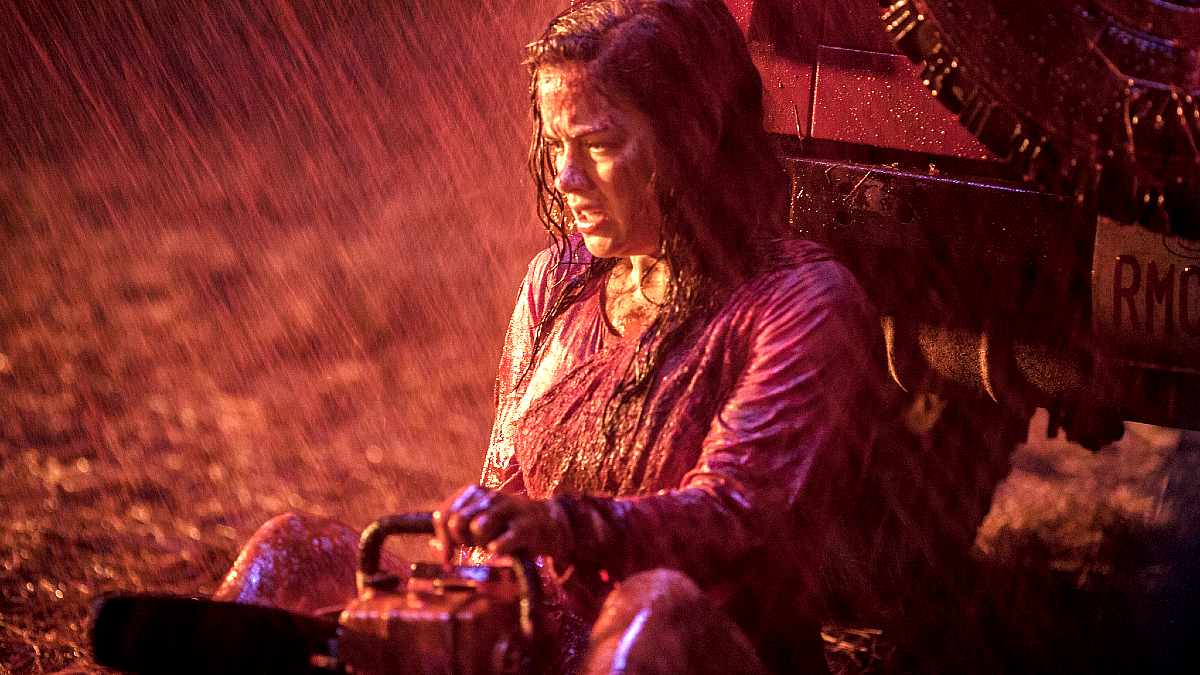
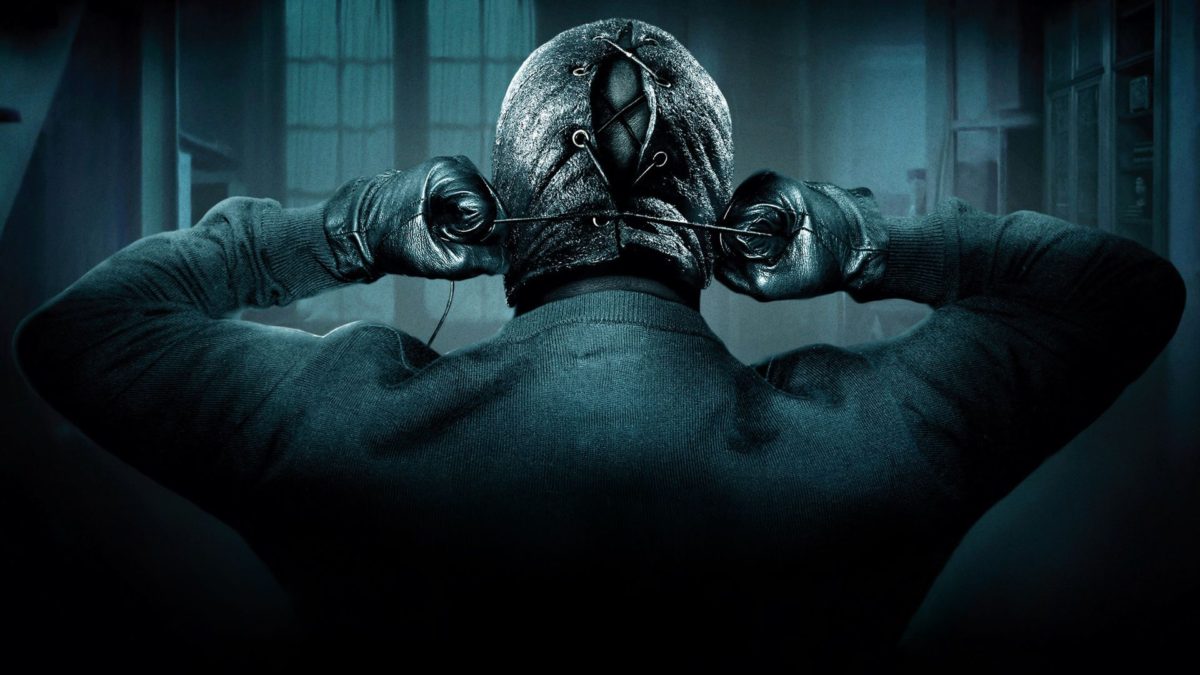

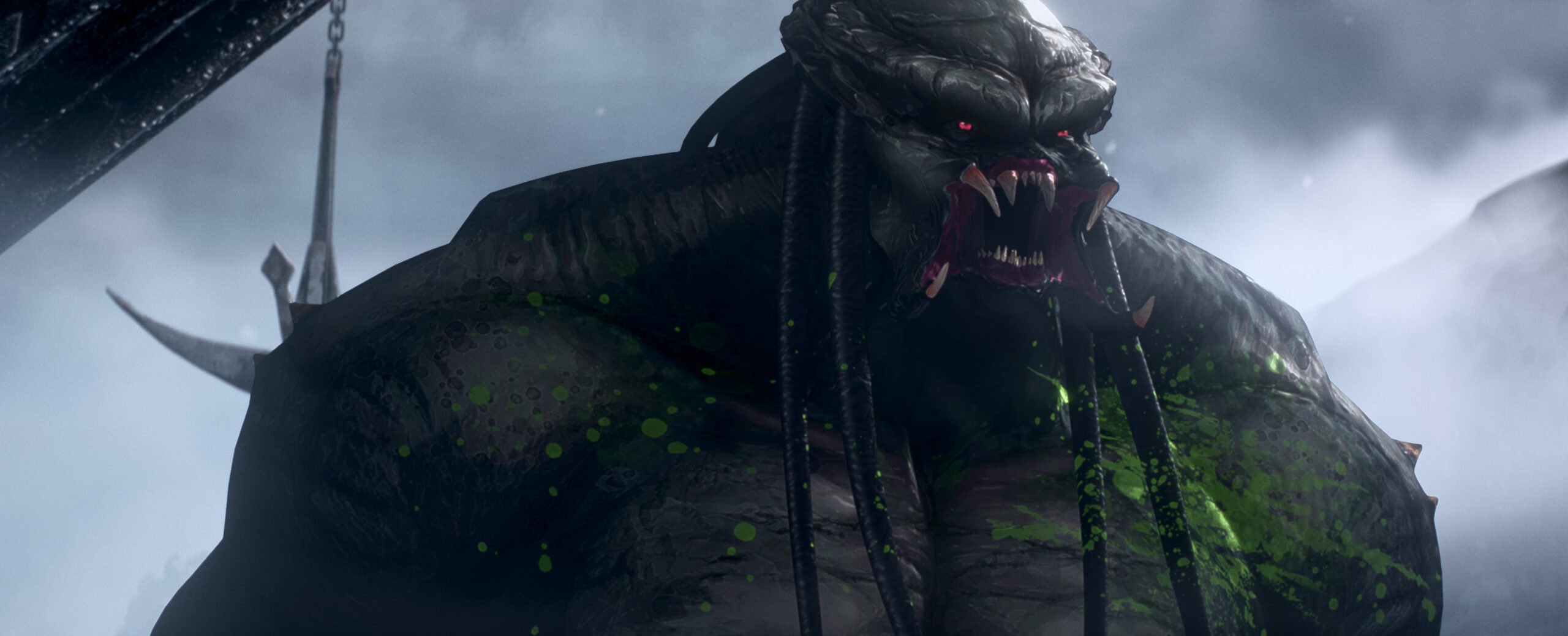


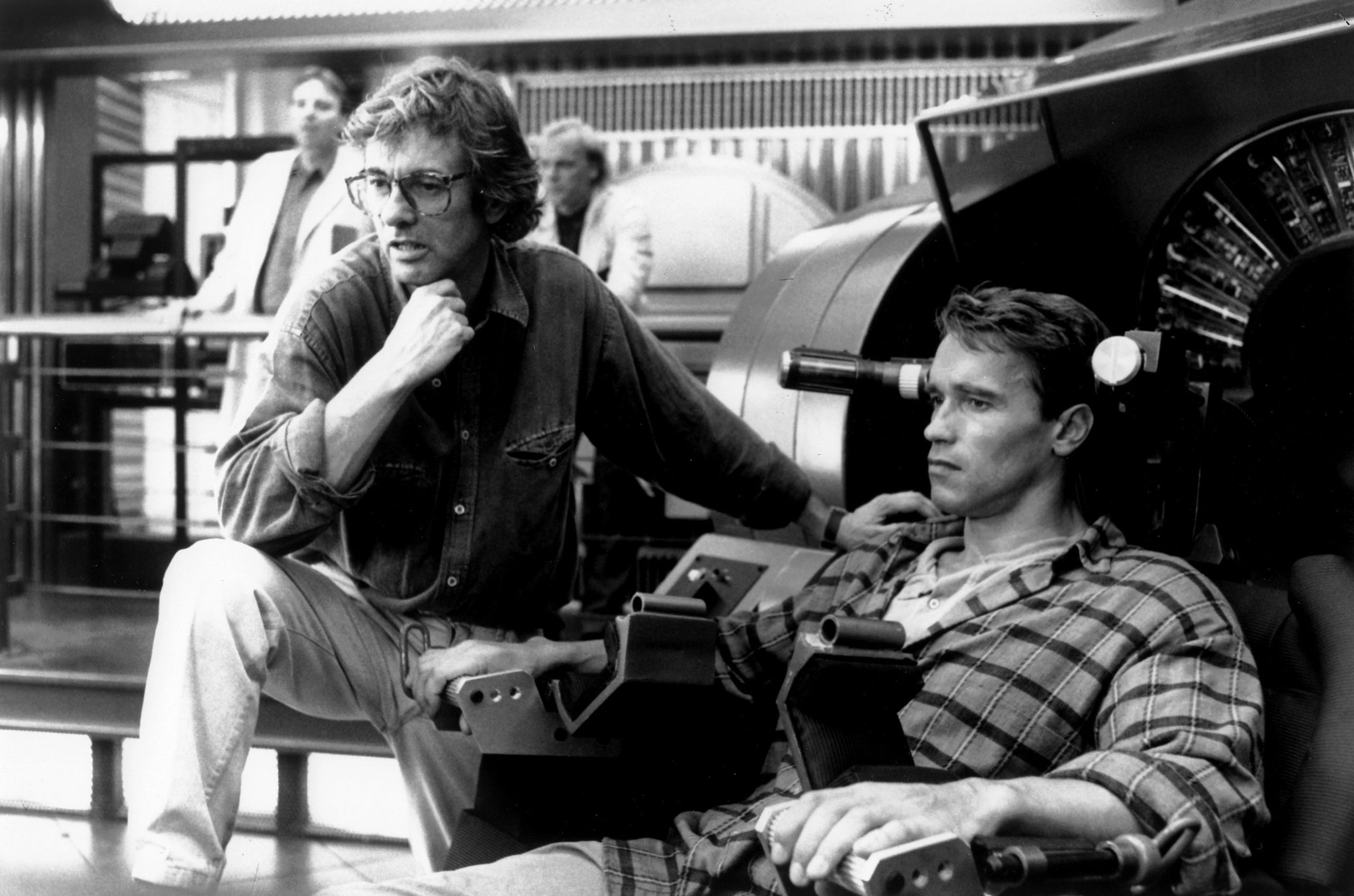








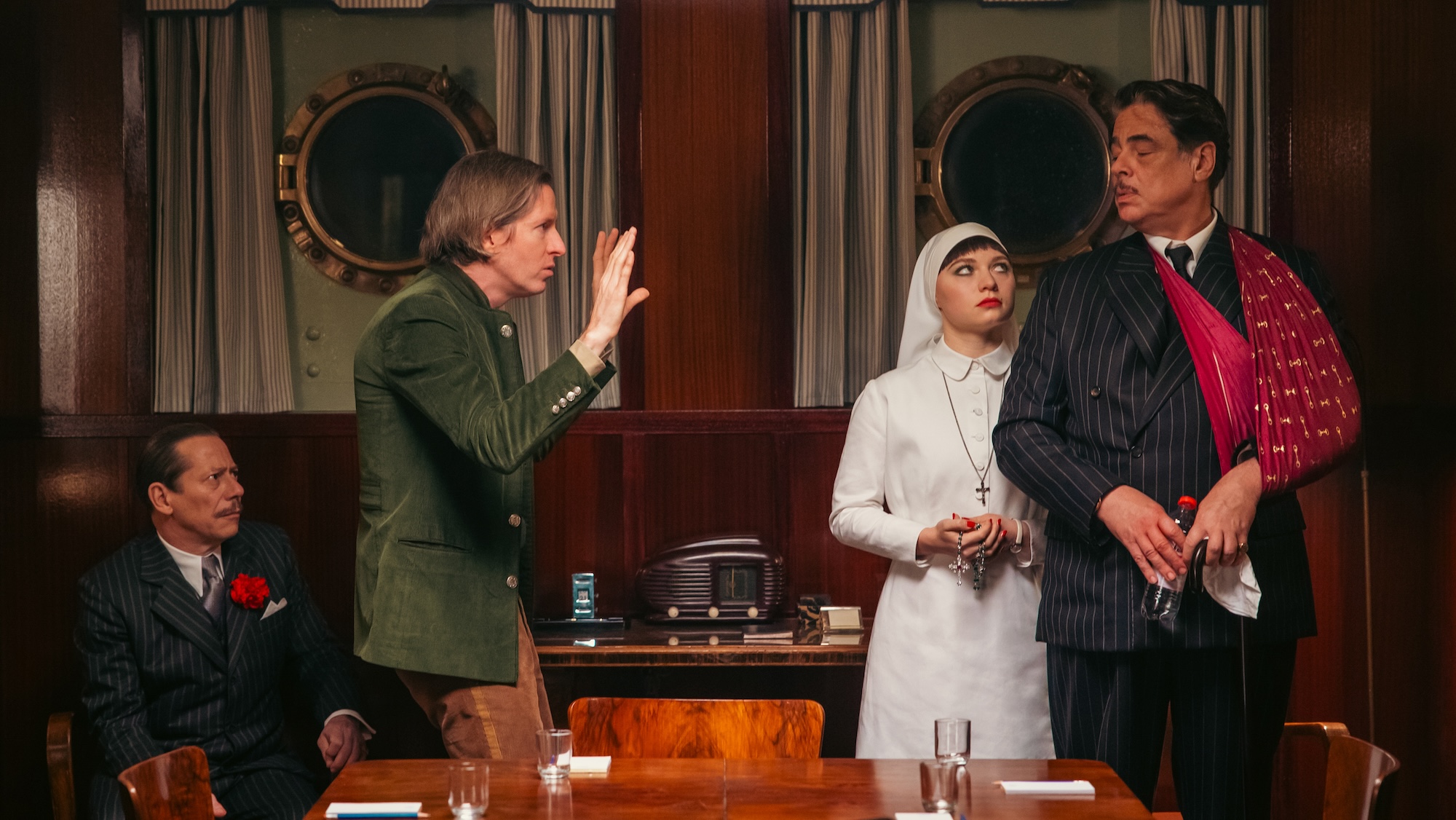







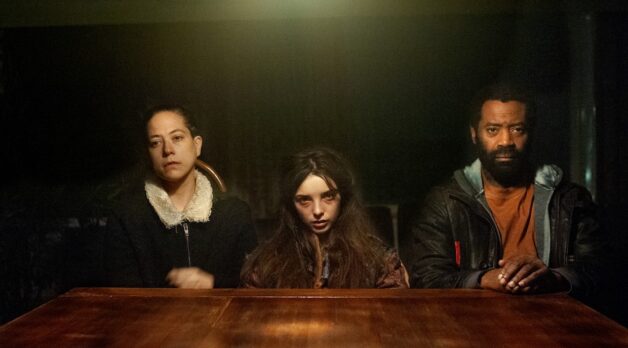
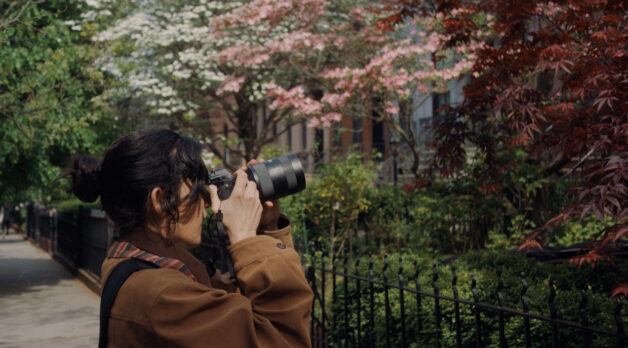
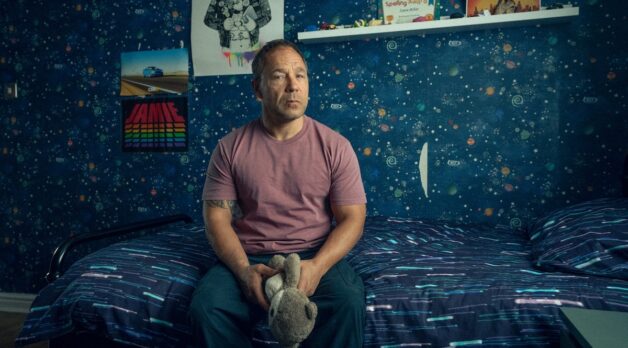
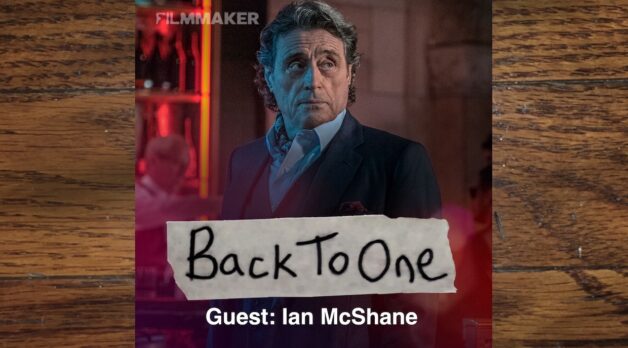





















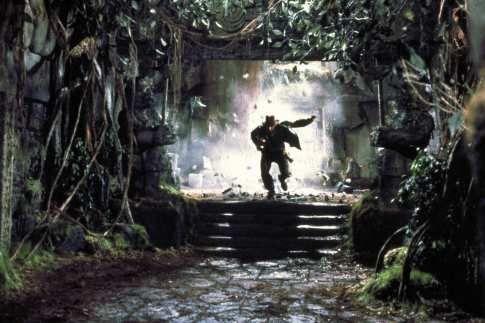
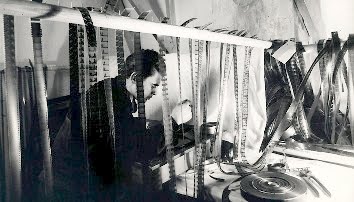
![The Sweet Cheat [THE PAST REGAINED]](https://jonathanrosenbaum.net/wp-content/uploads/2011/05/timeregained-womanonstairs.png)

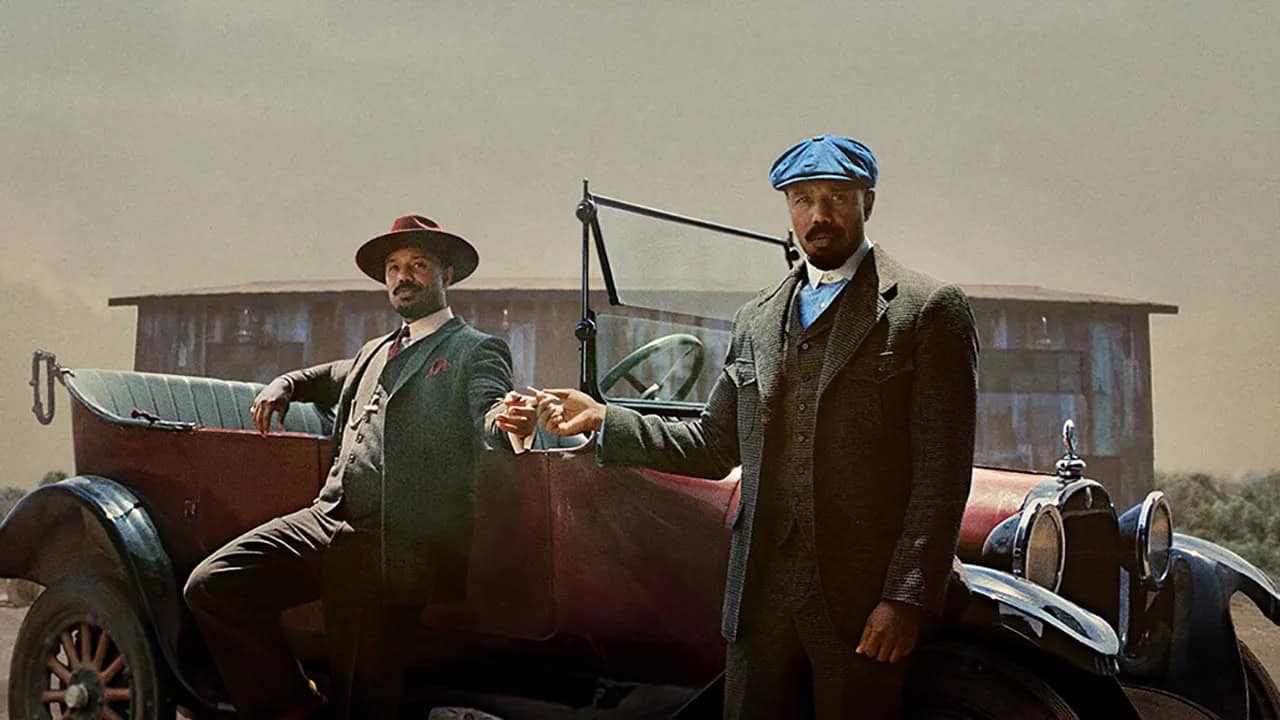

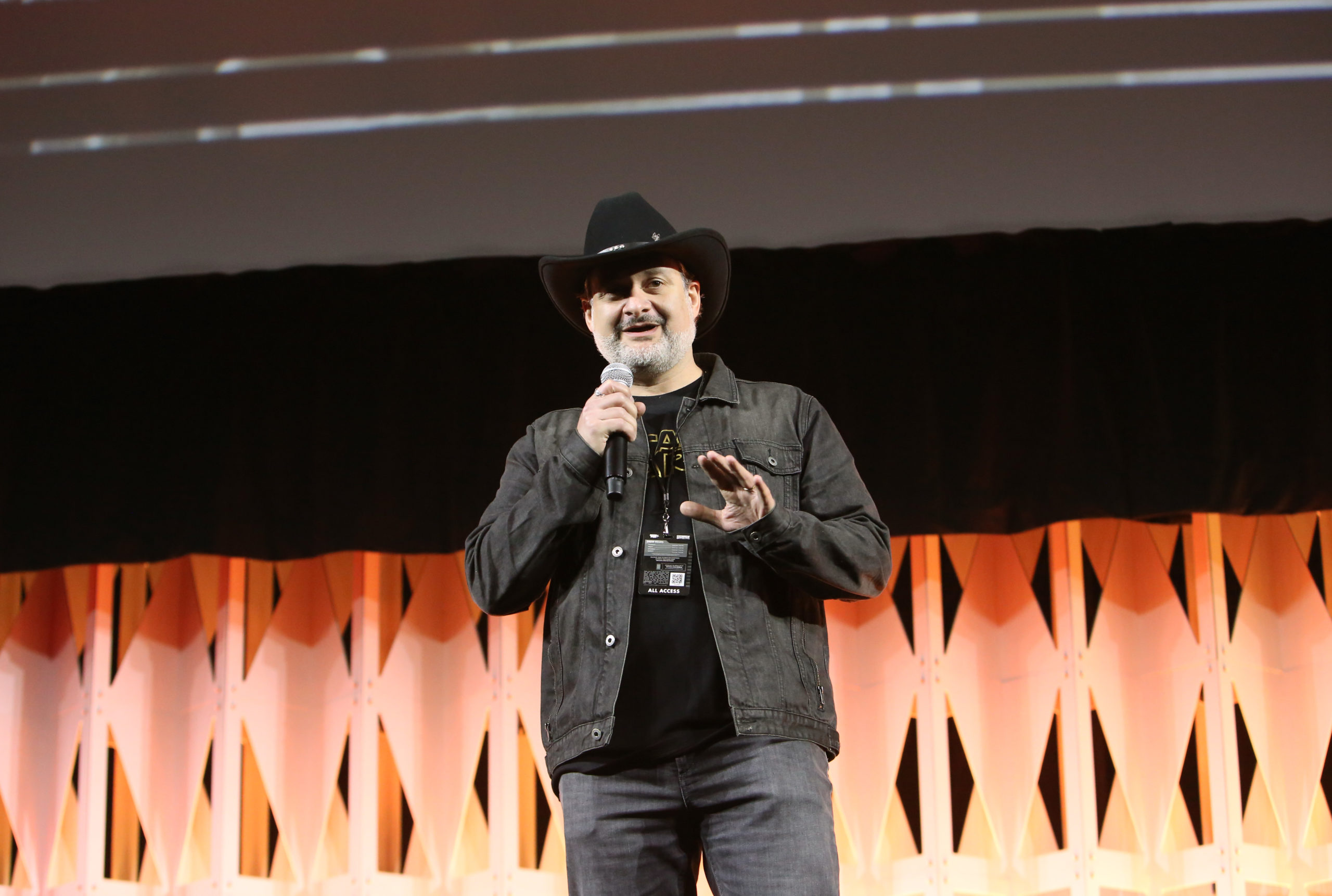



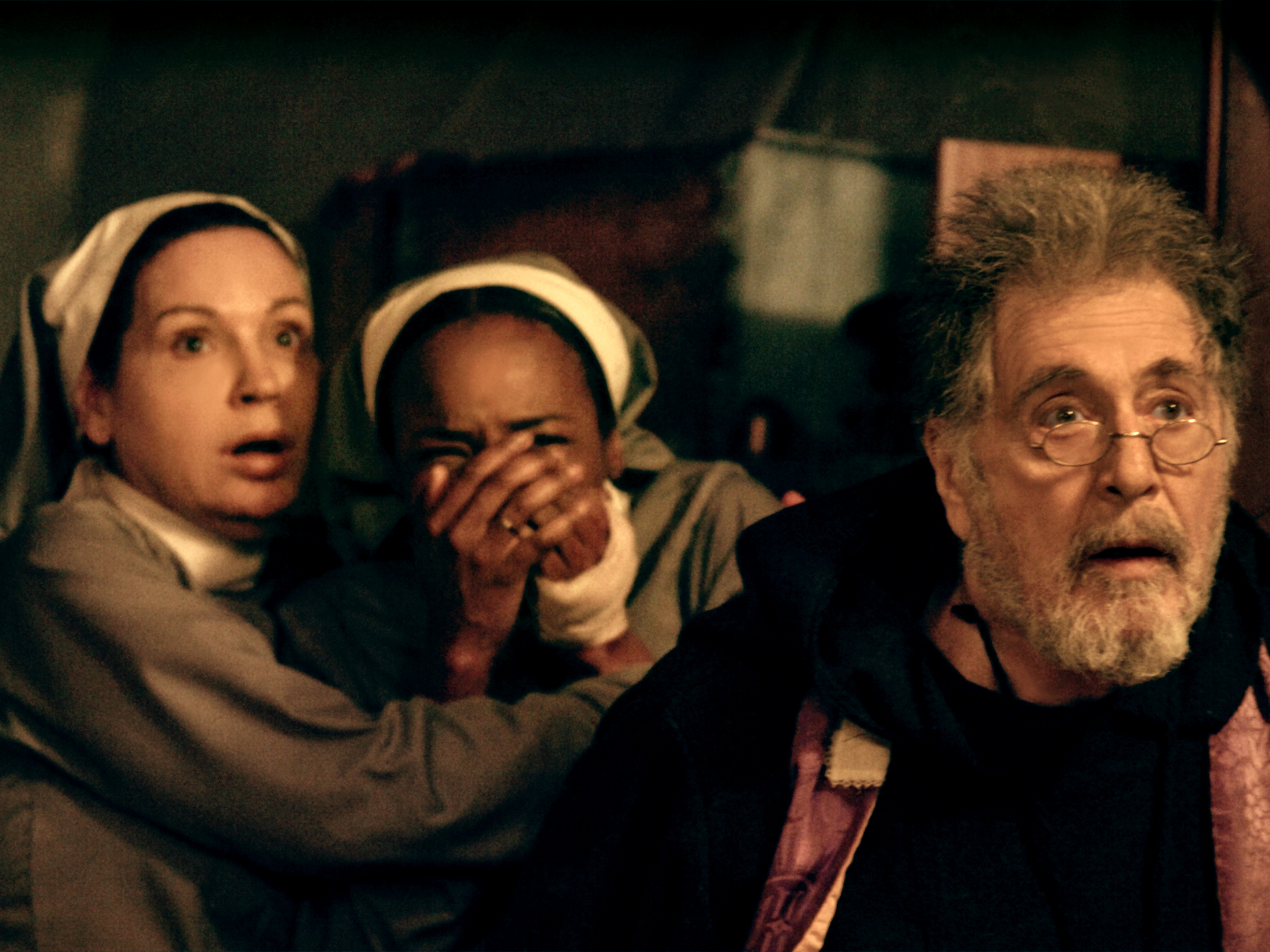








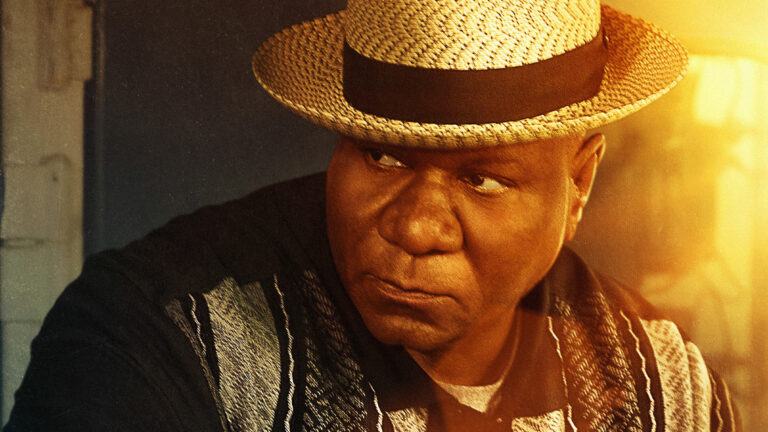
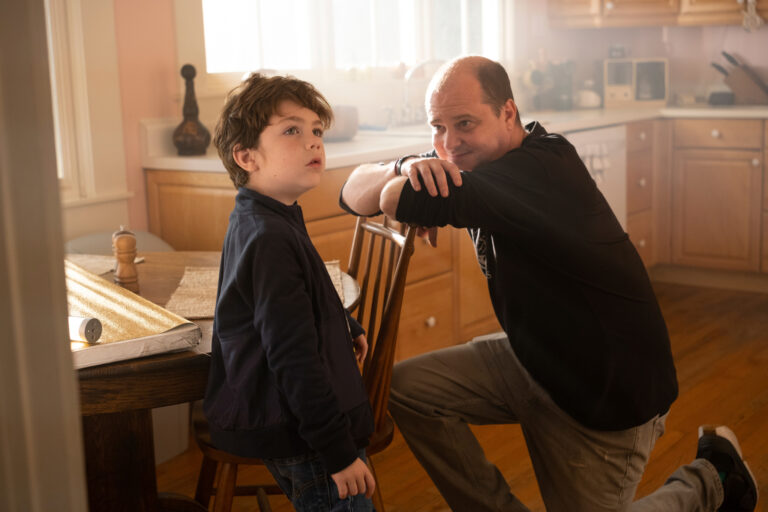
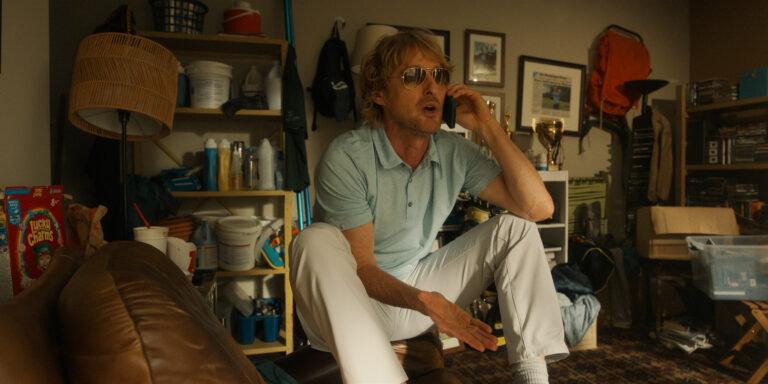
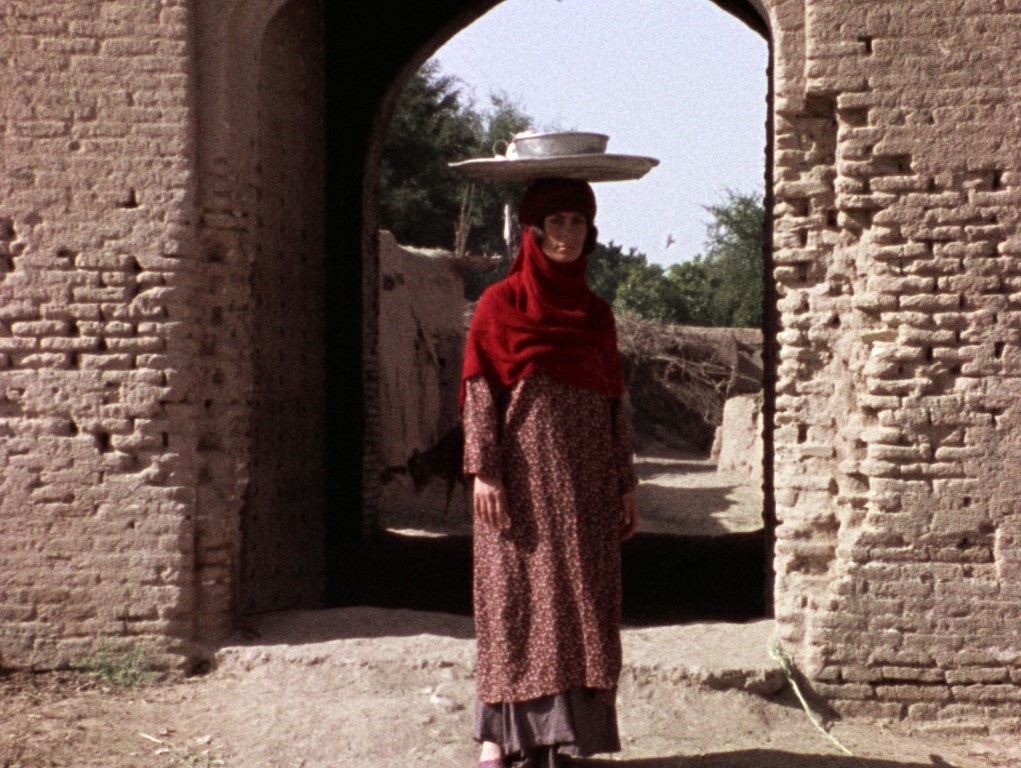
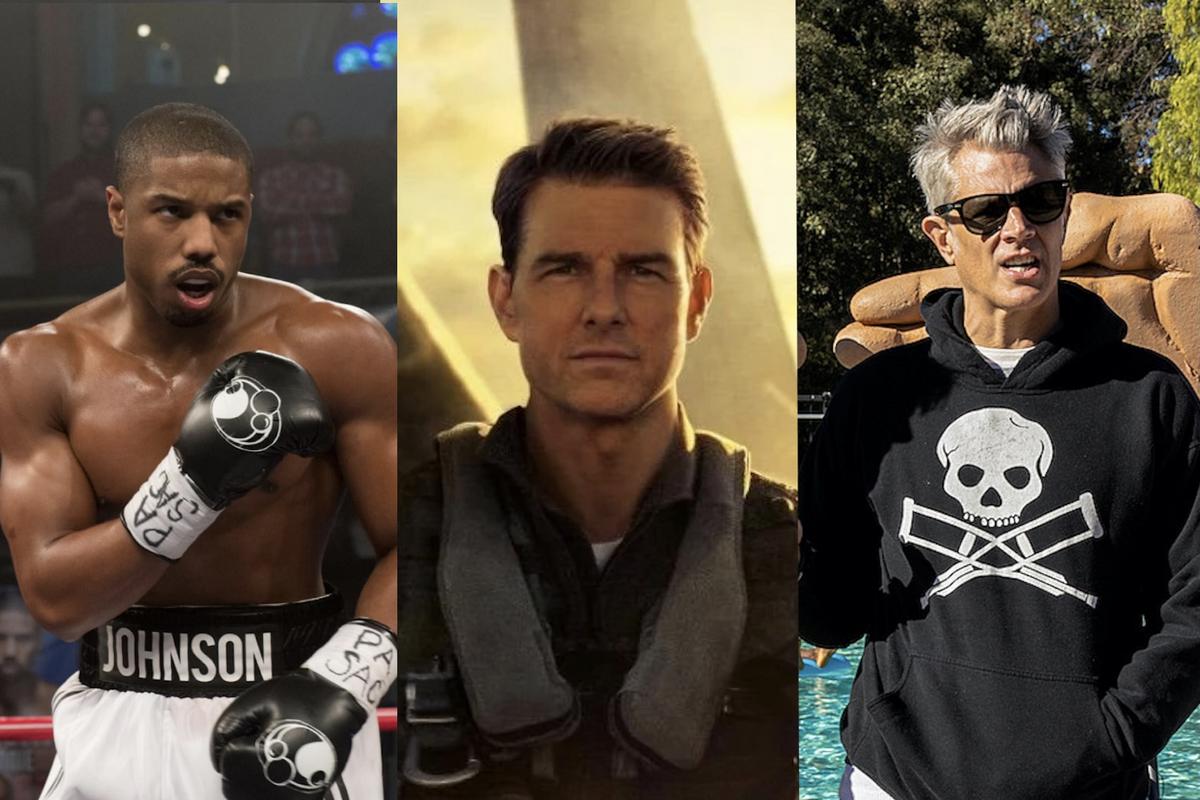




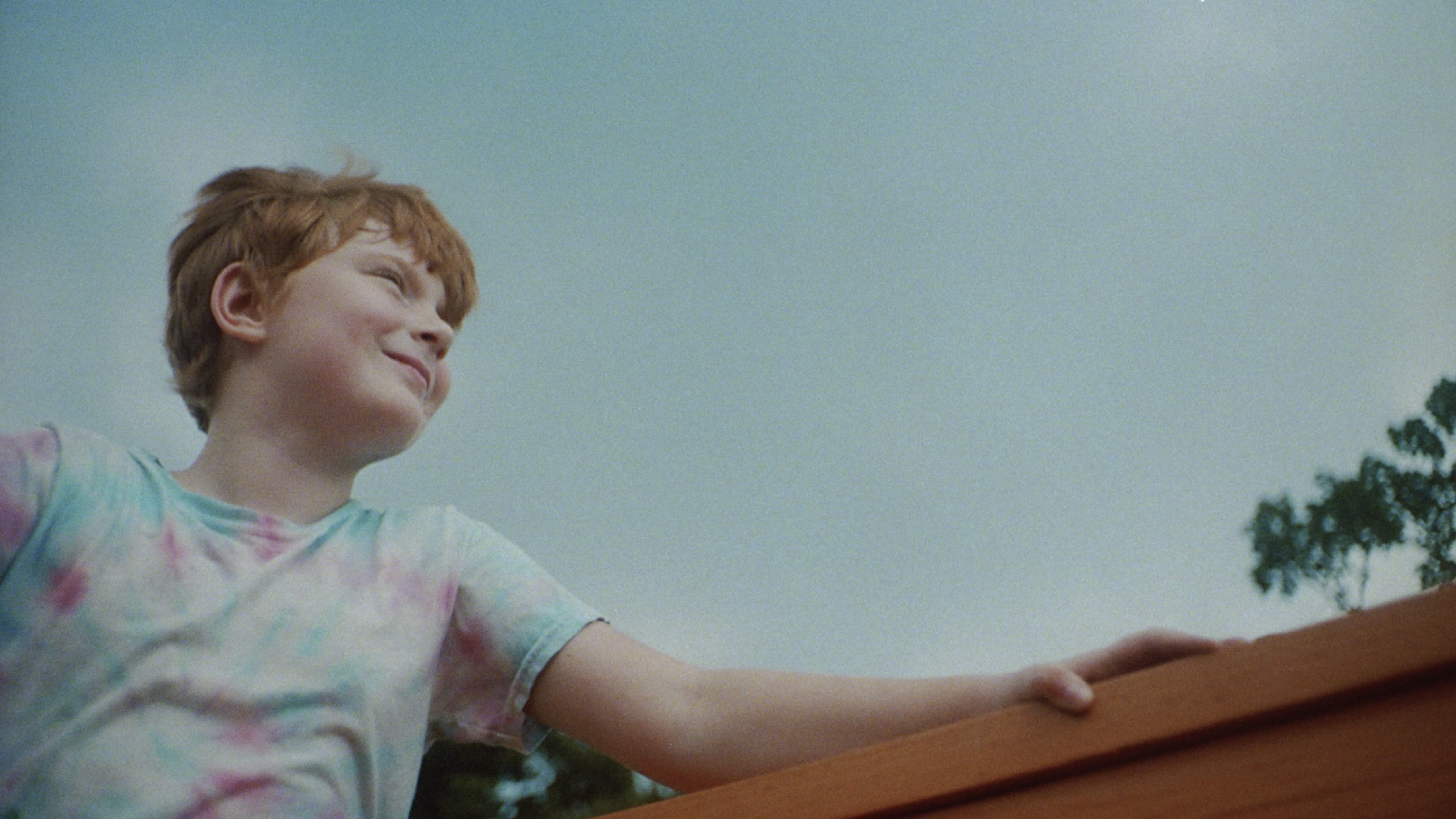
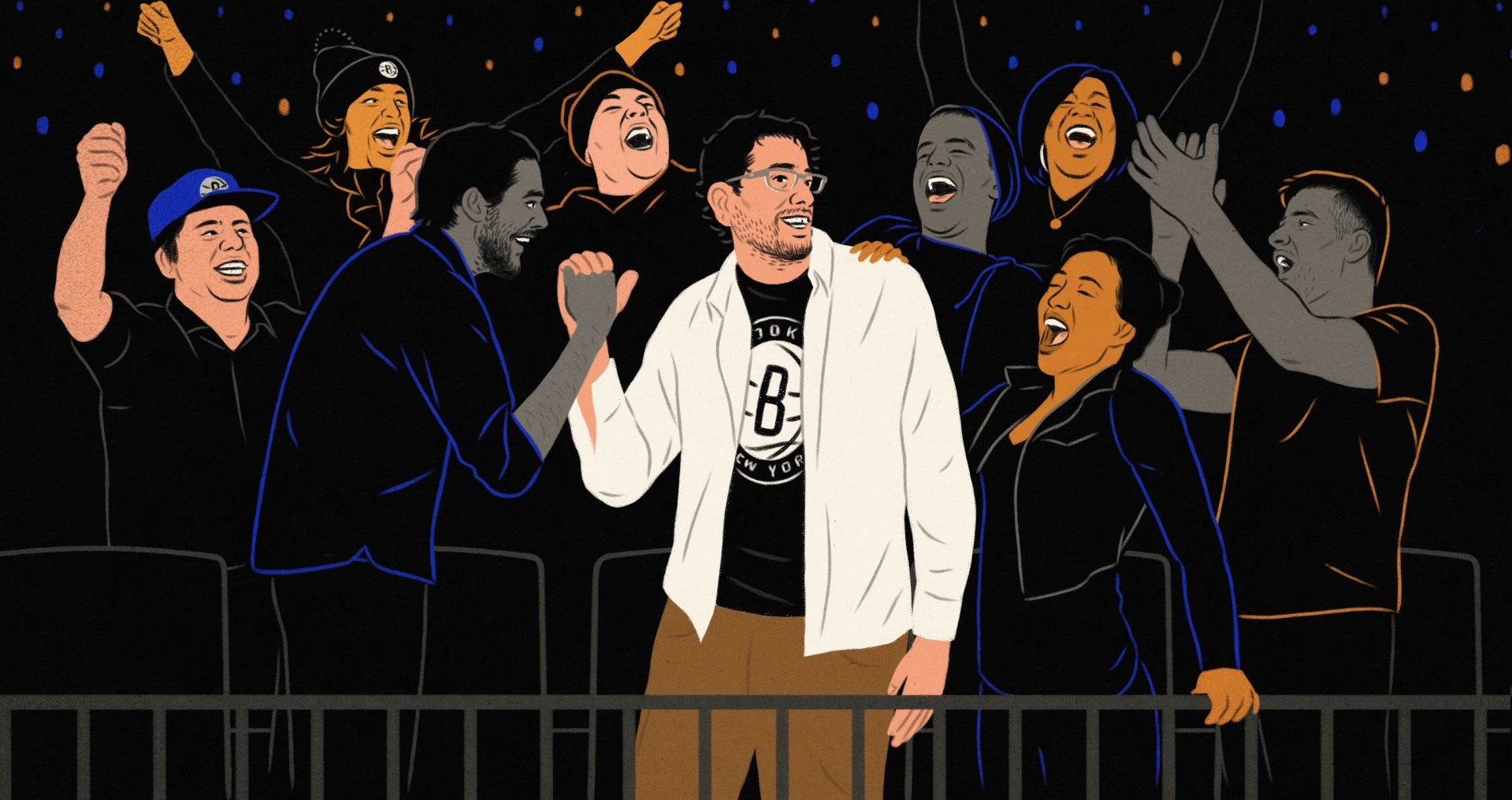

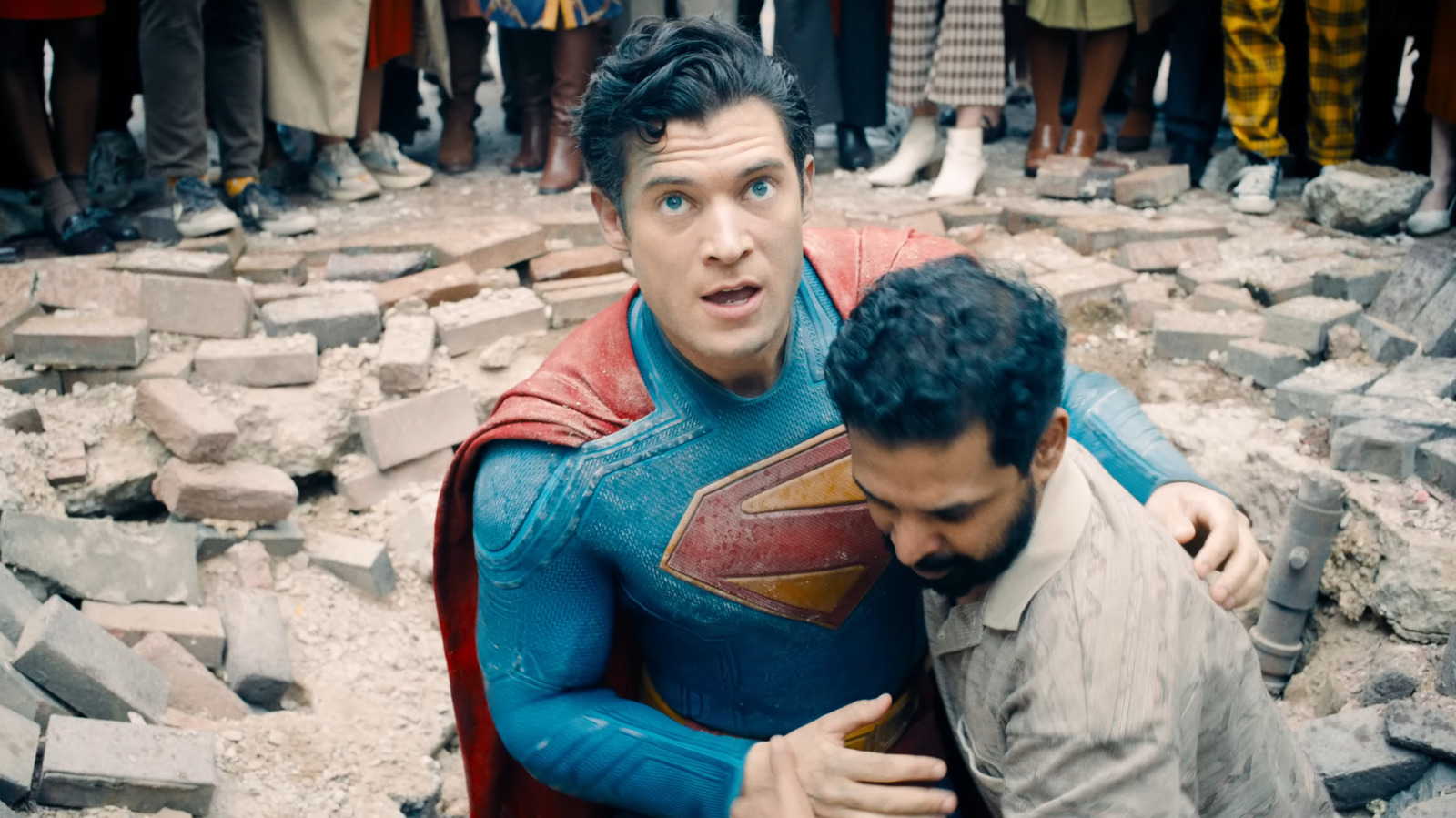
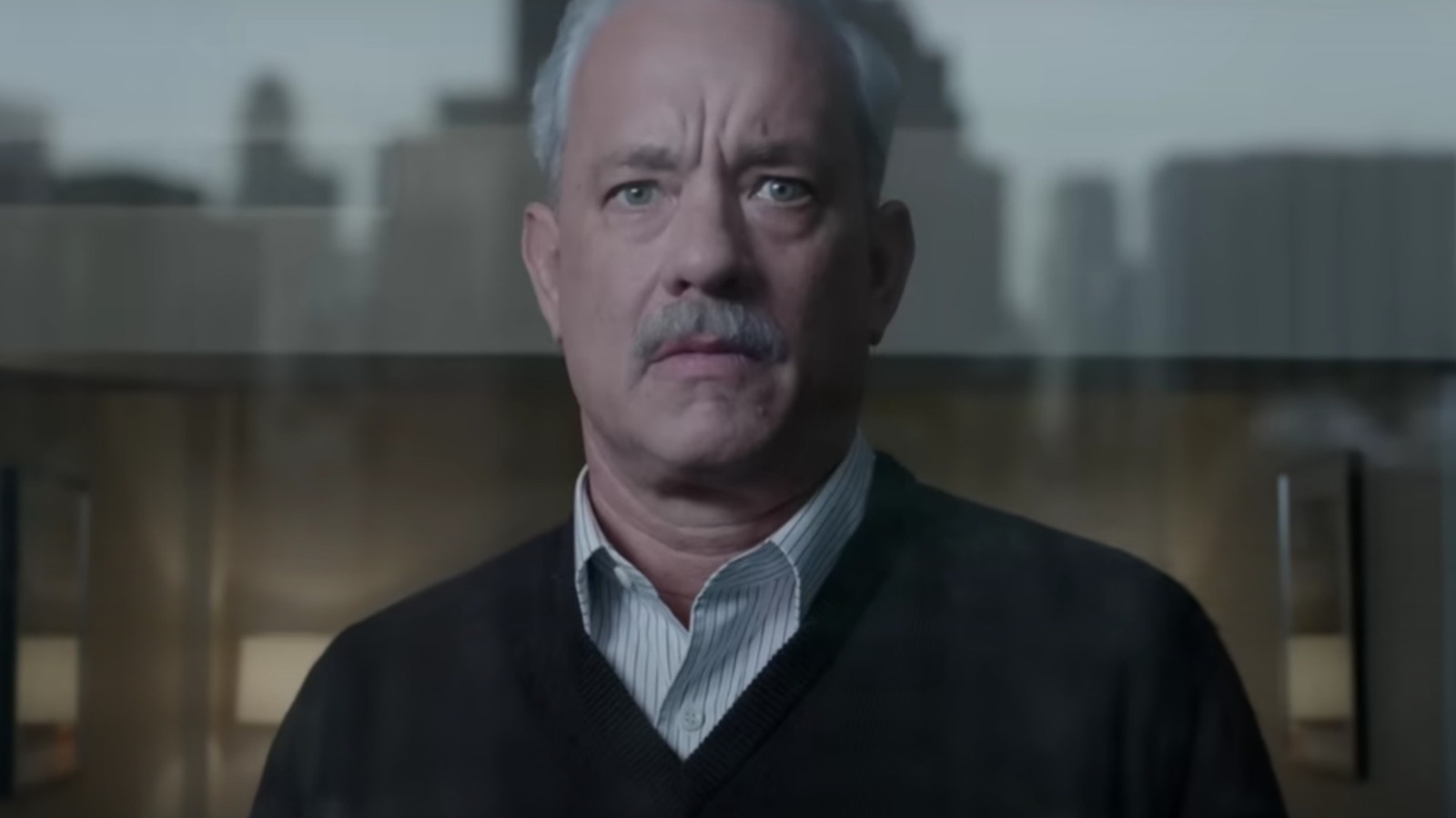
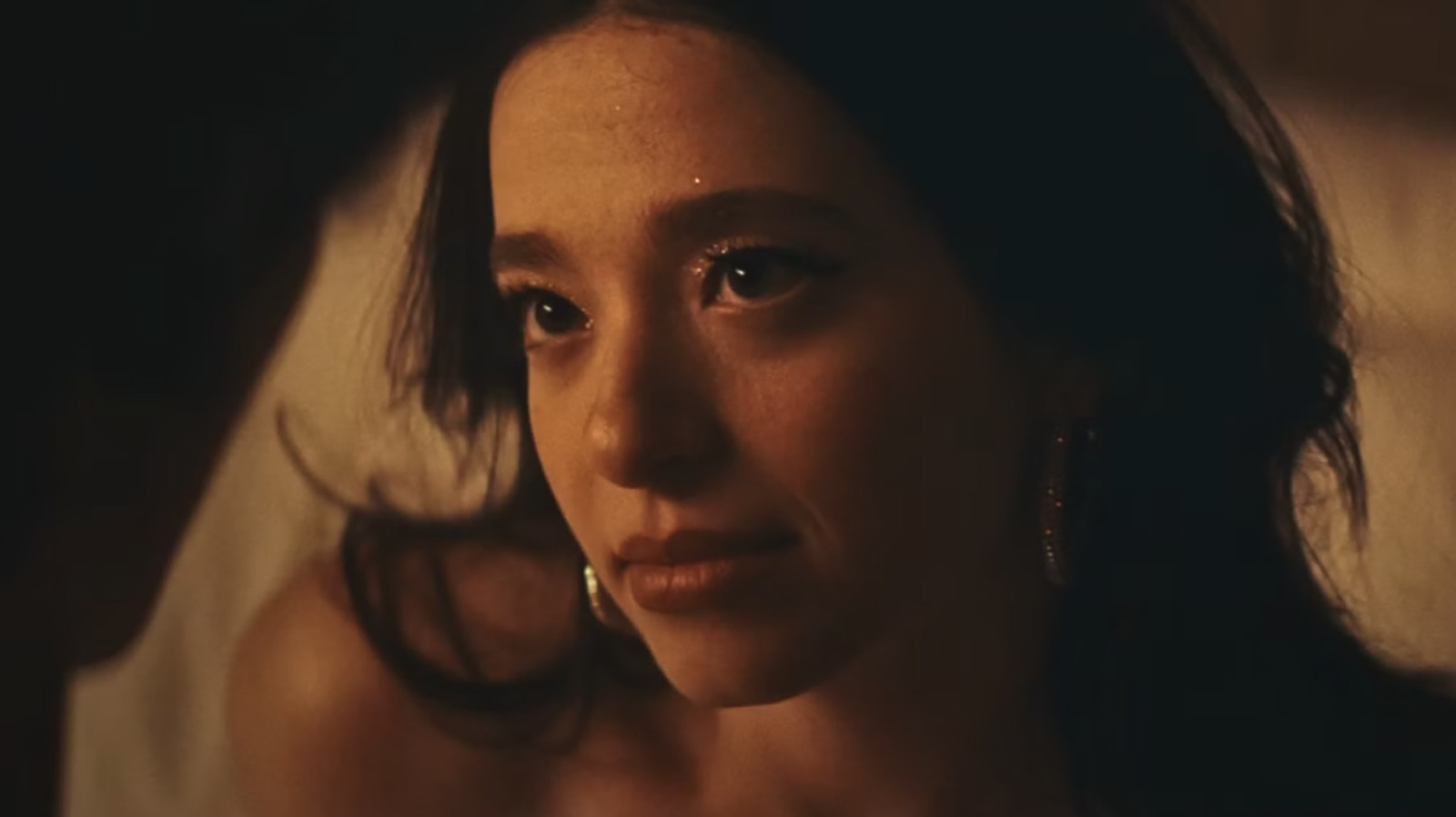
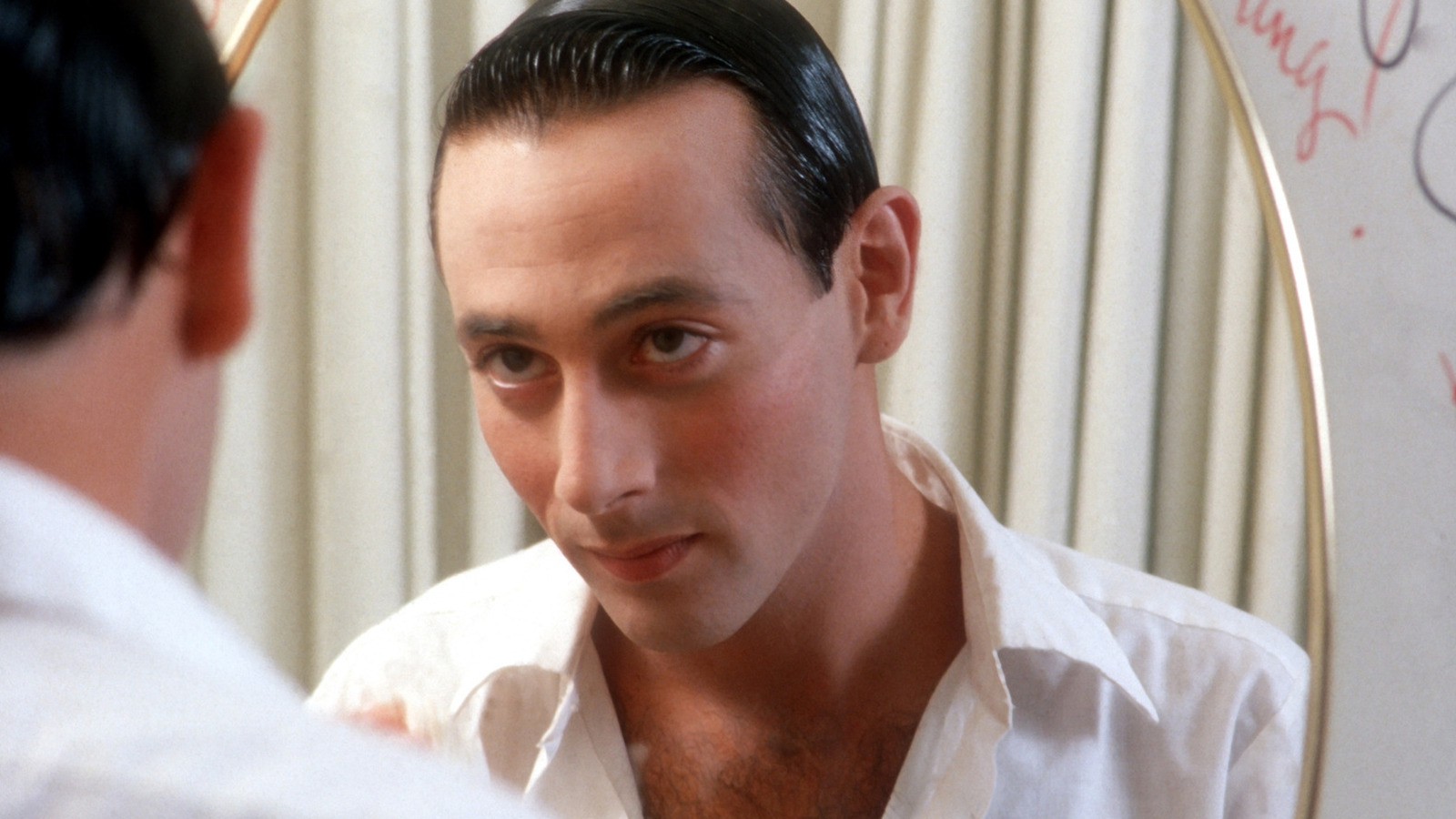



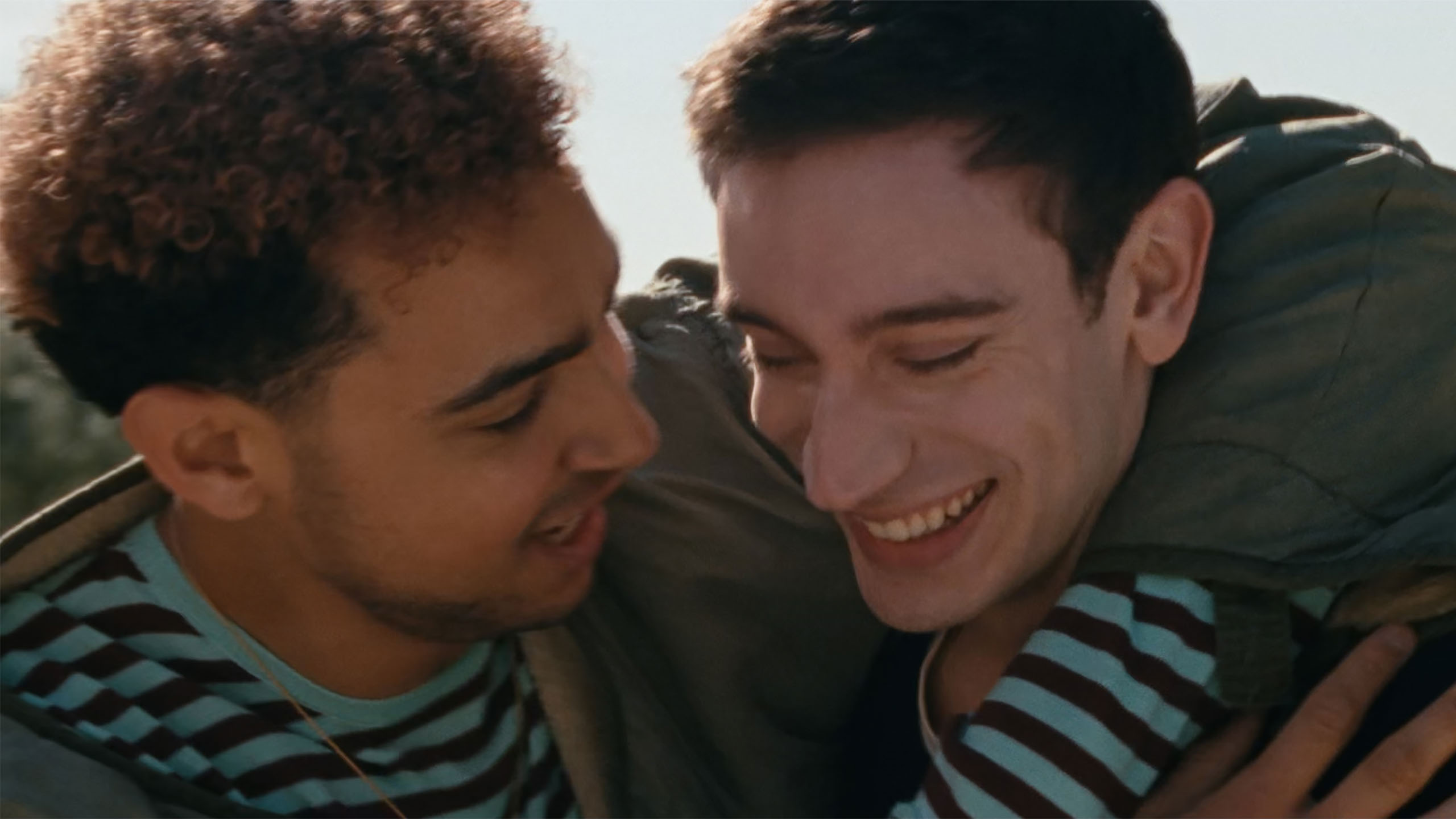


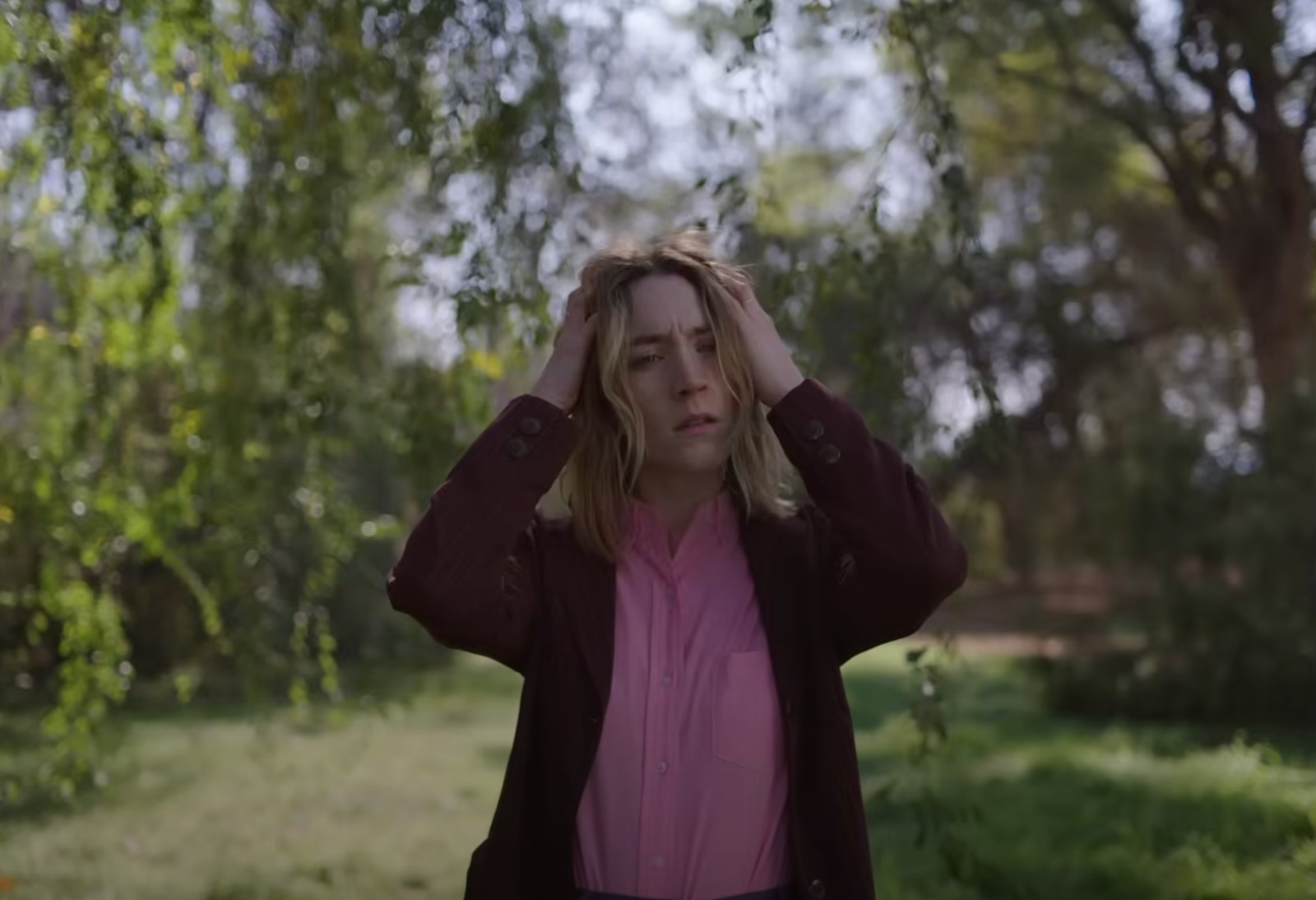


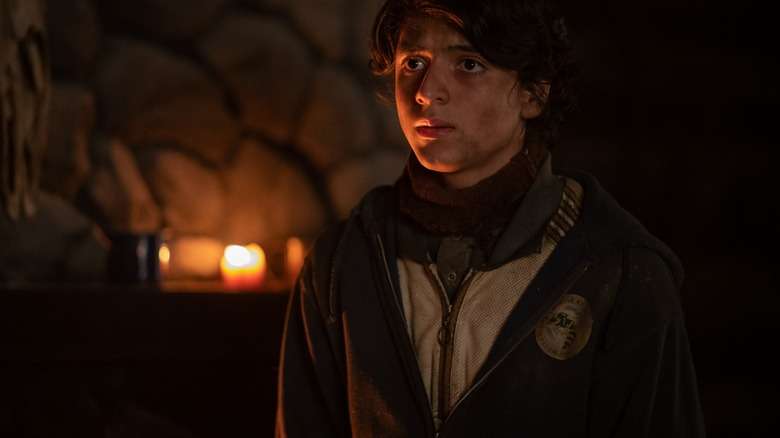

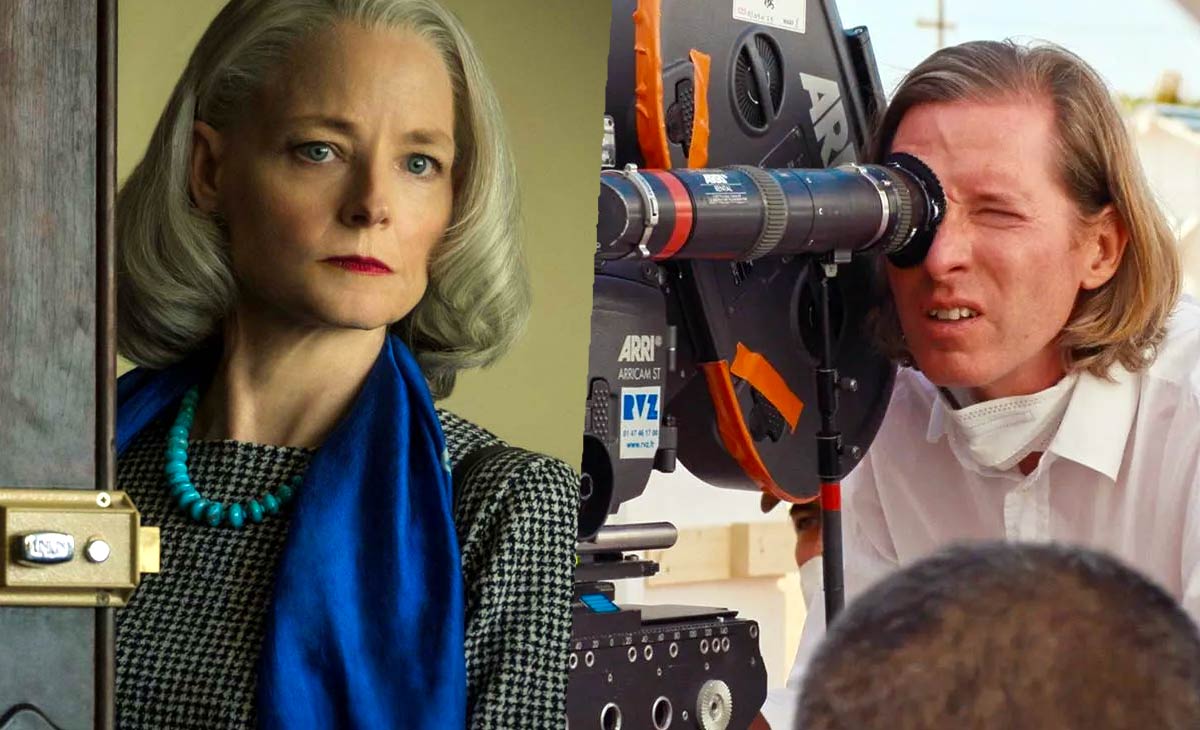
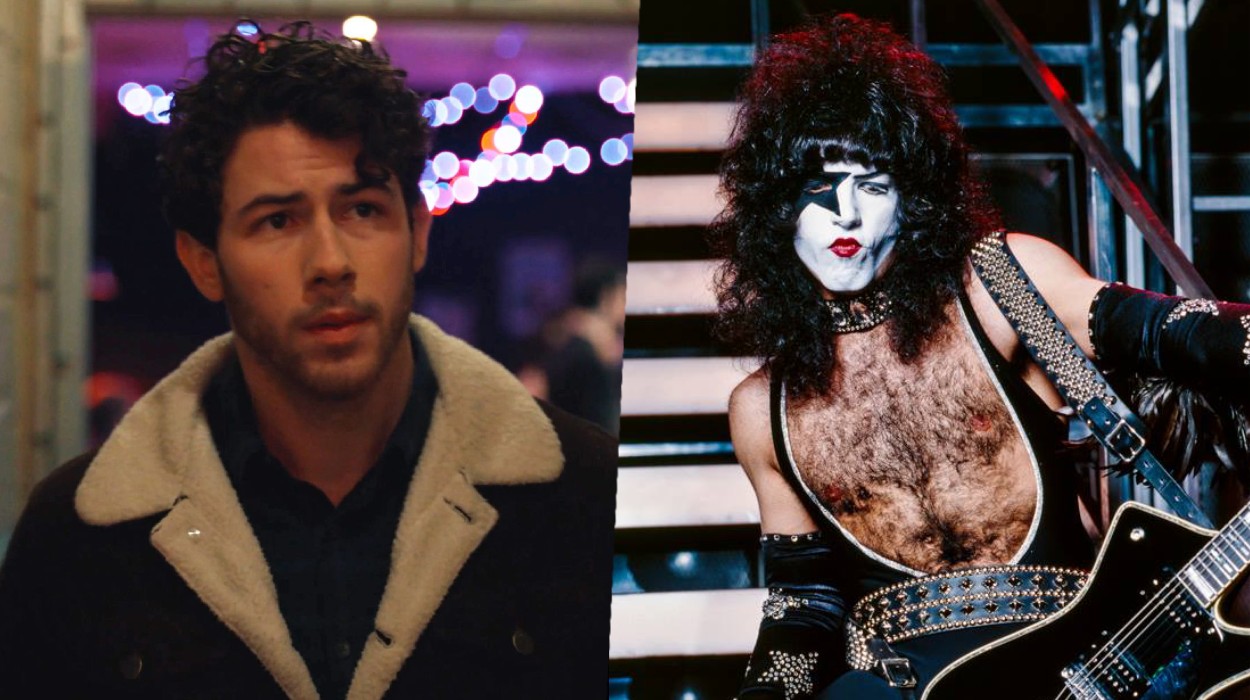
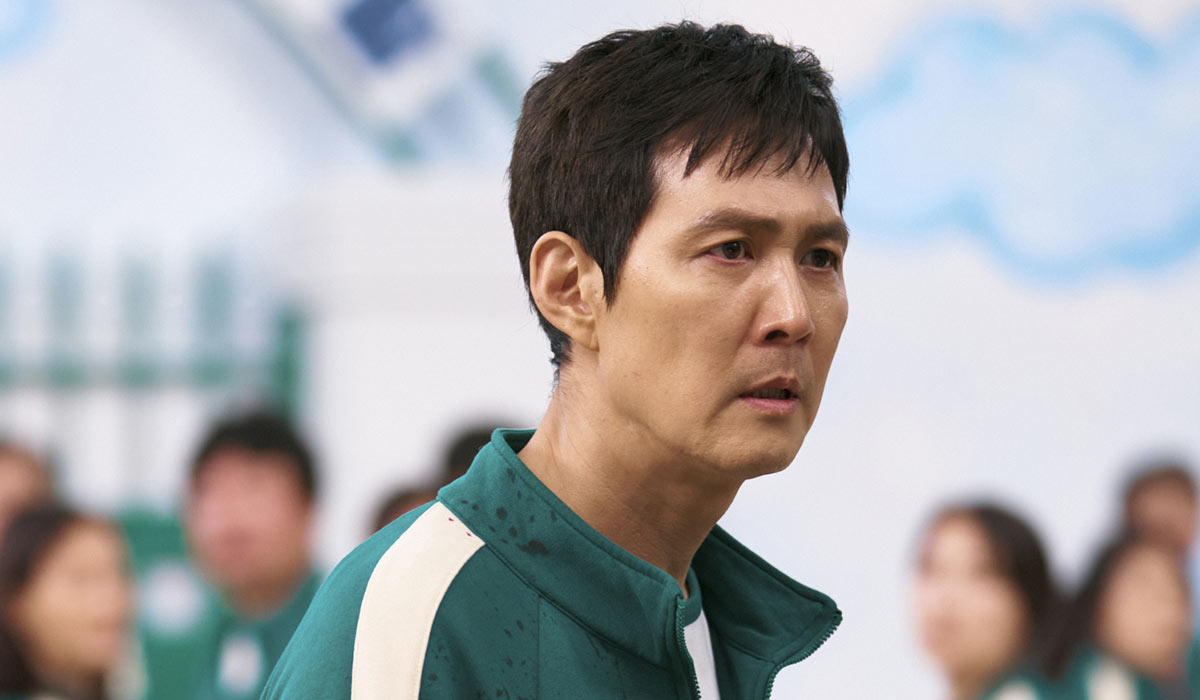







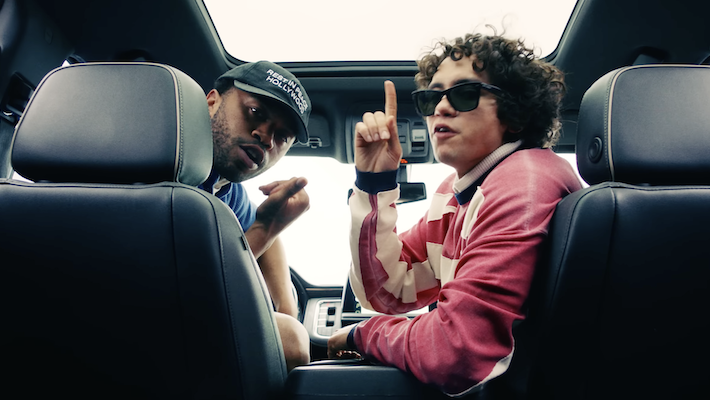
















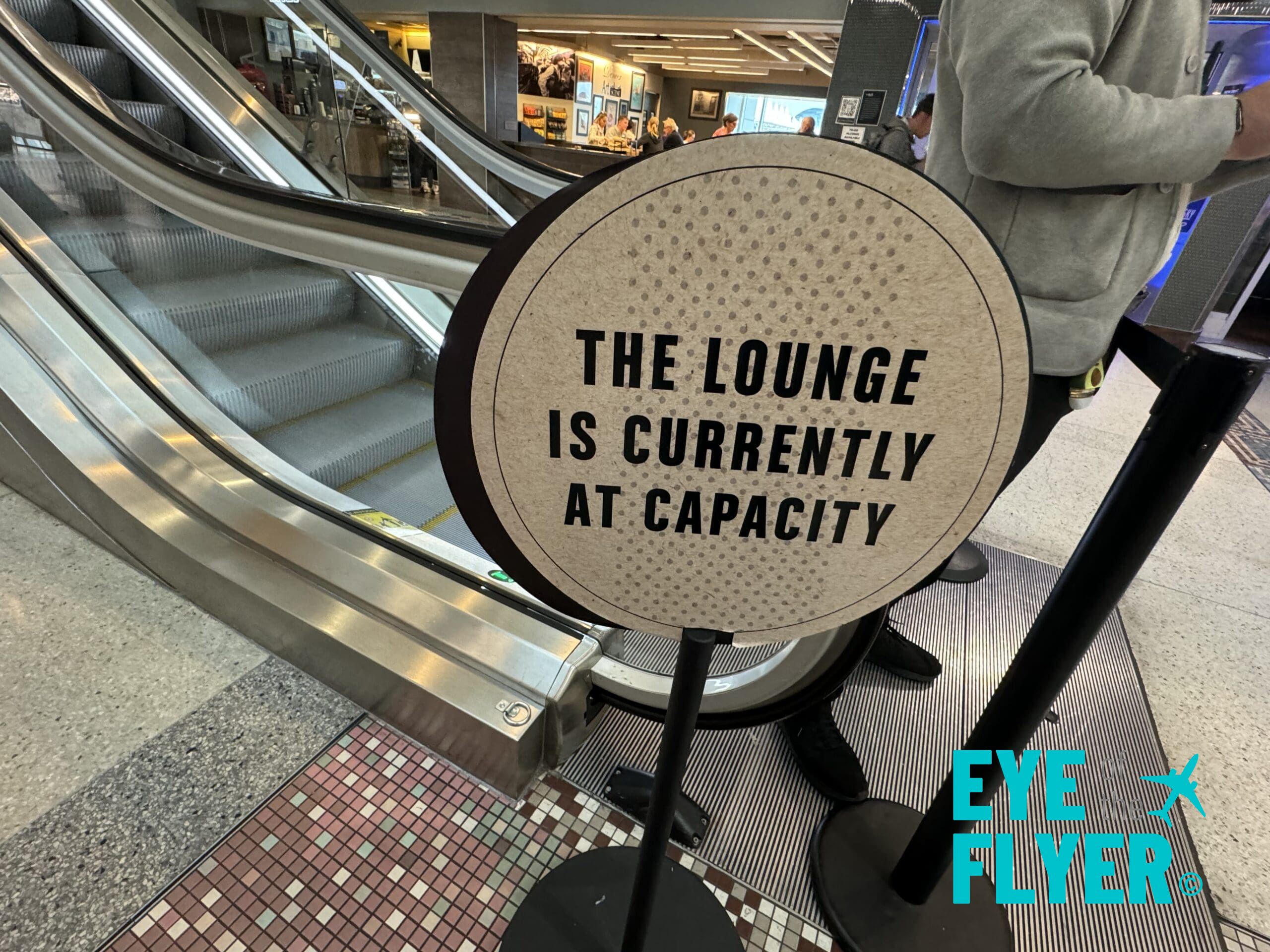








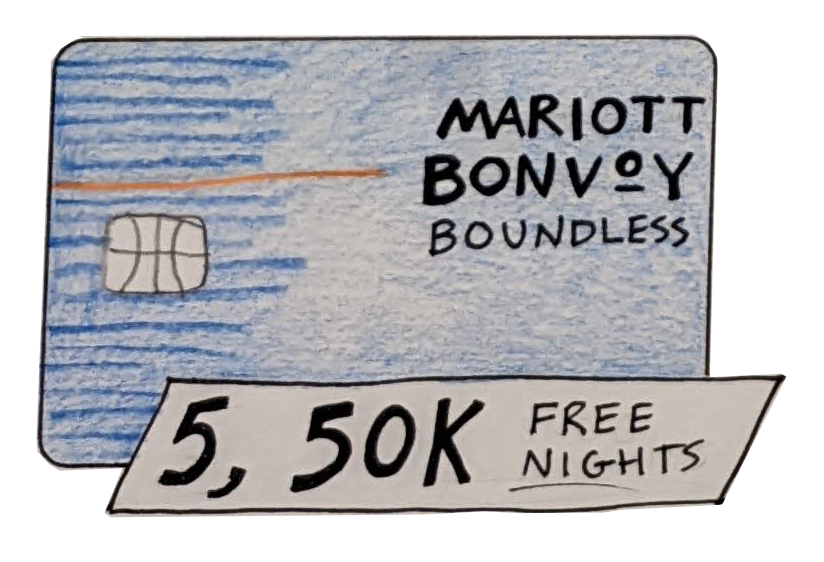






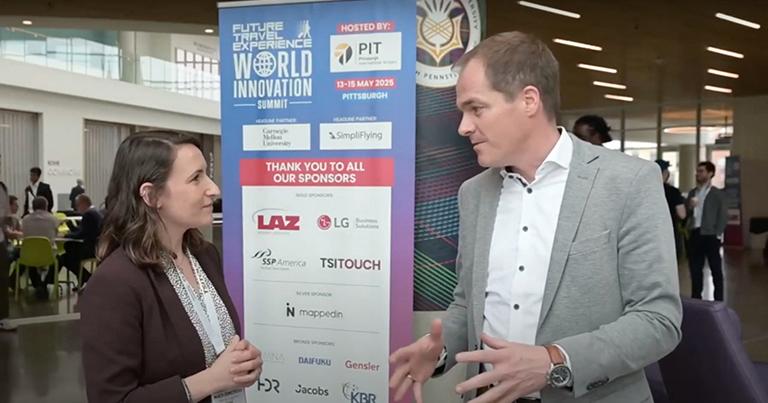














































































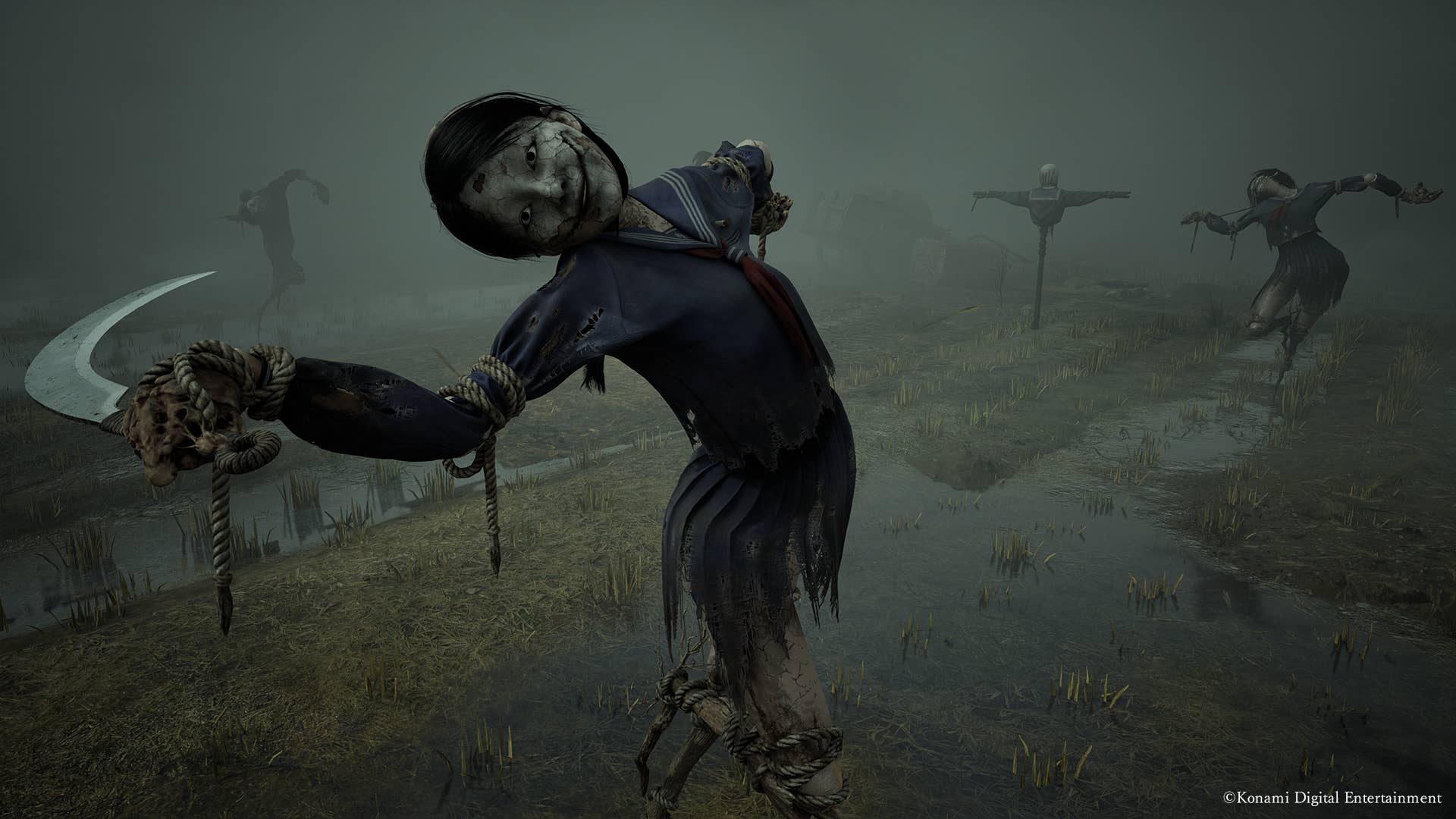
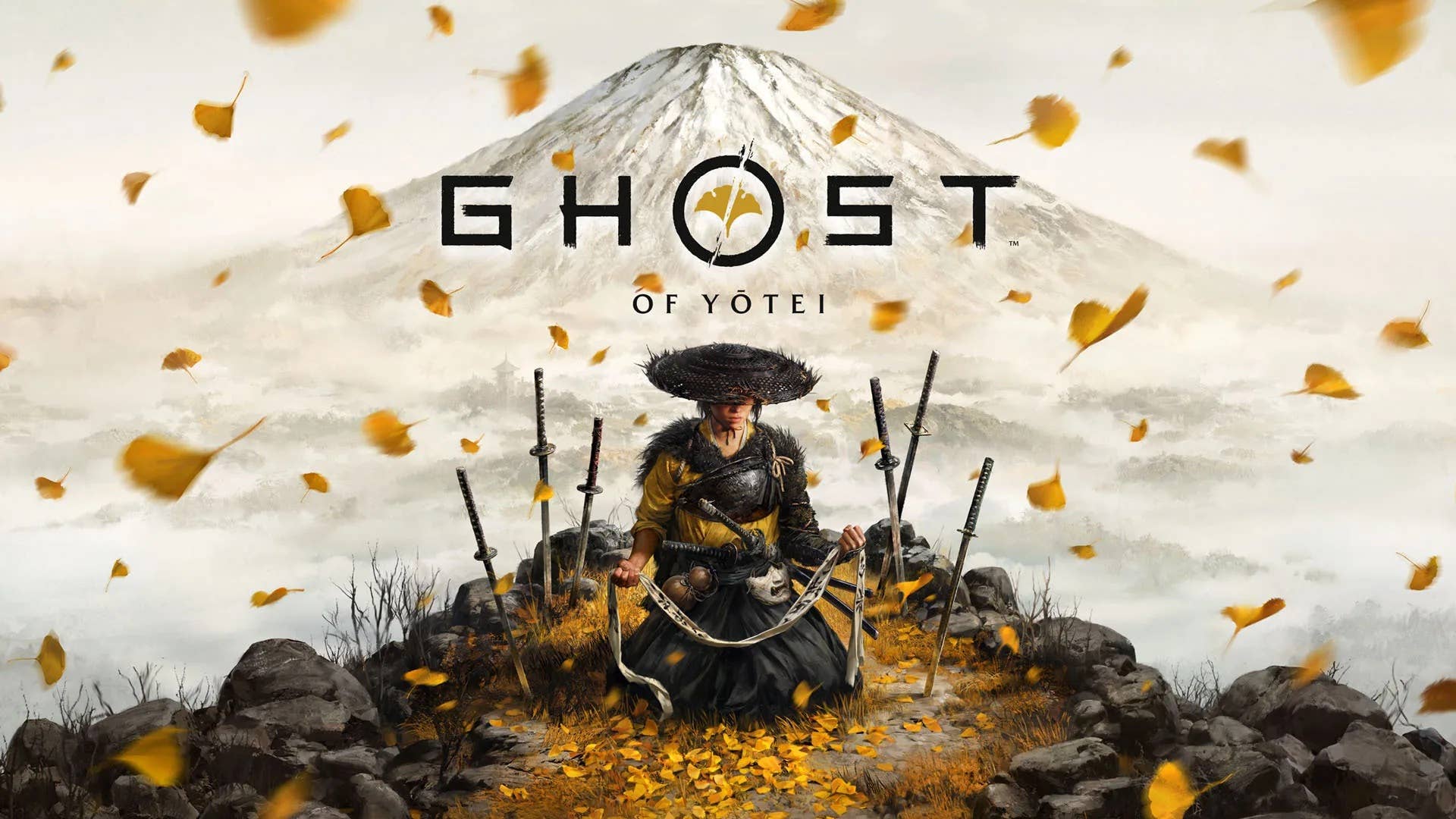






-0-8-screenshot.png?width=1920&height=1920&fit=bounds&quality=70&format=jpg&auto=webp#)
.jpg?width=1920&height=1920&fit=bounds&quality=70&format=jpg&auto=webp#)

